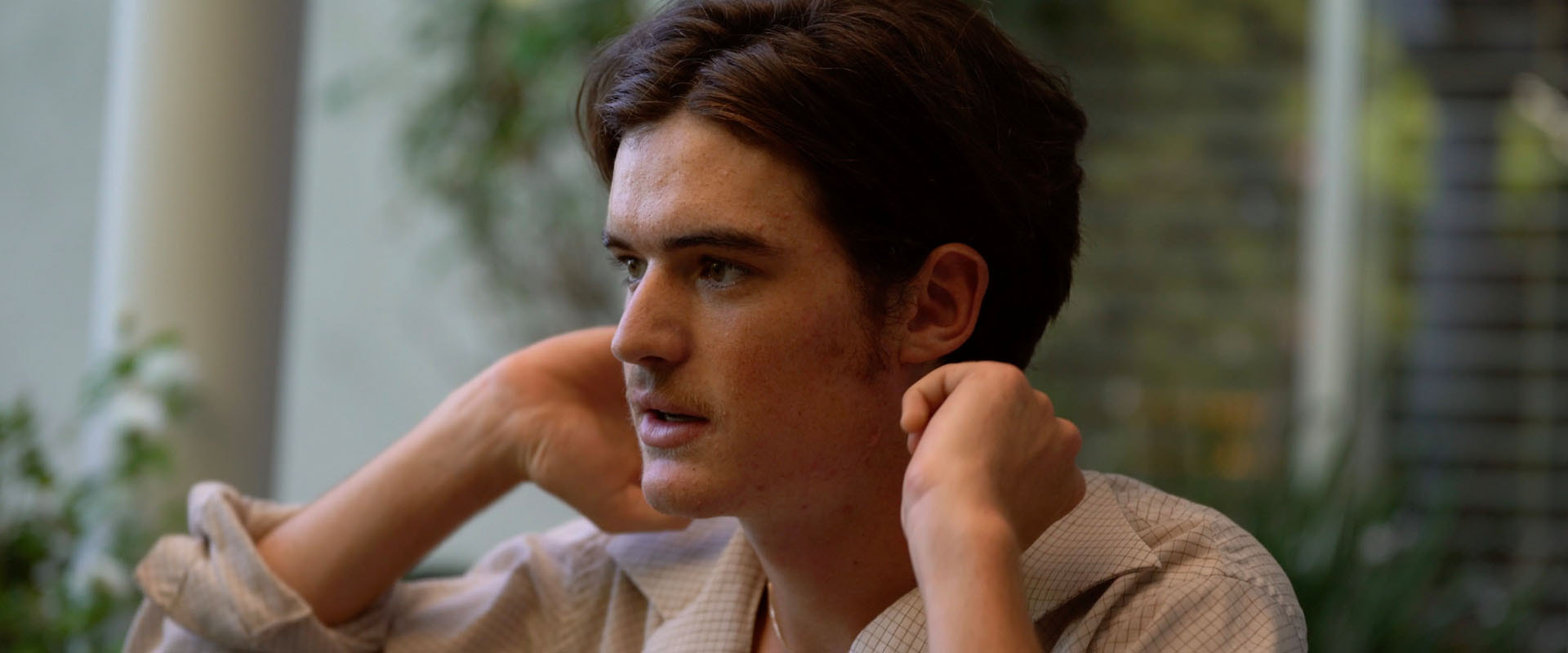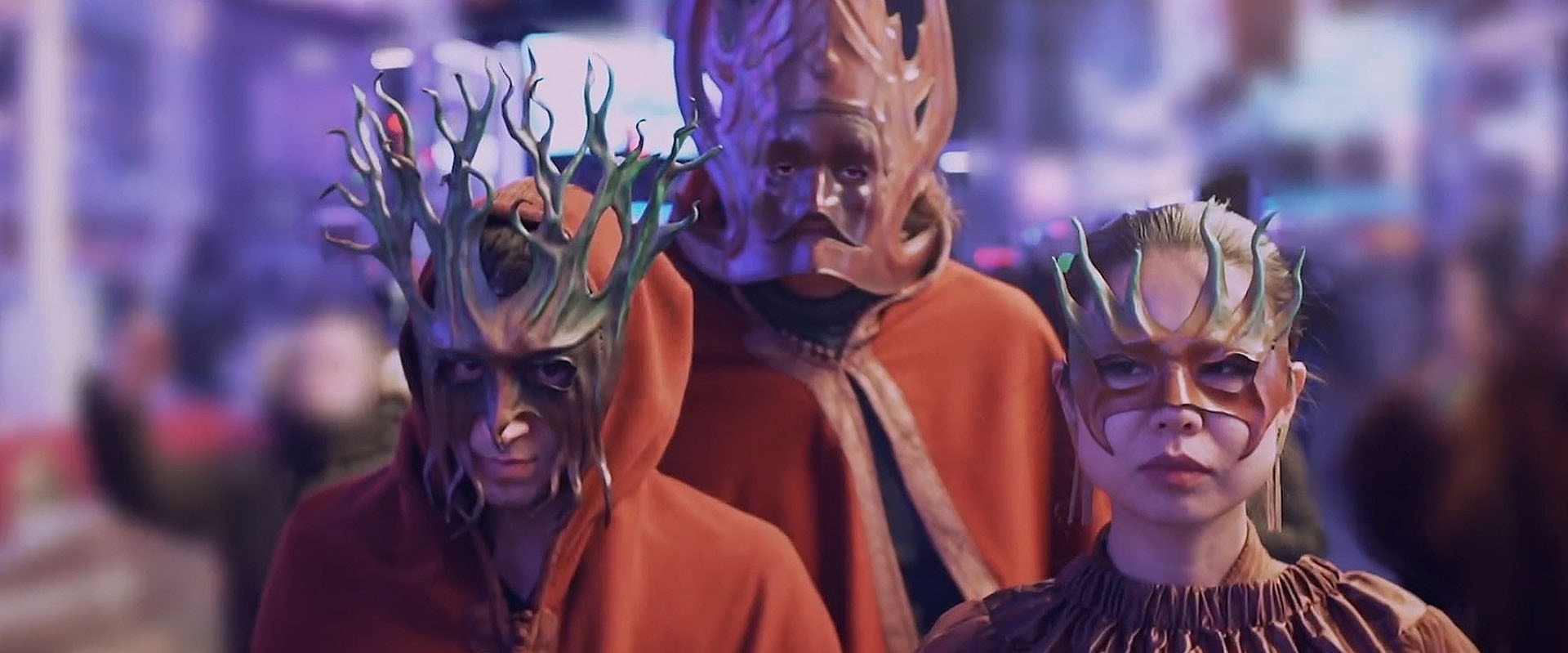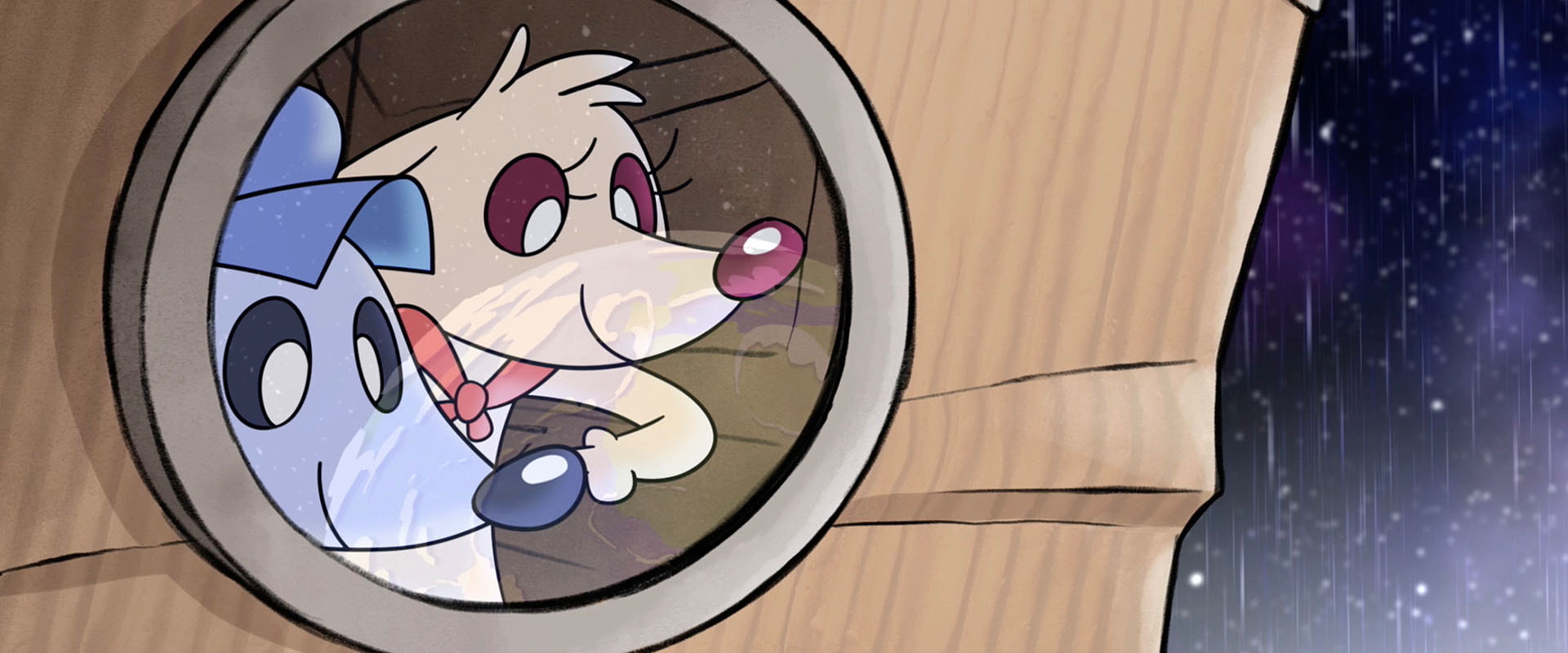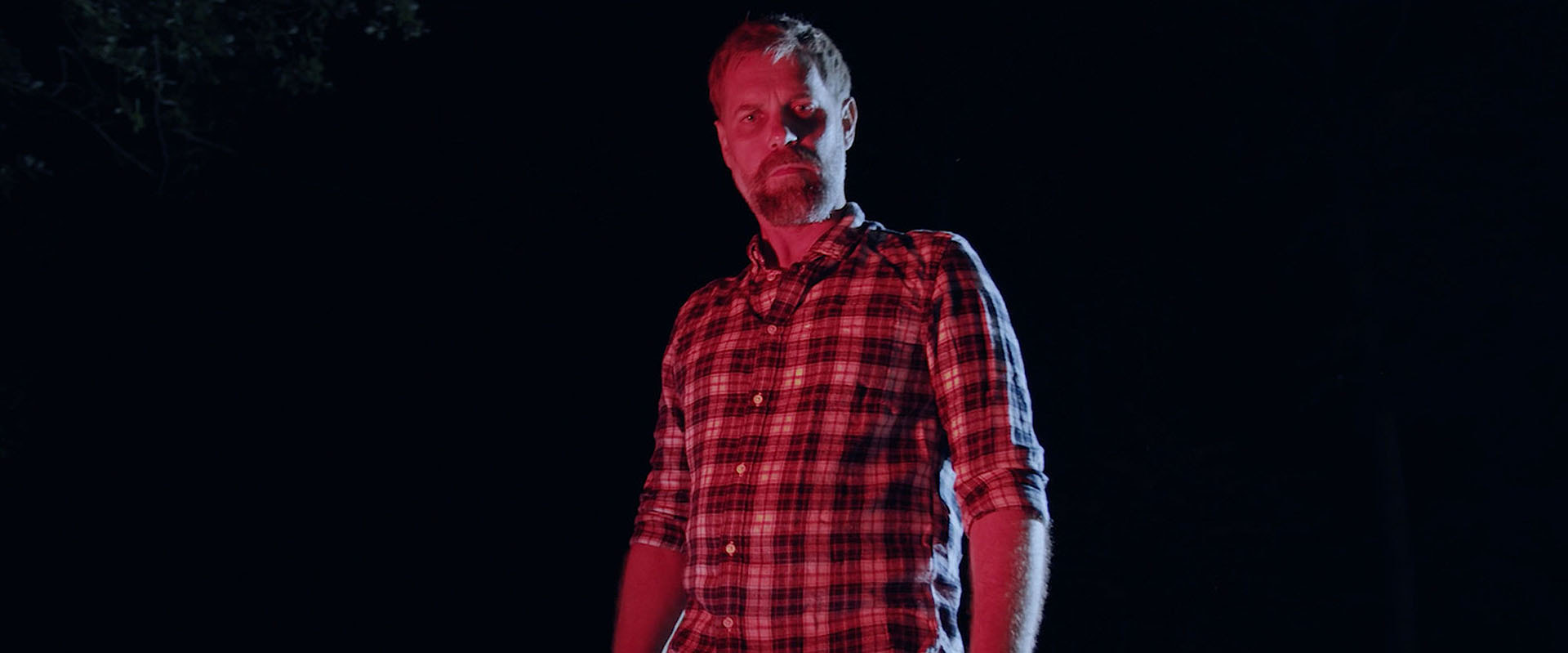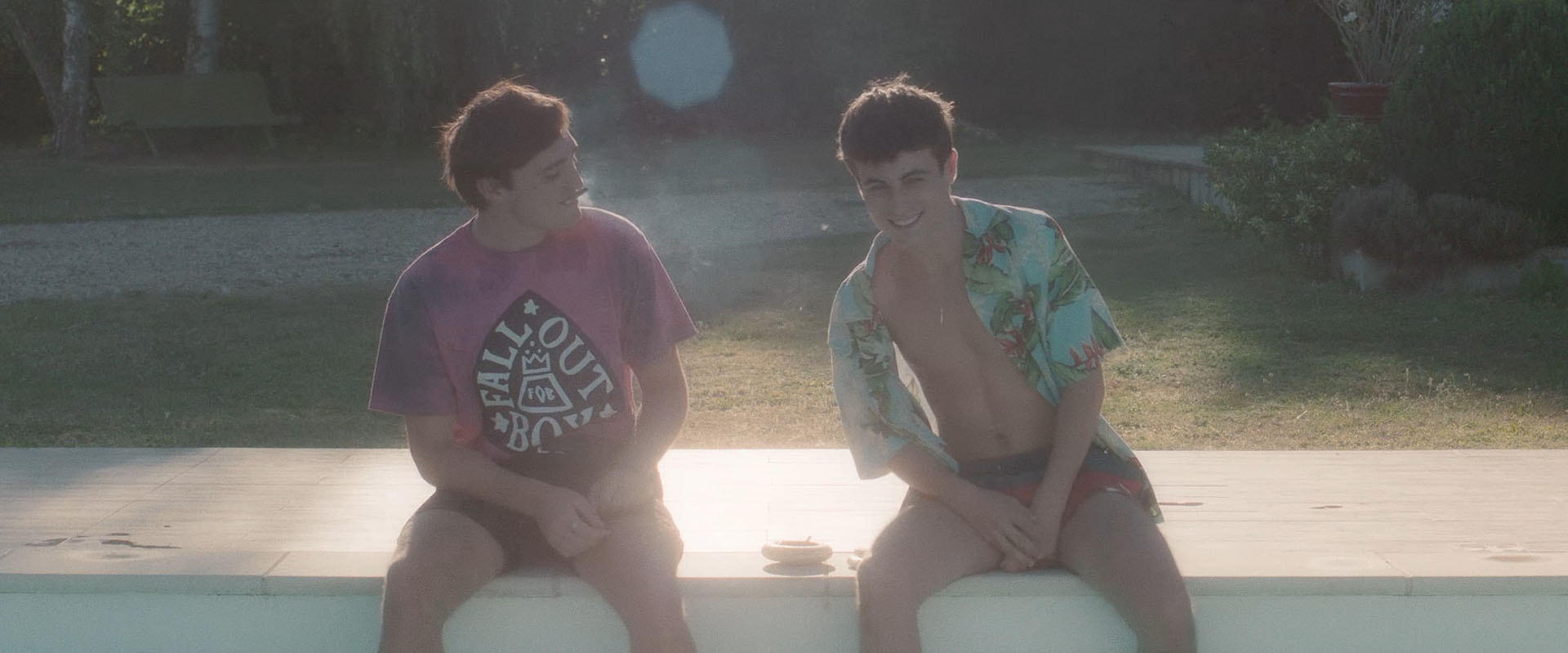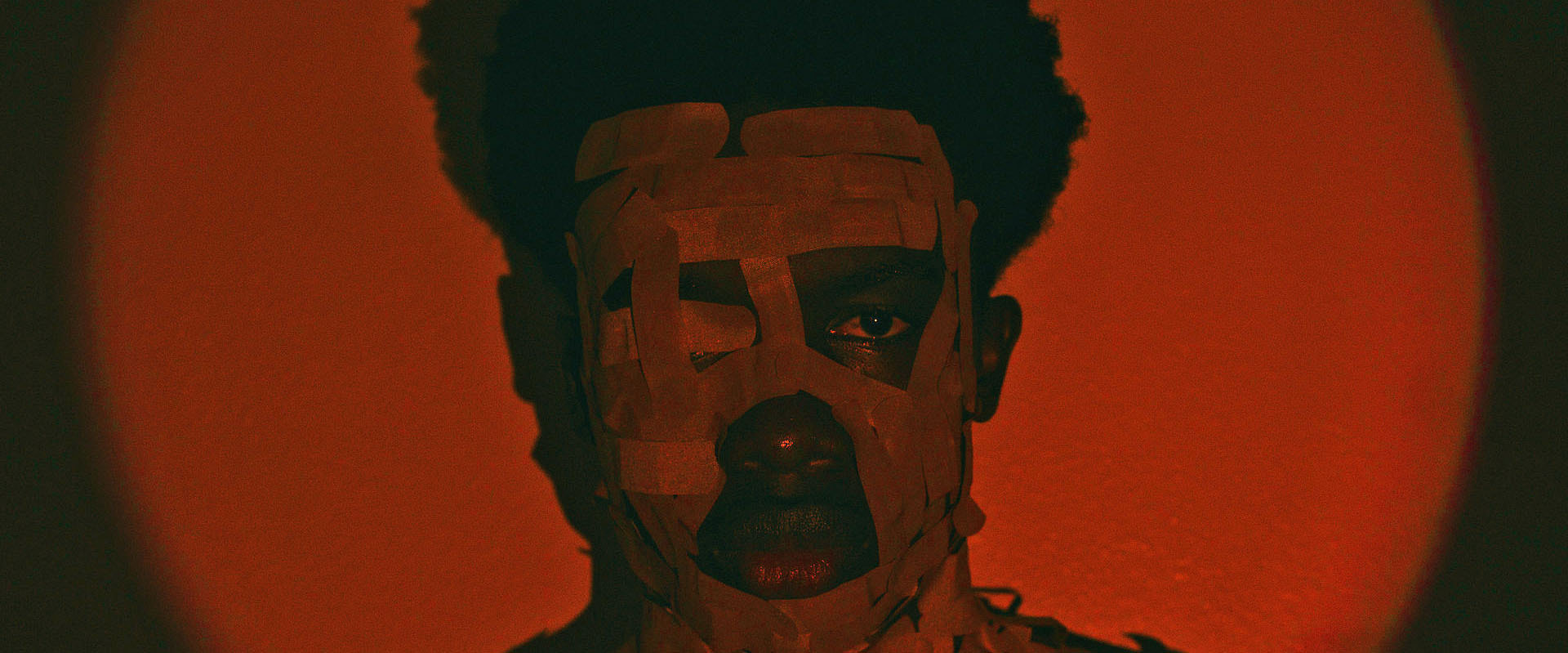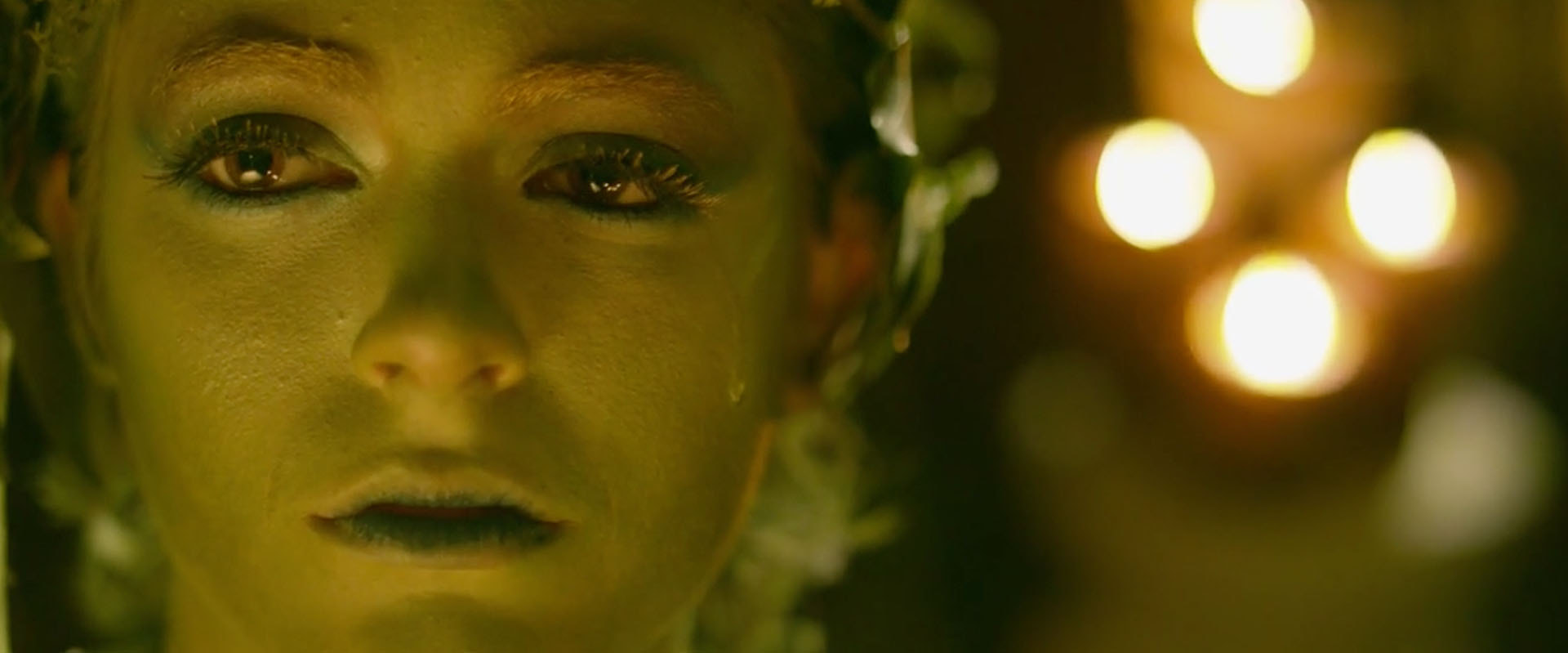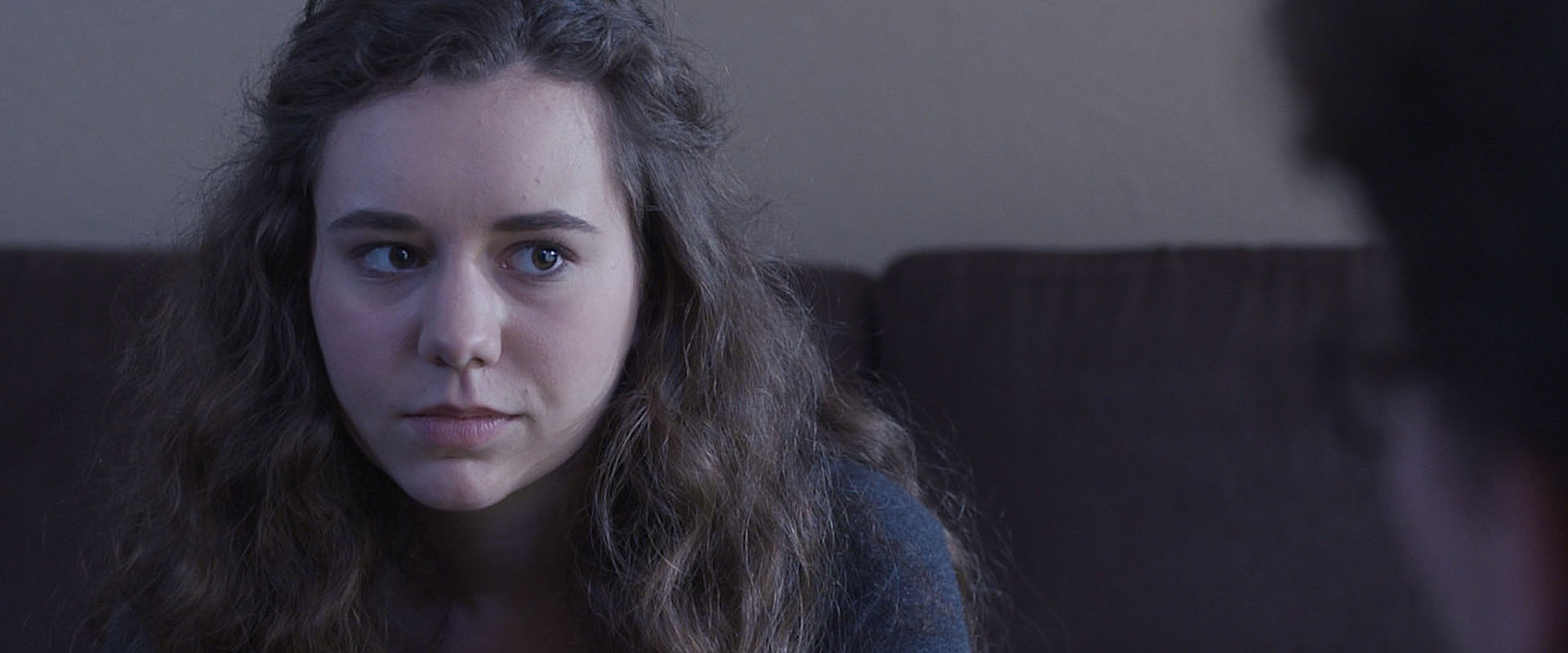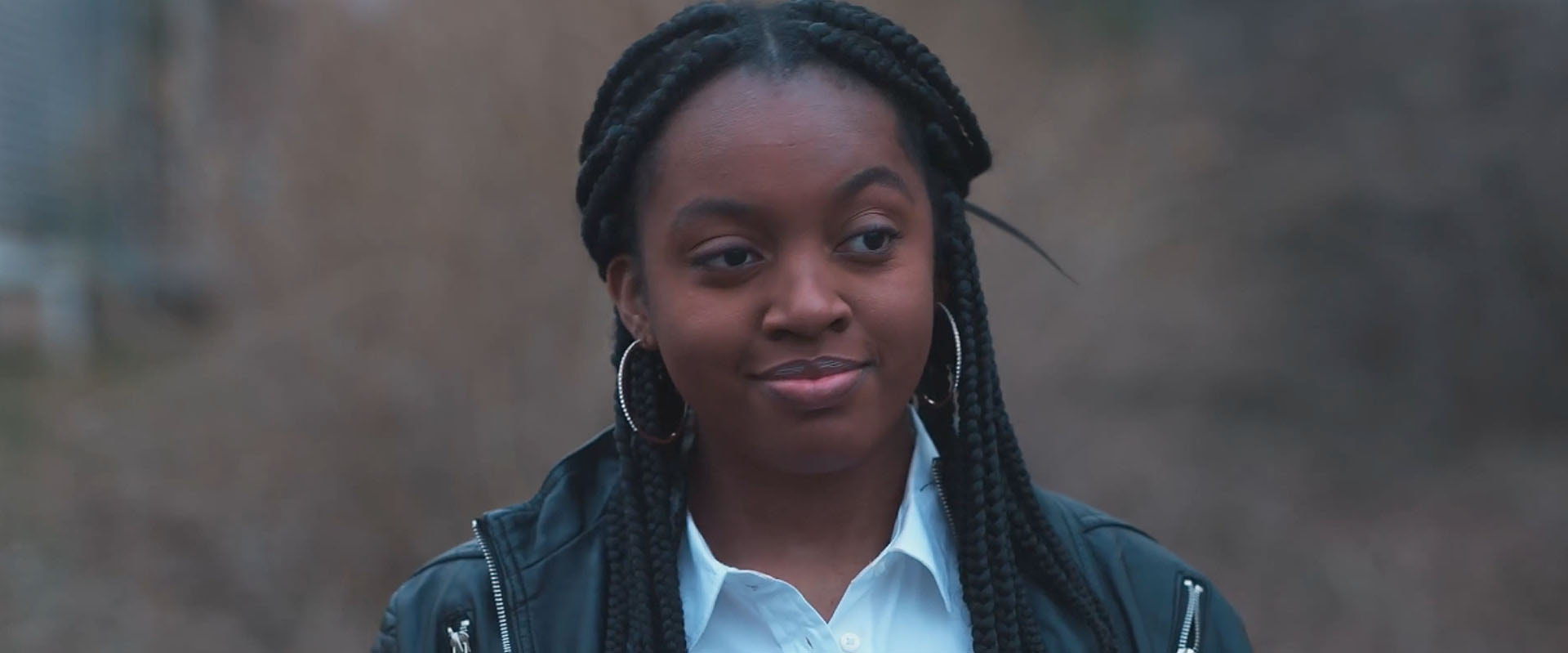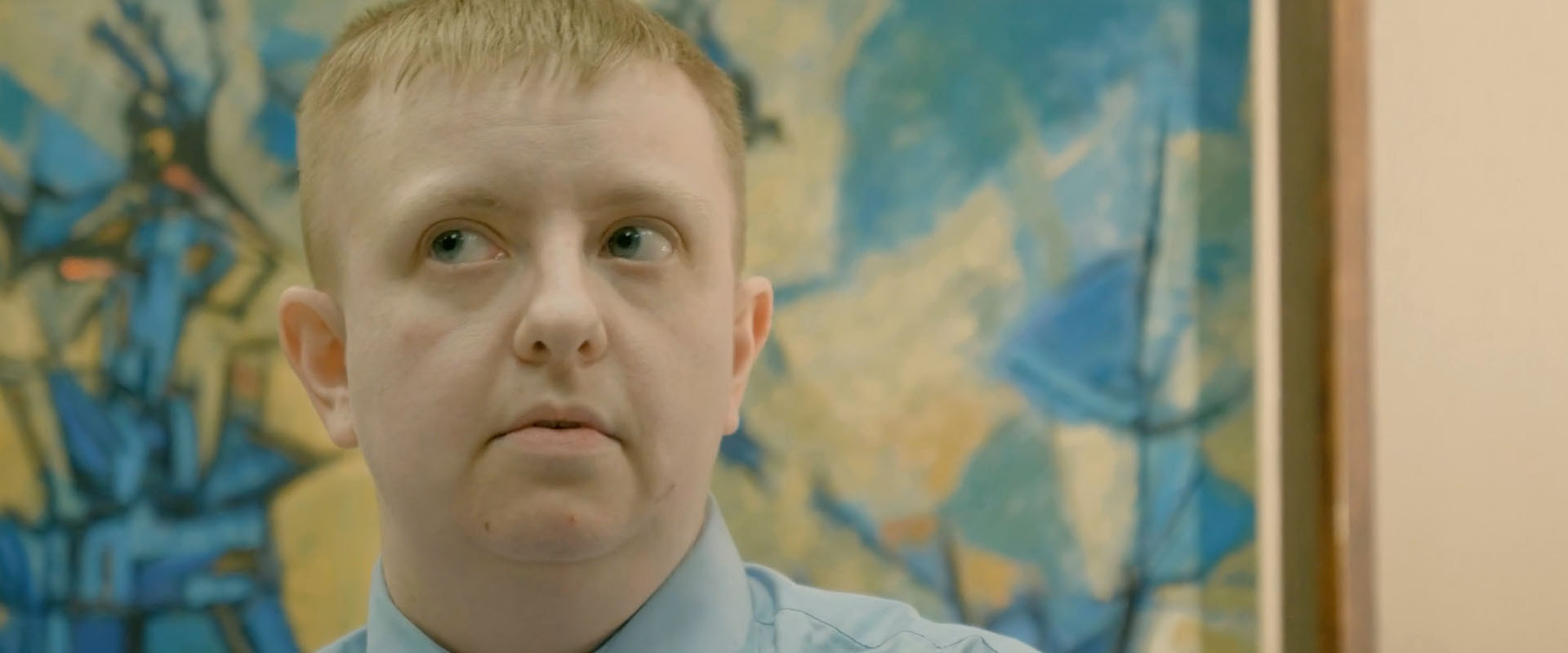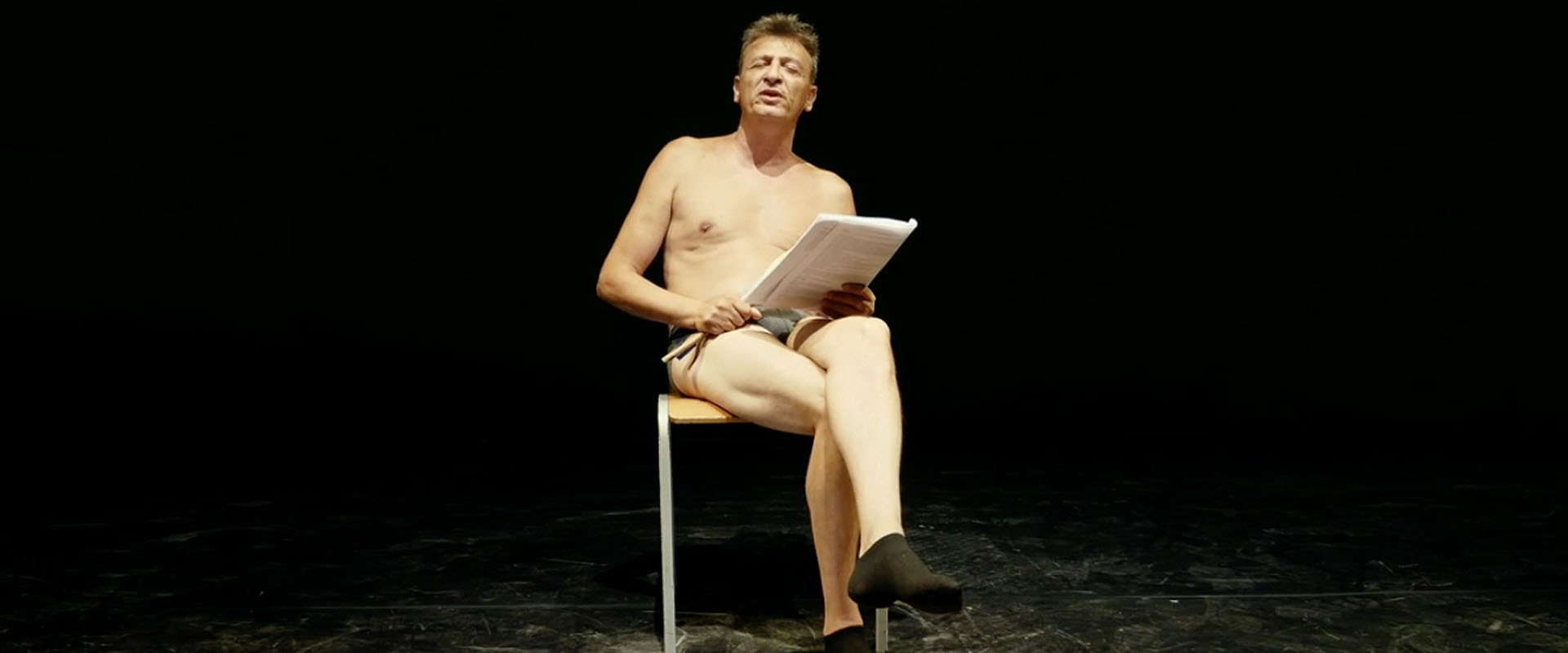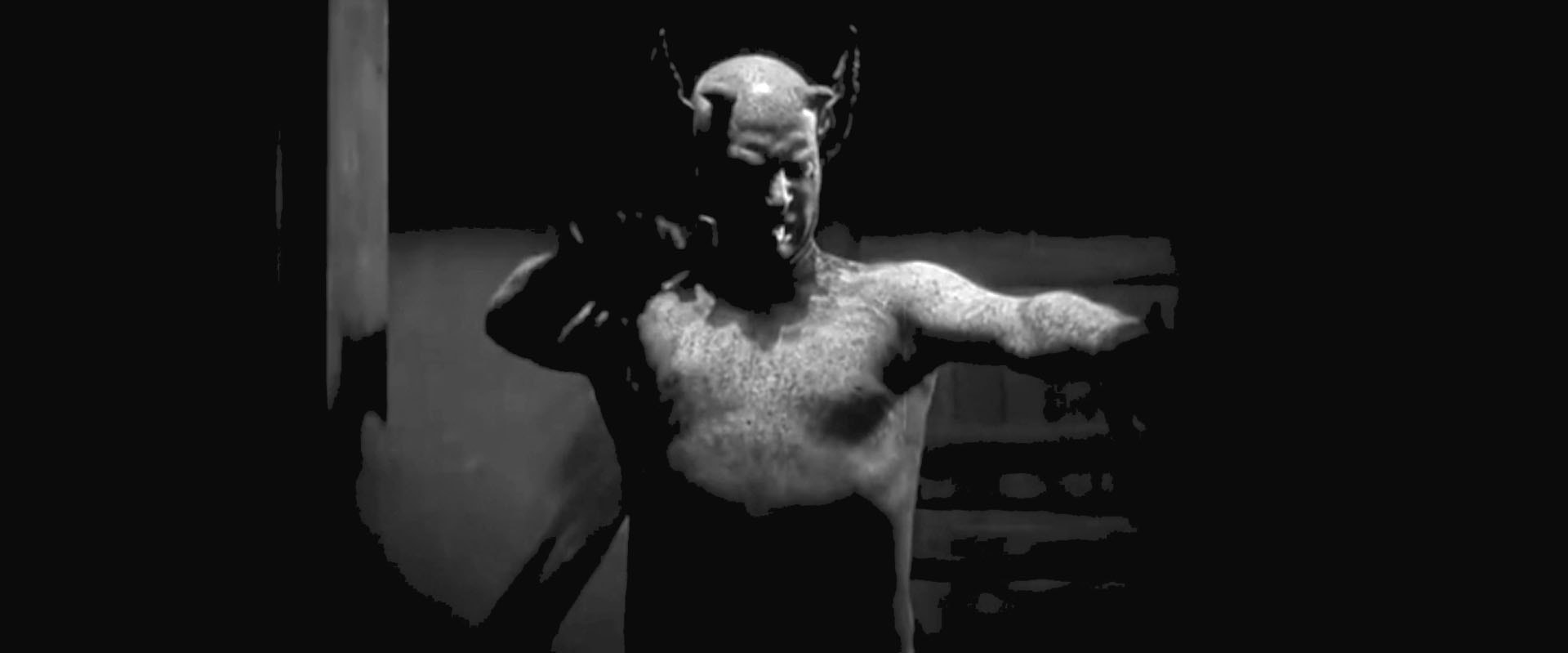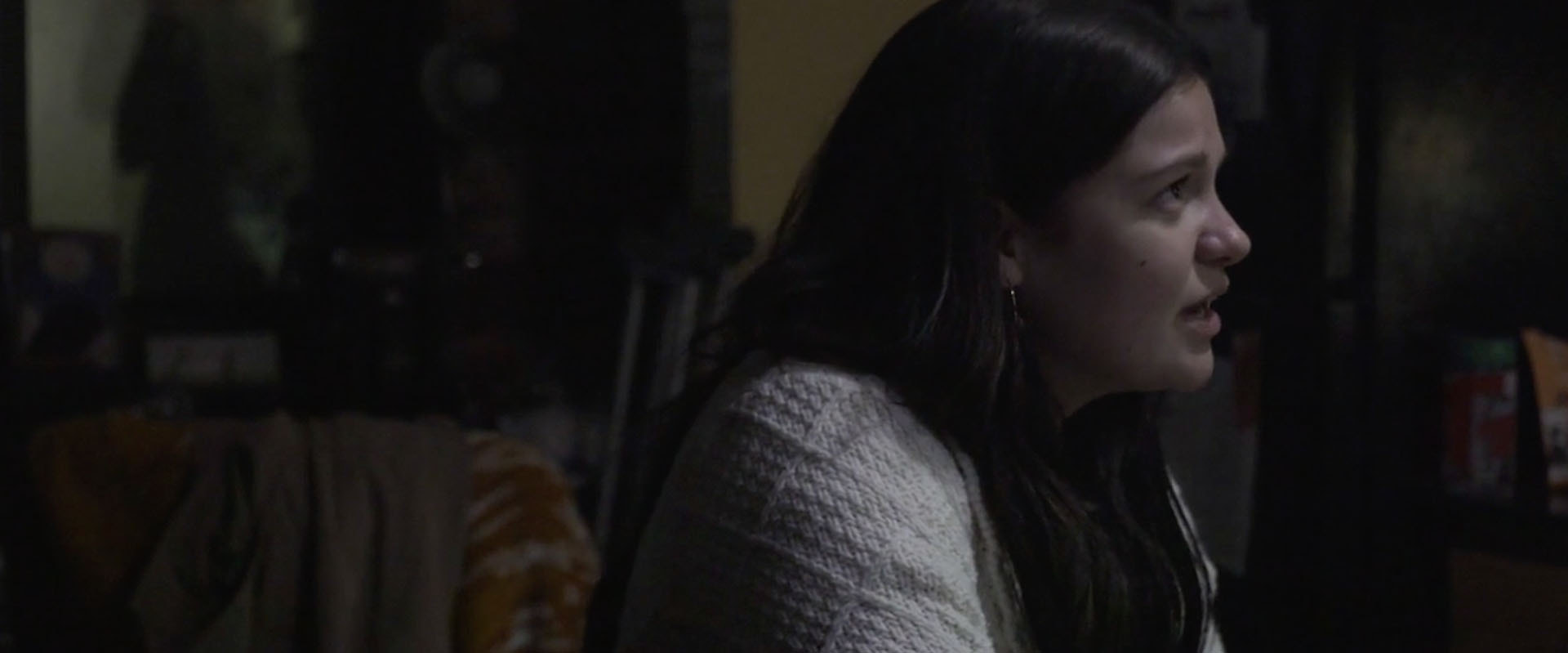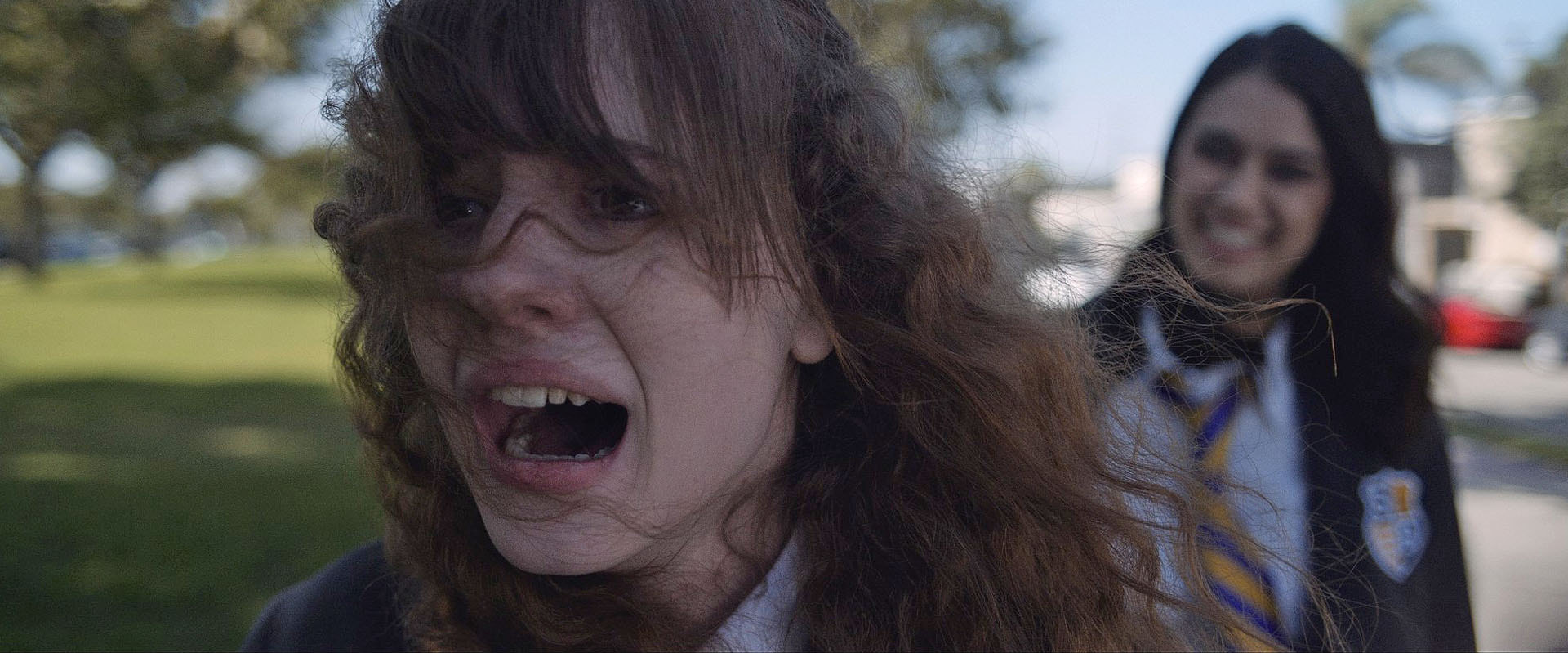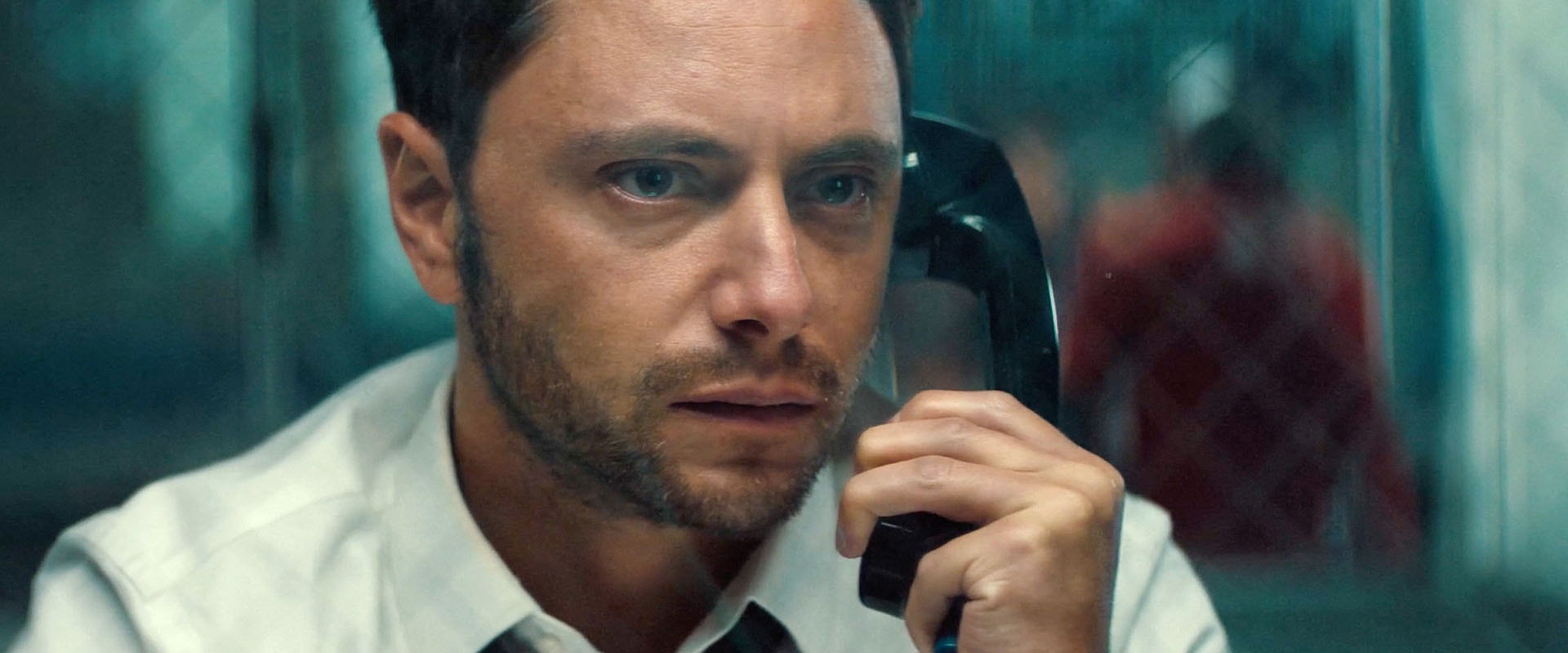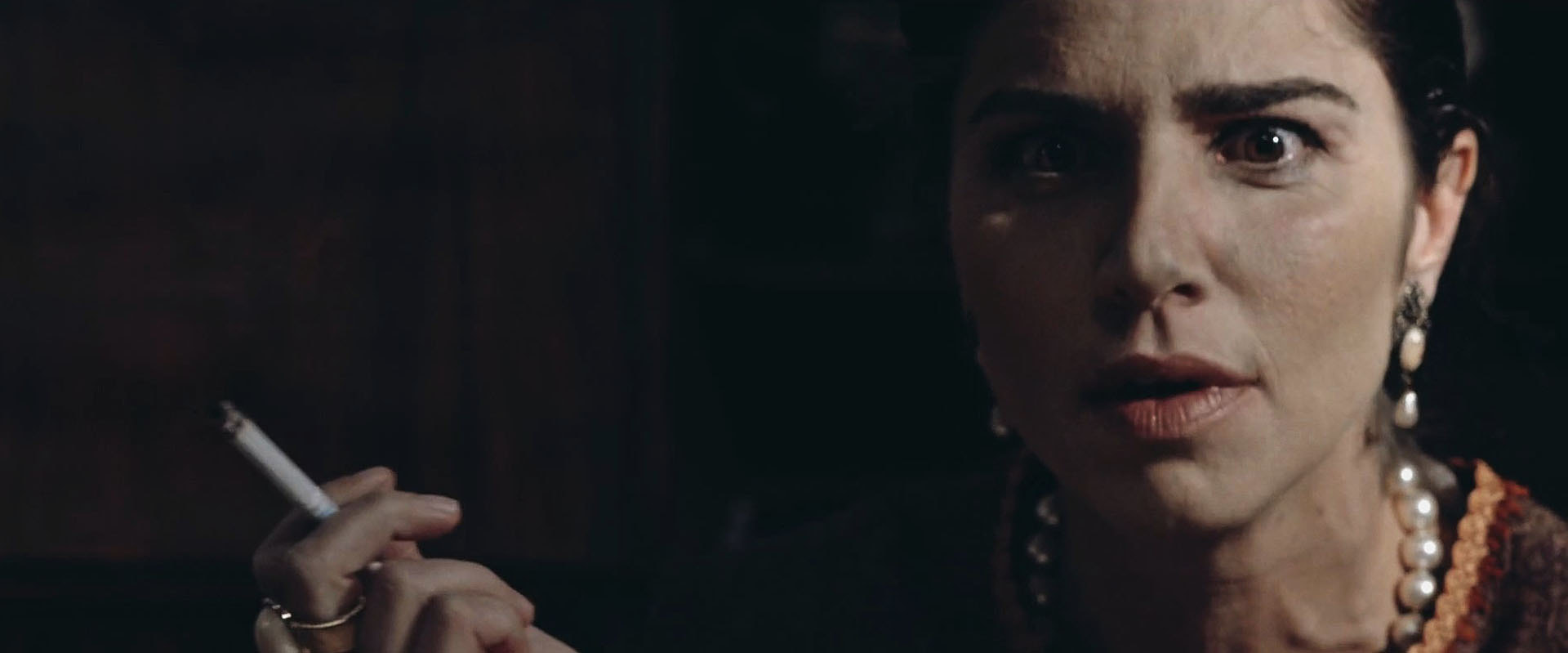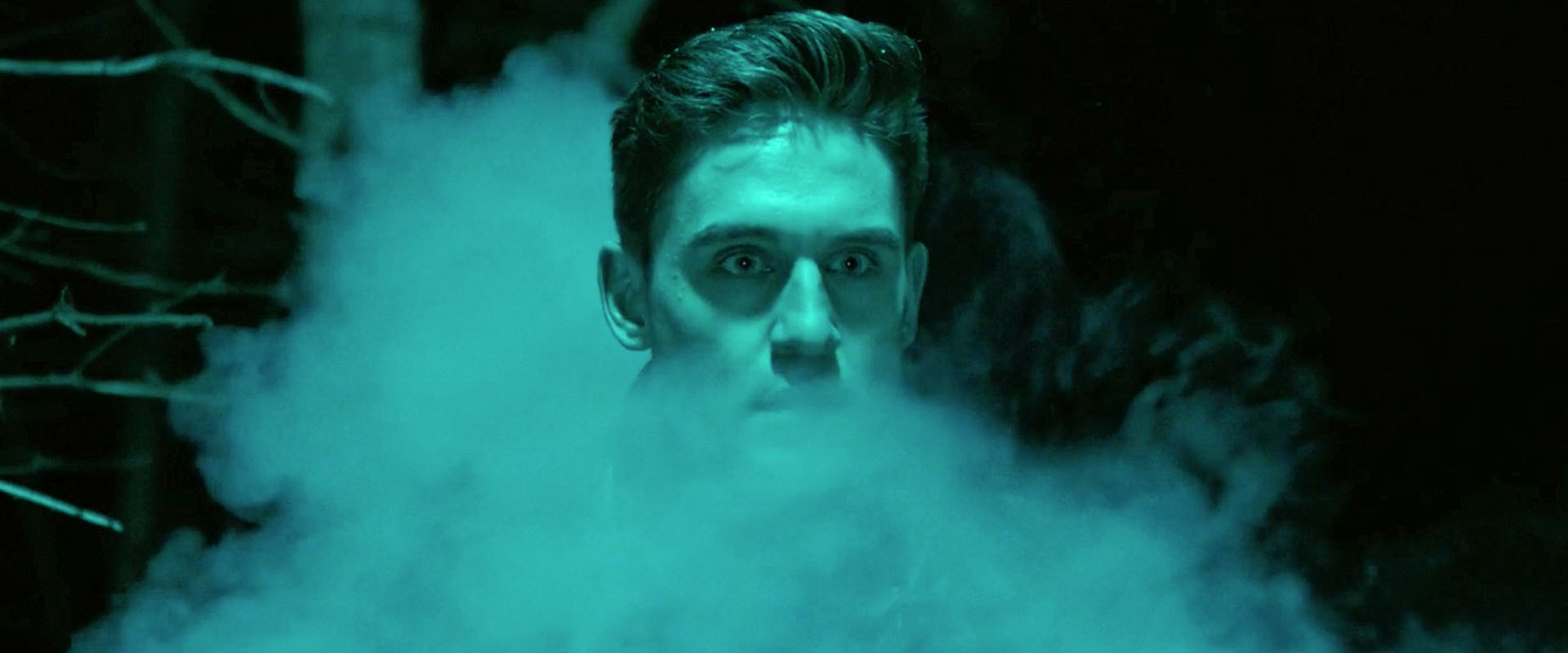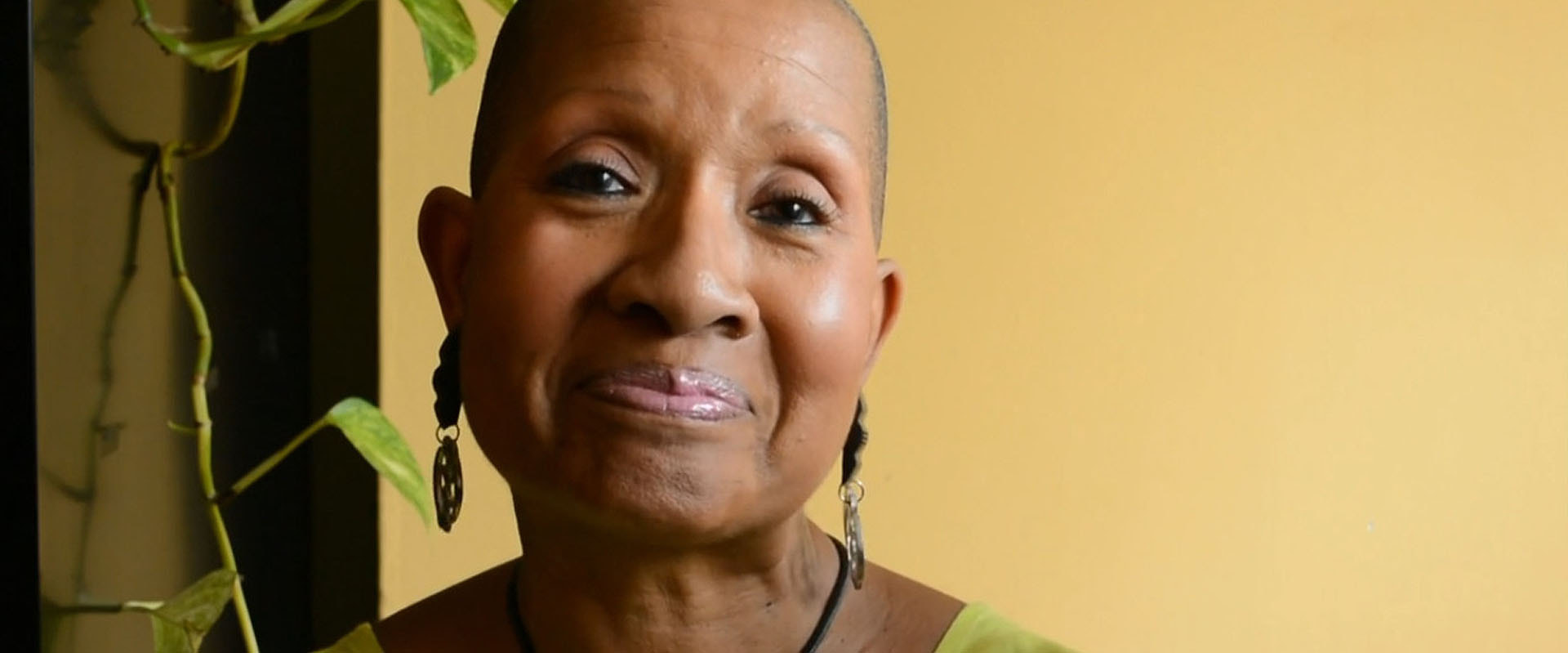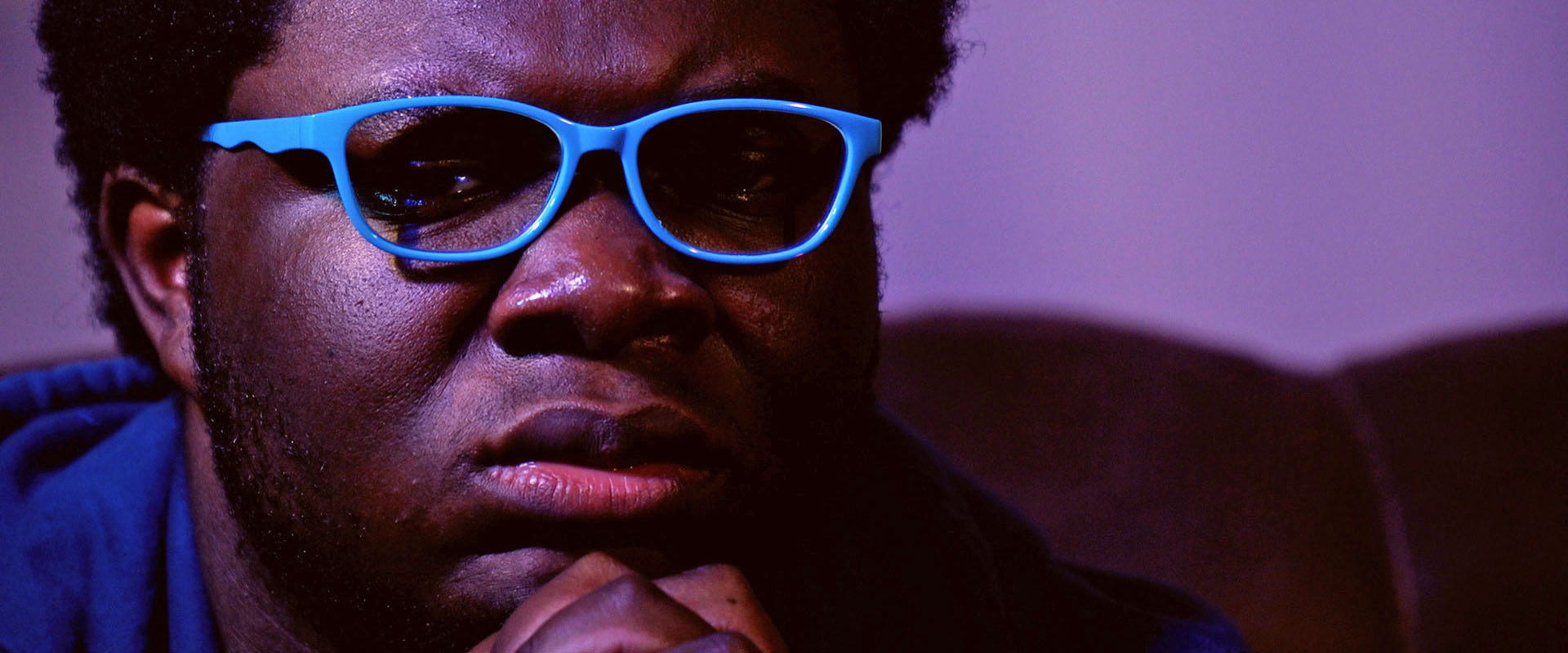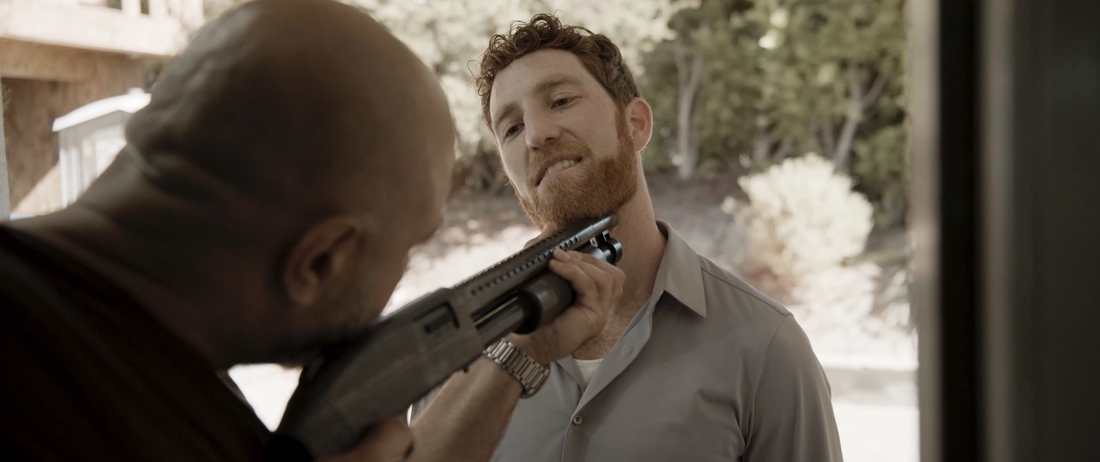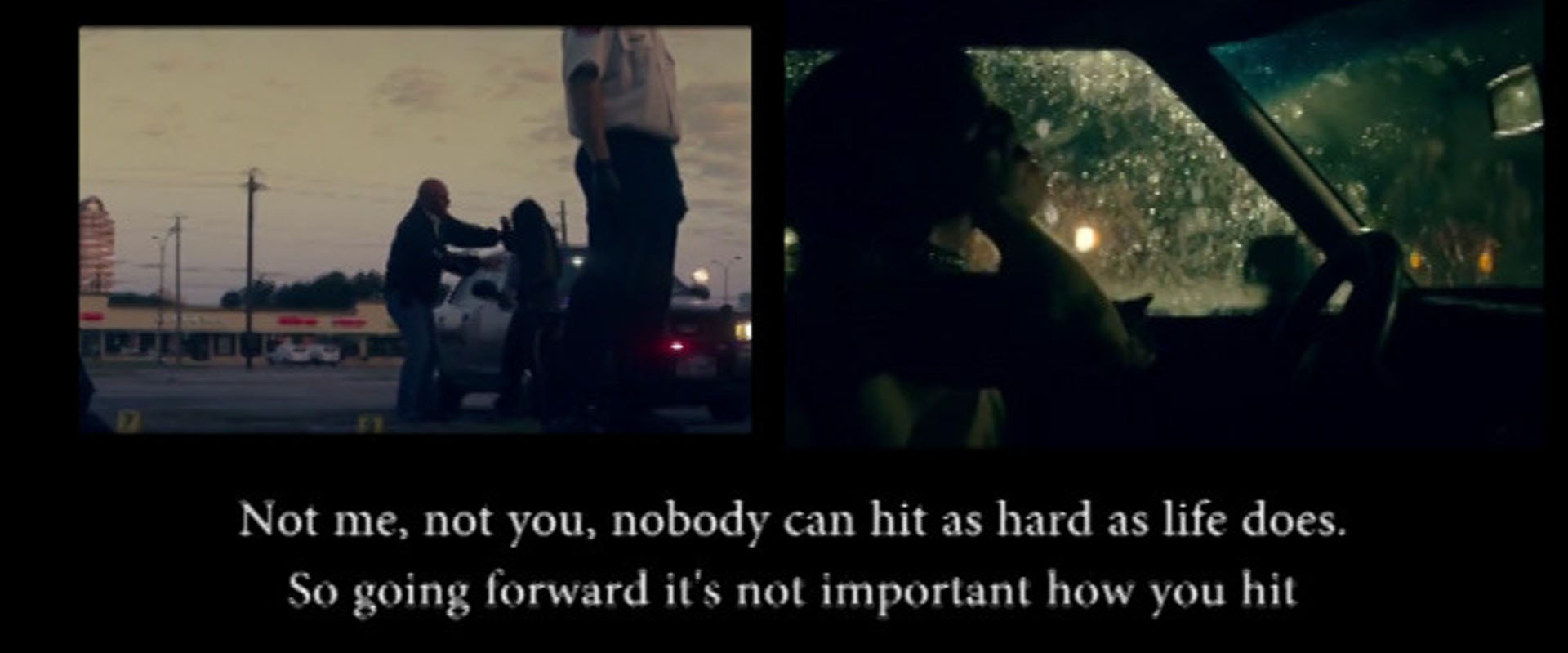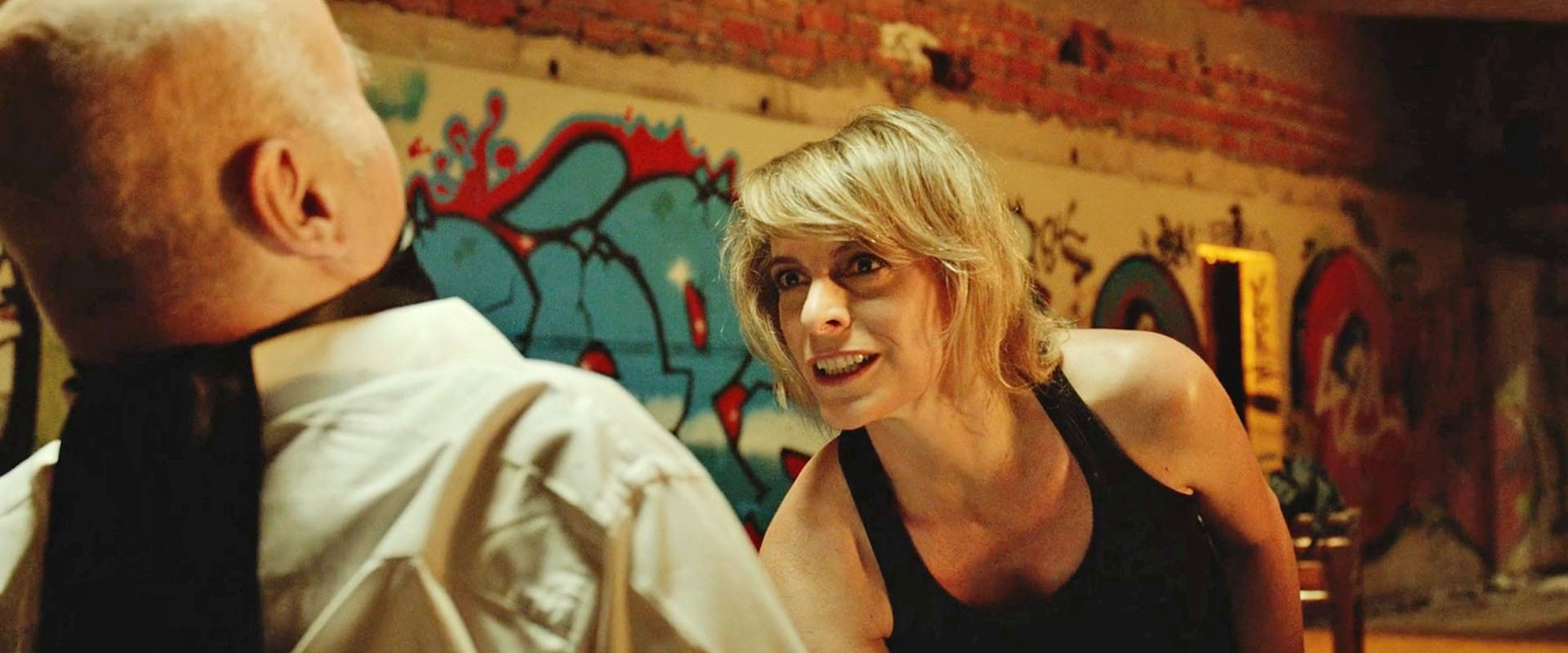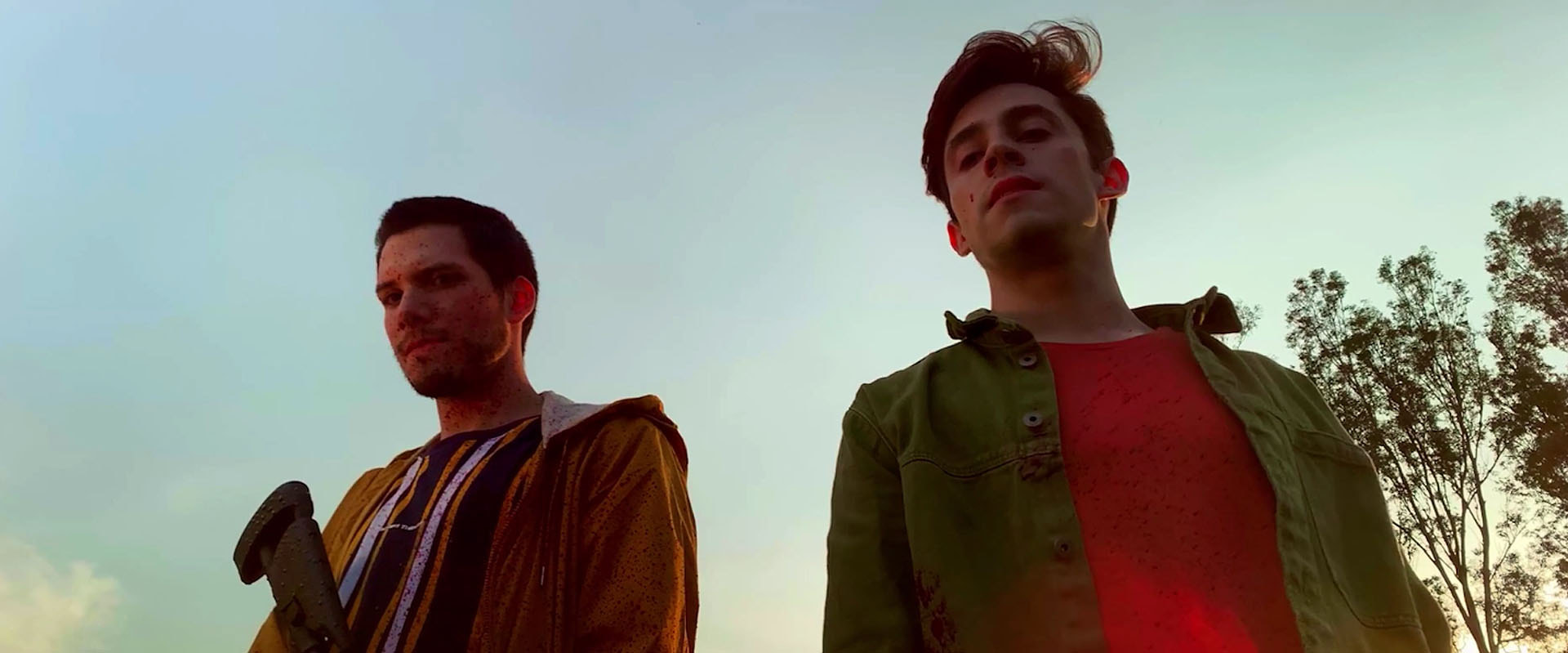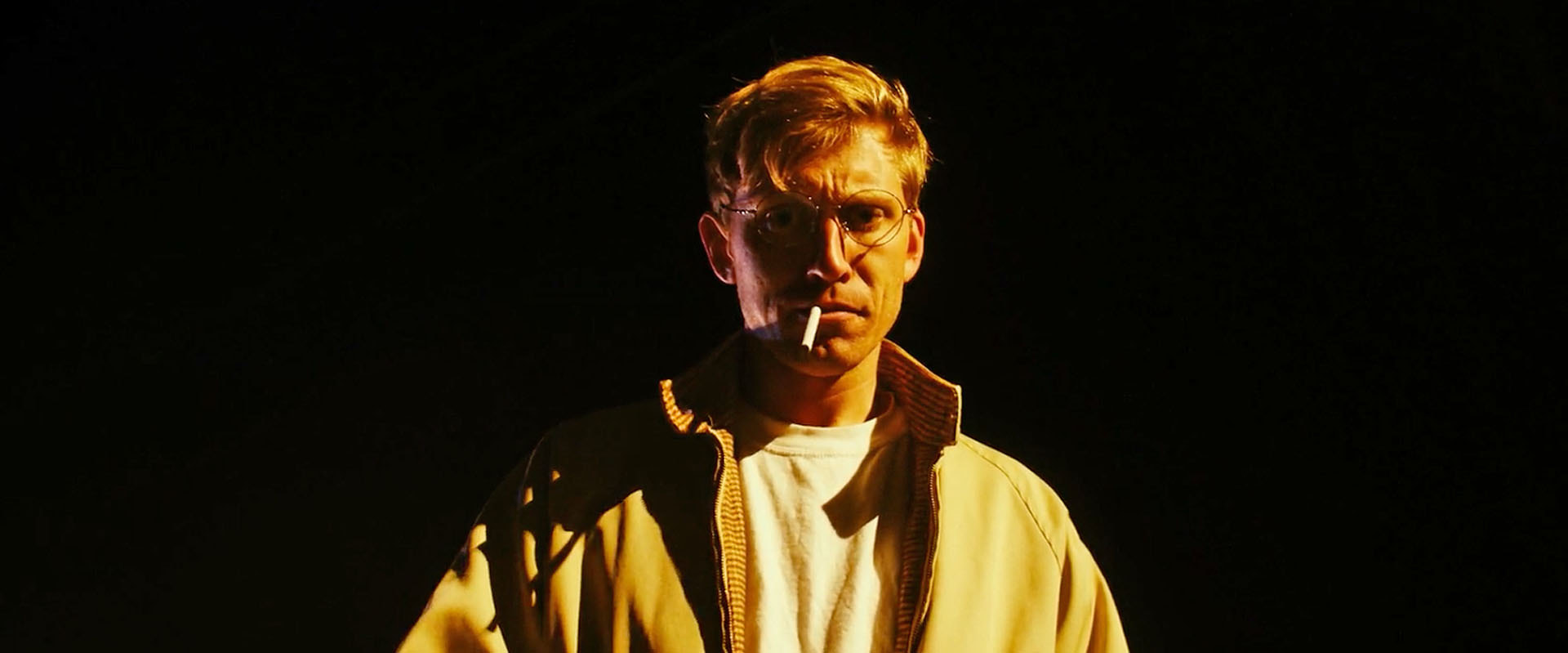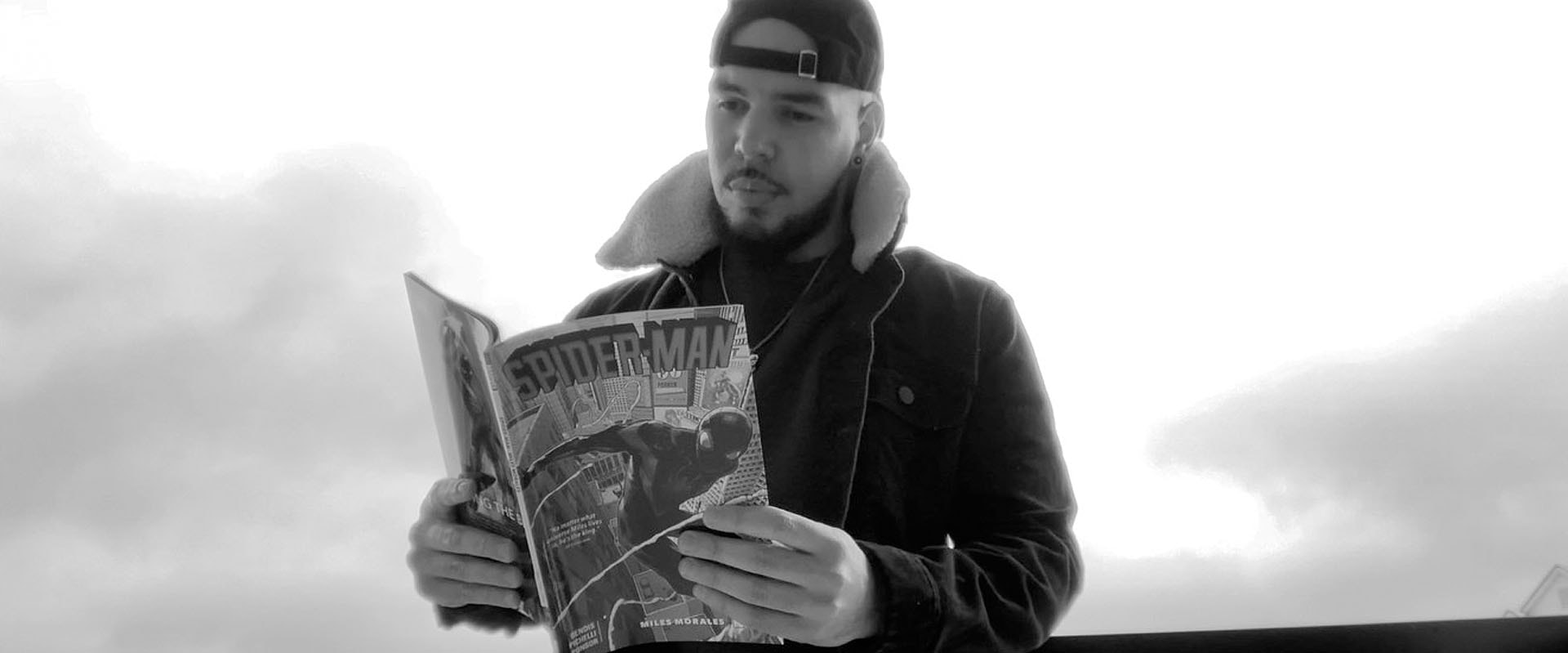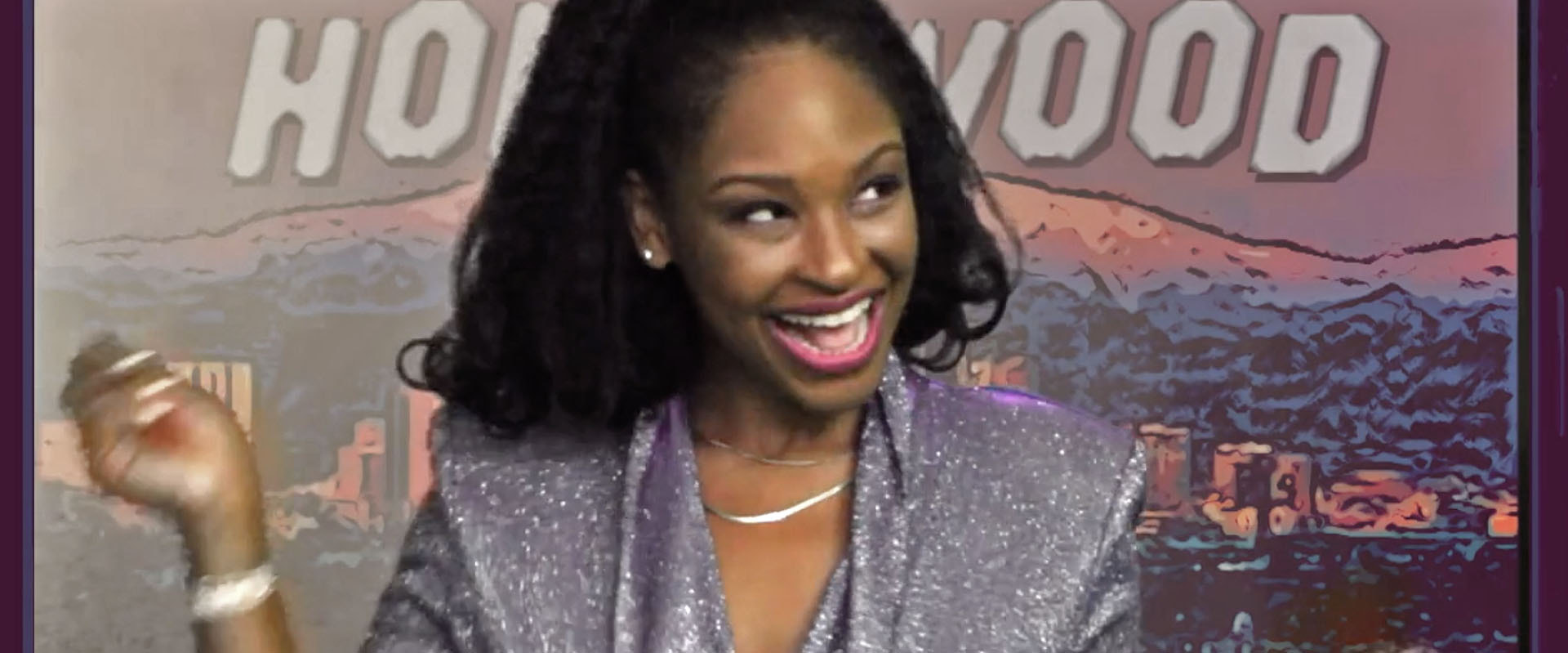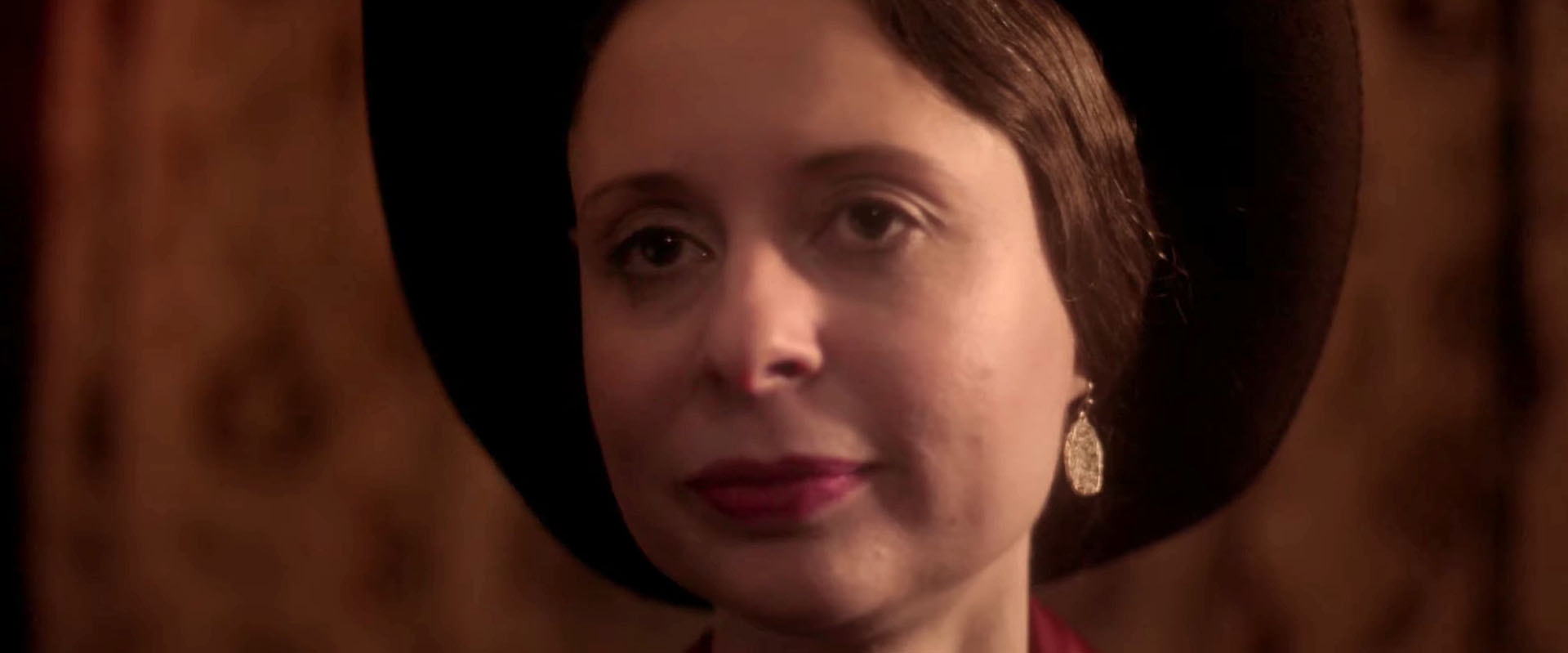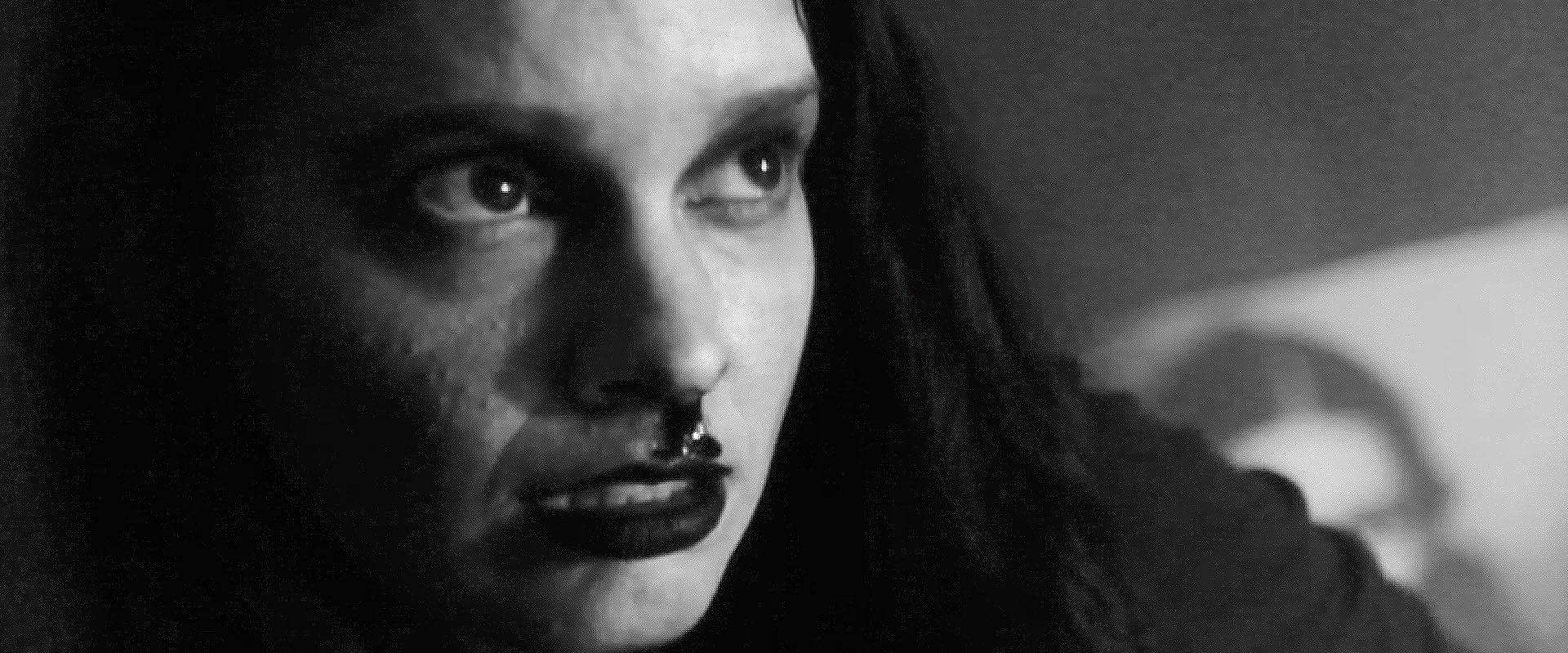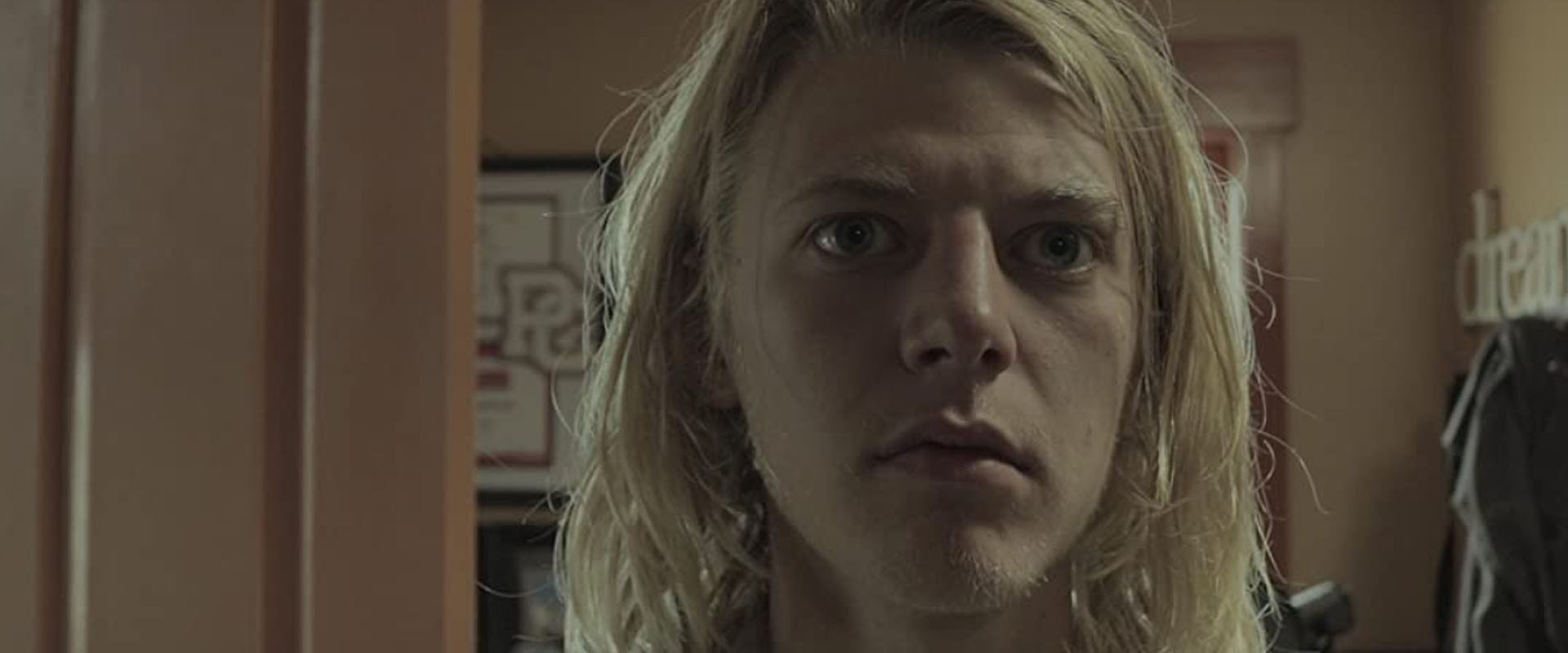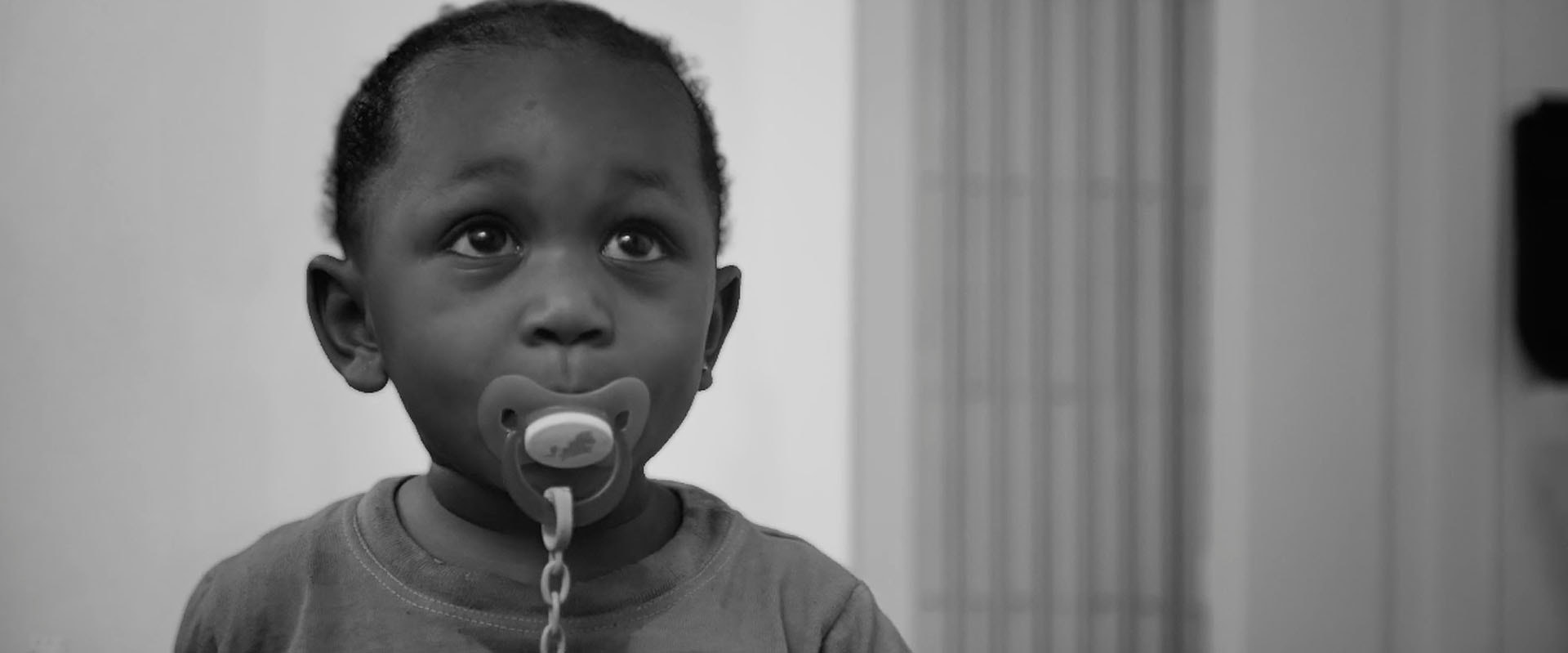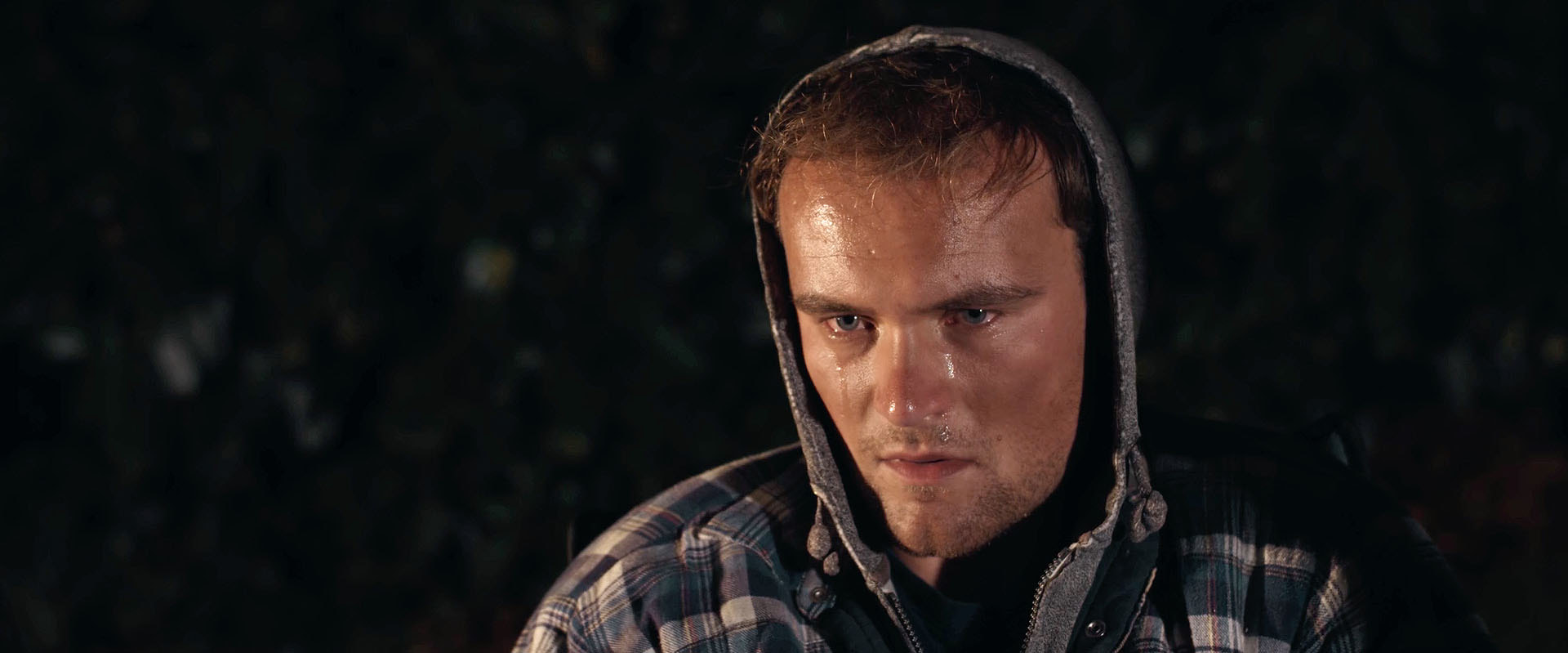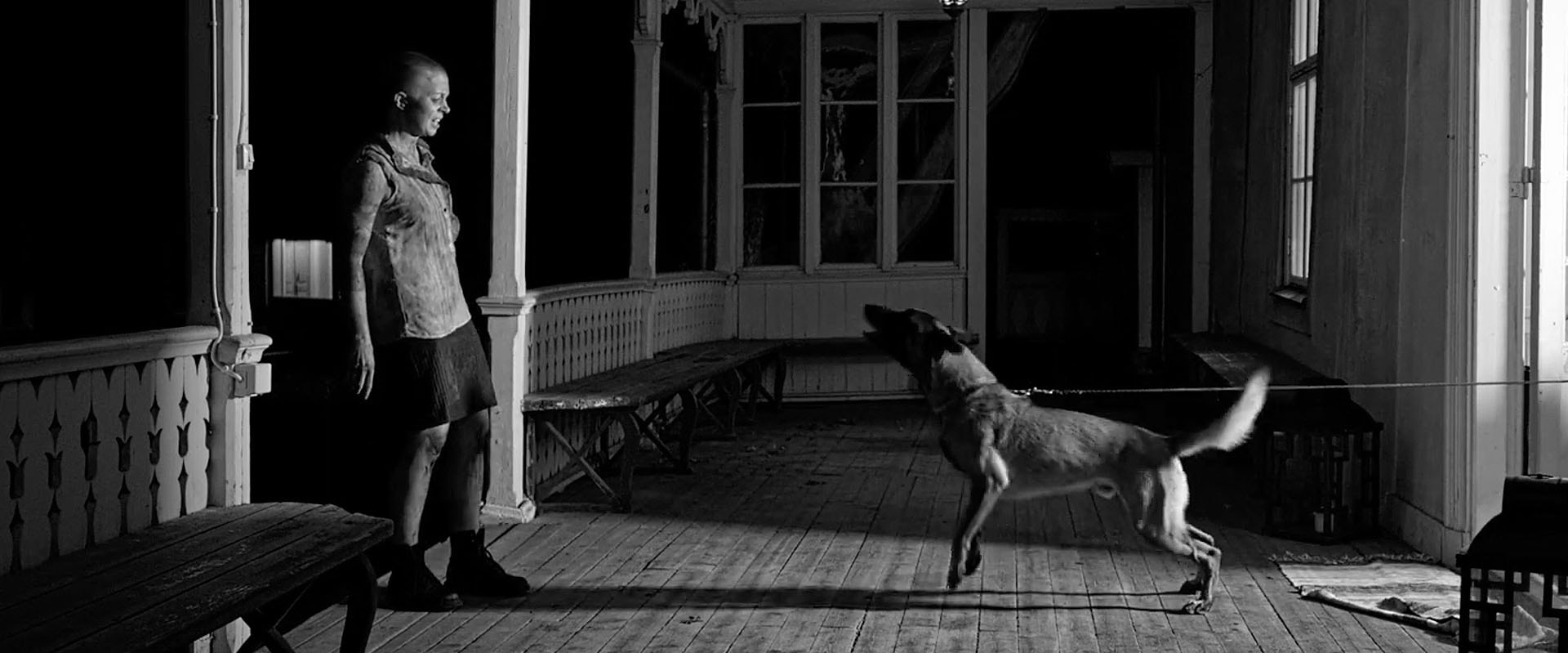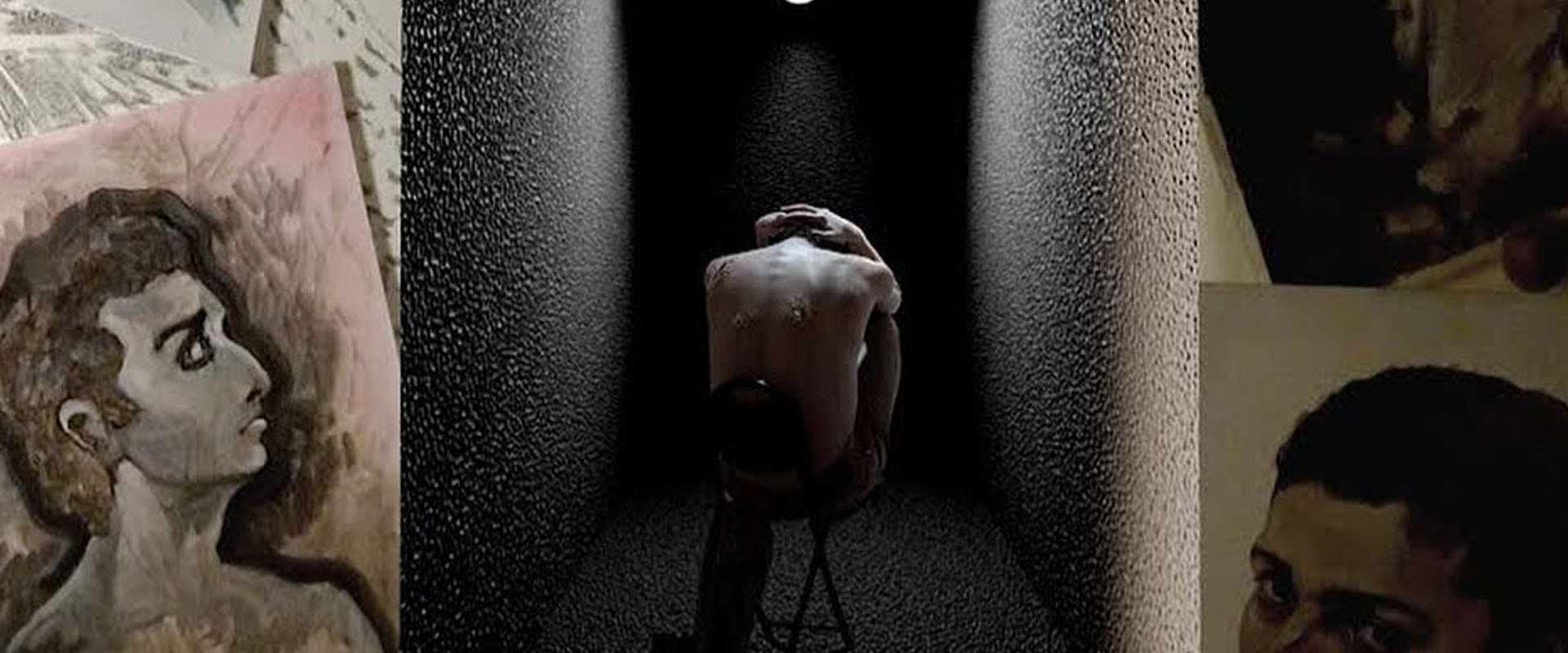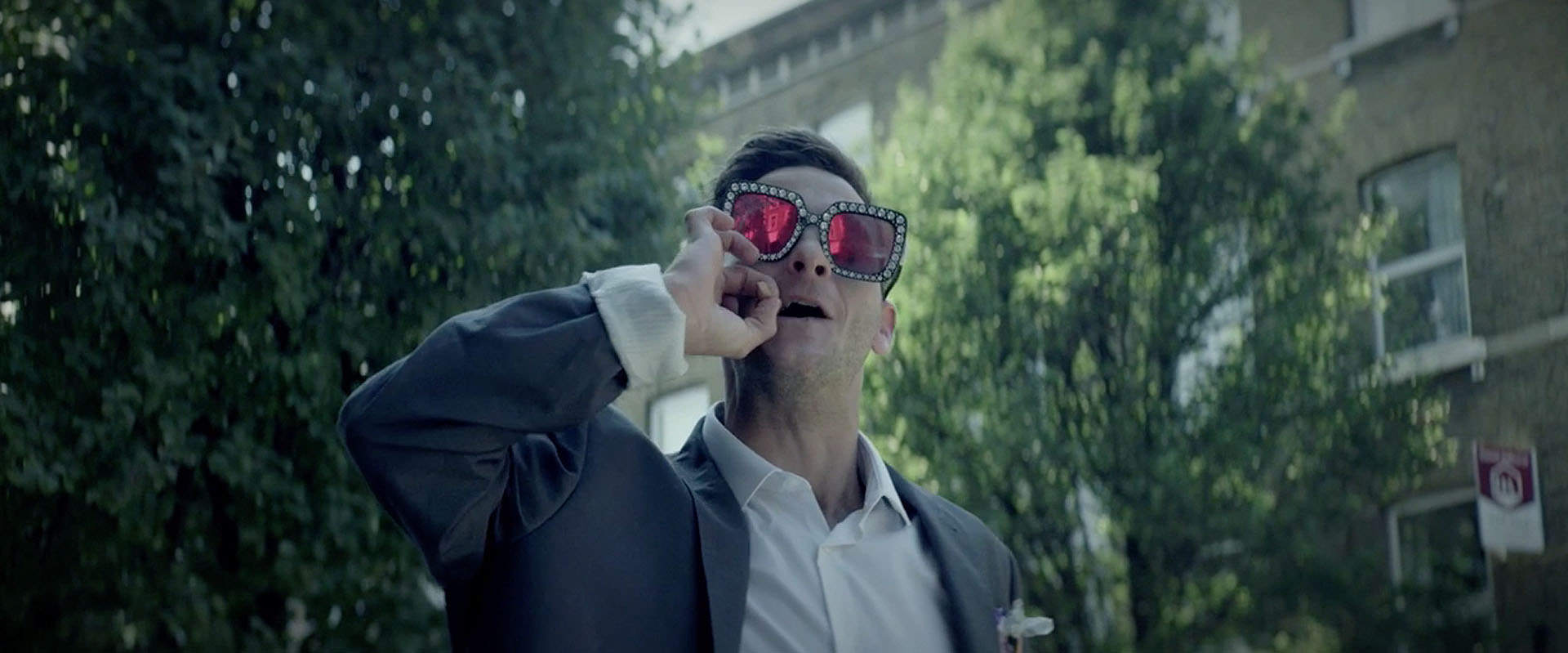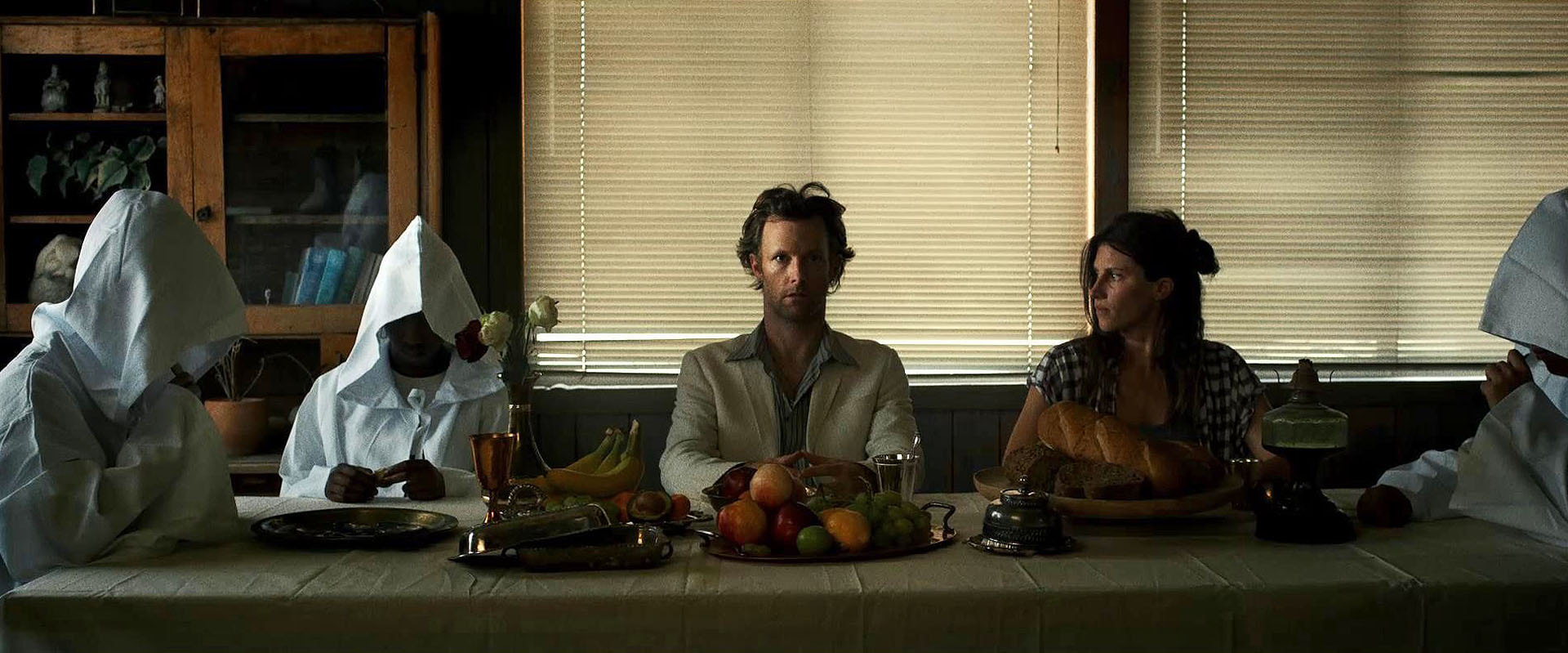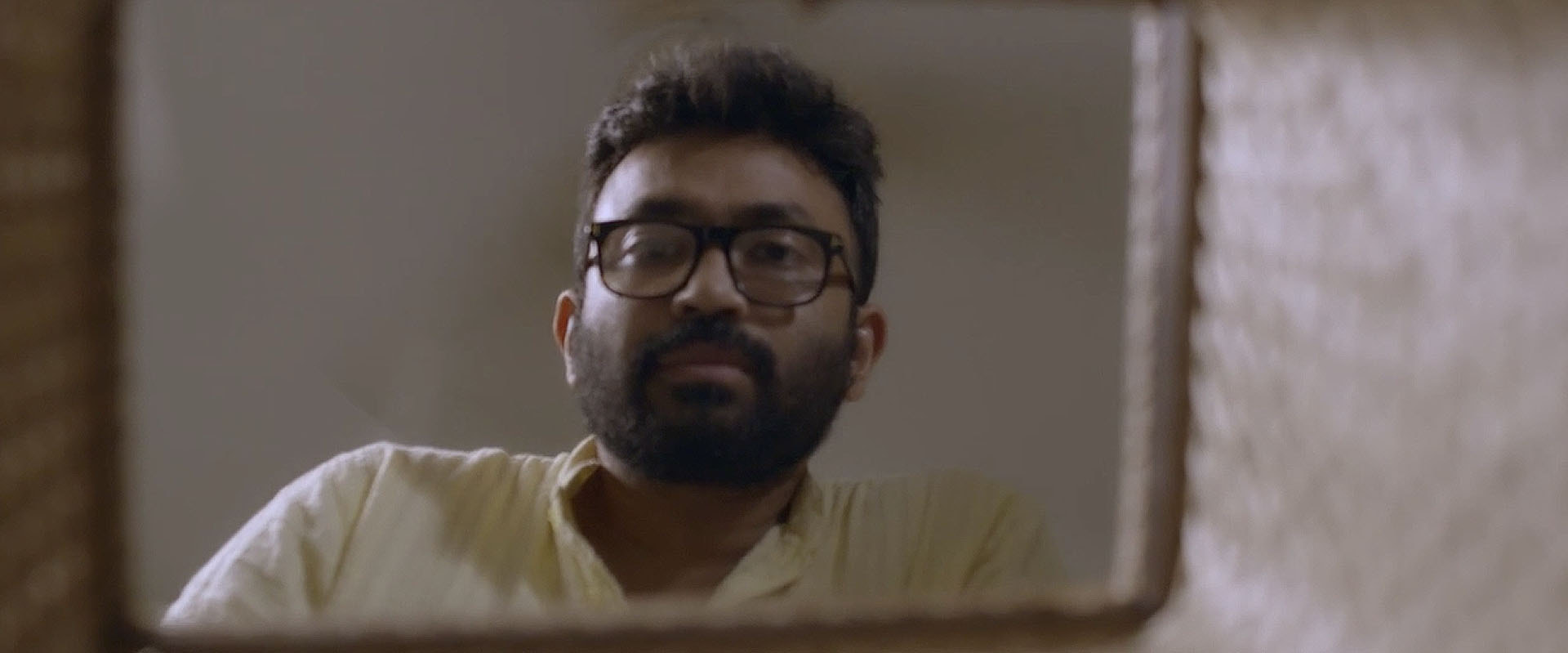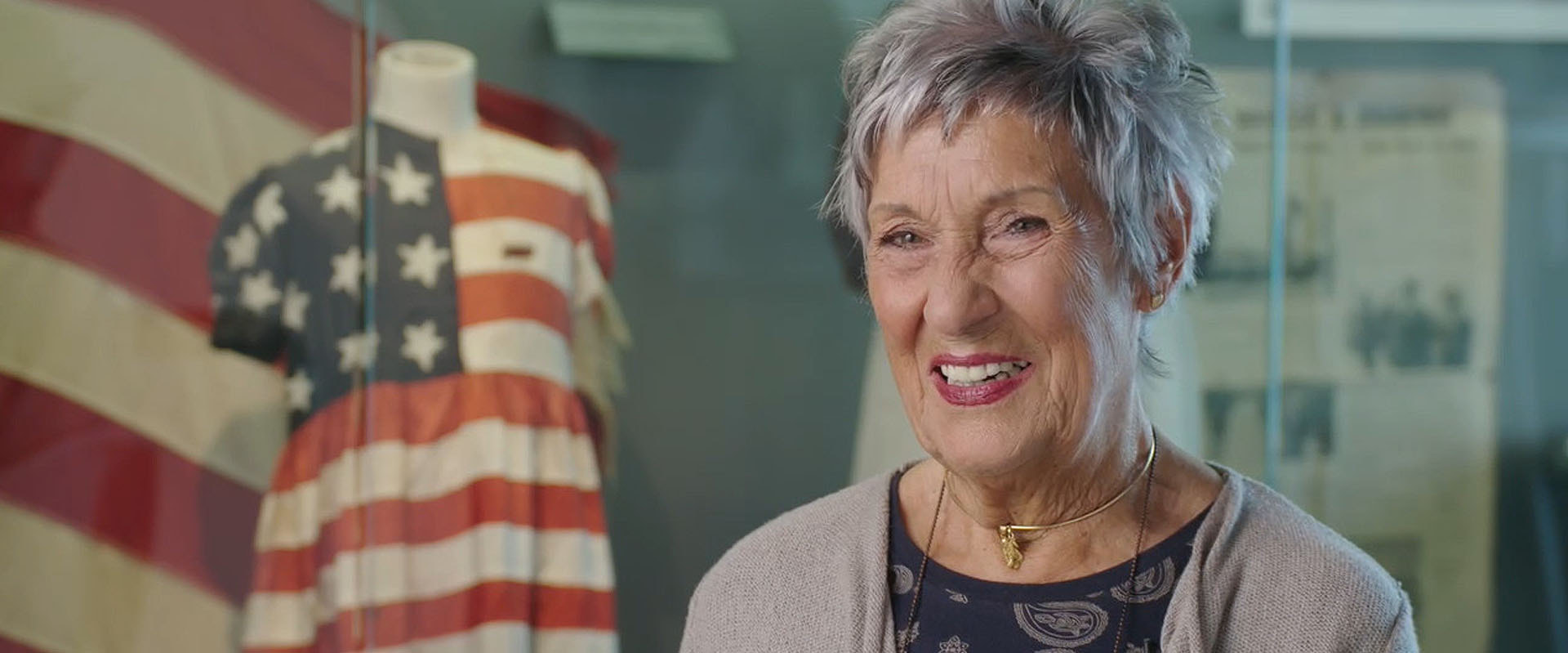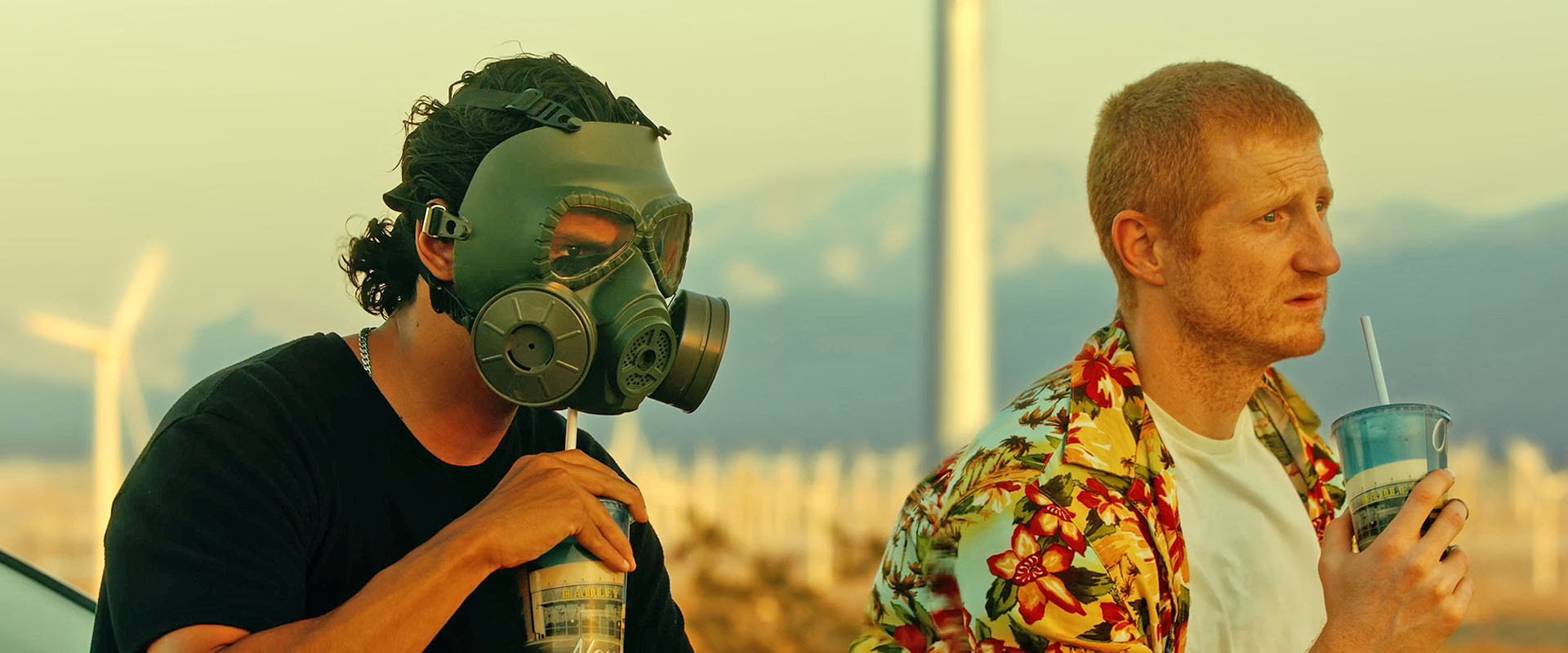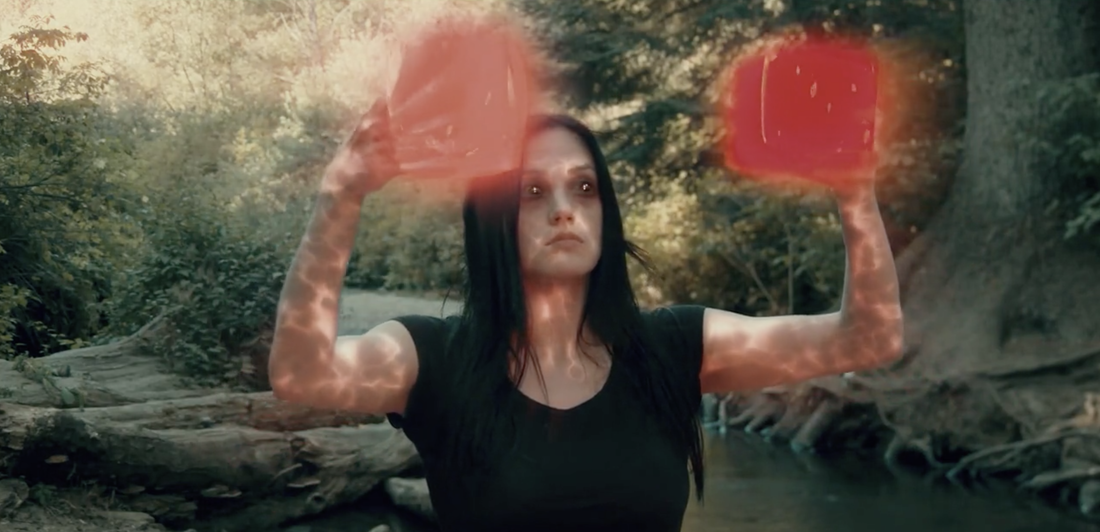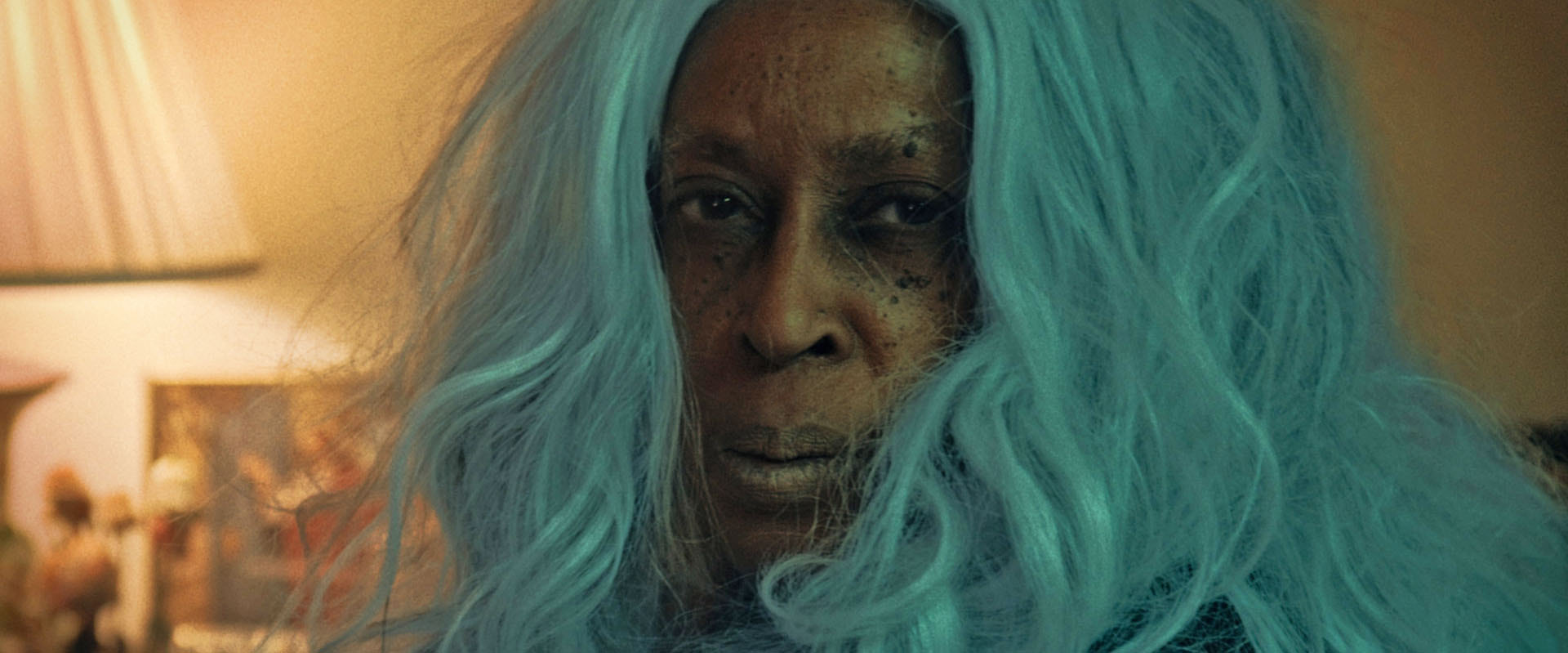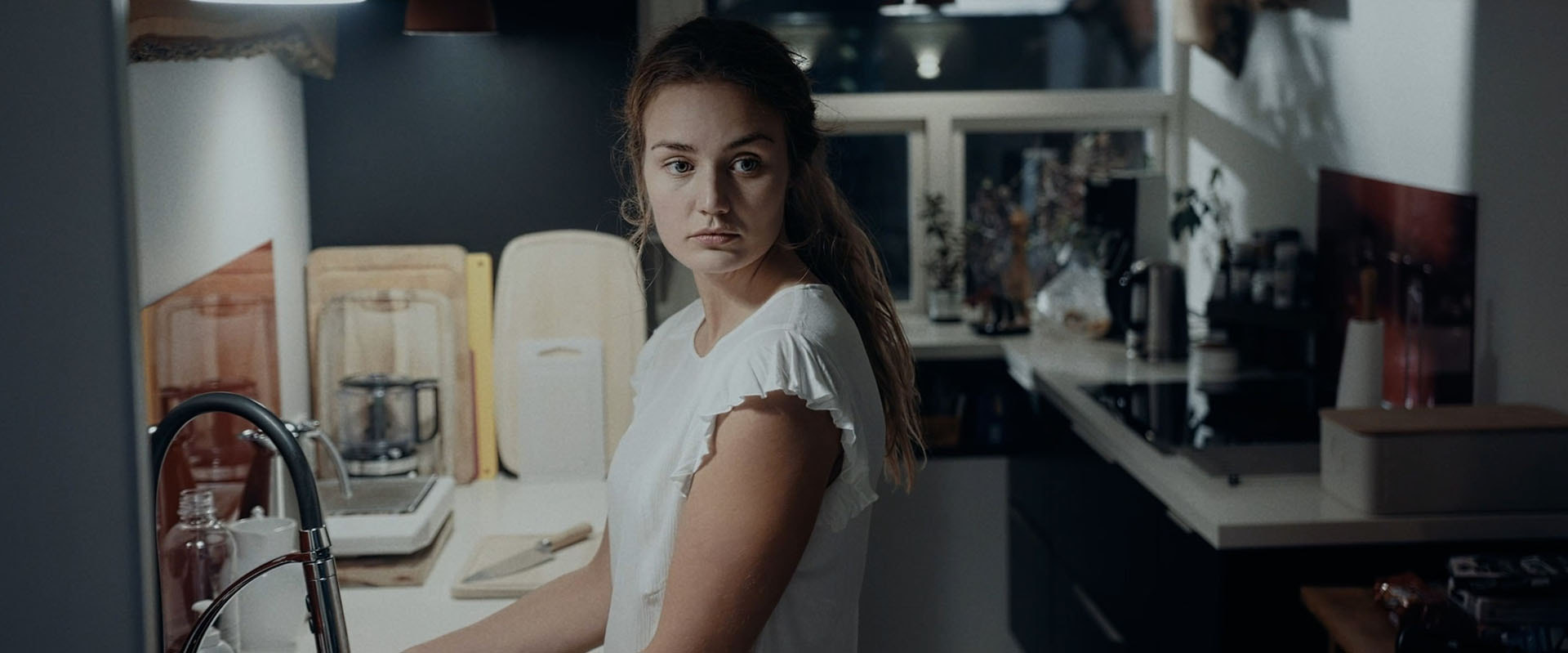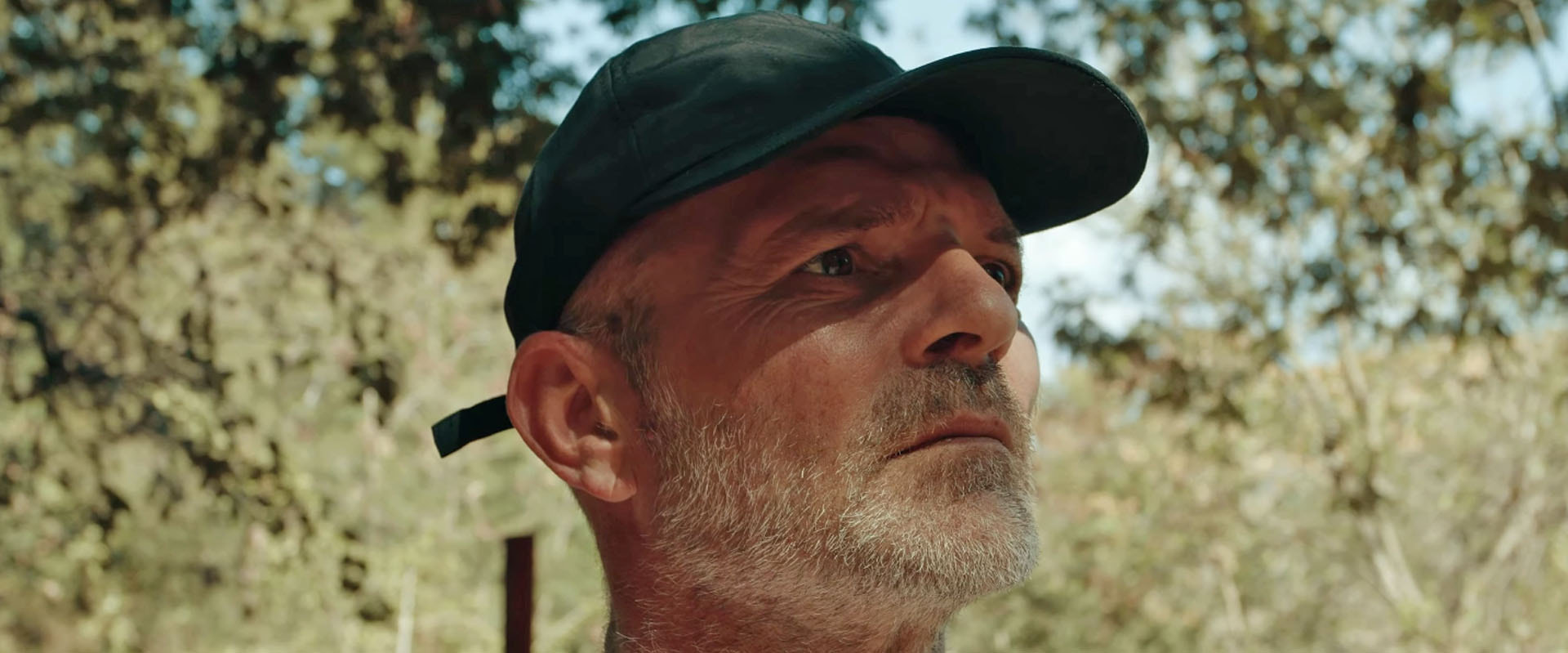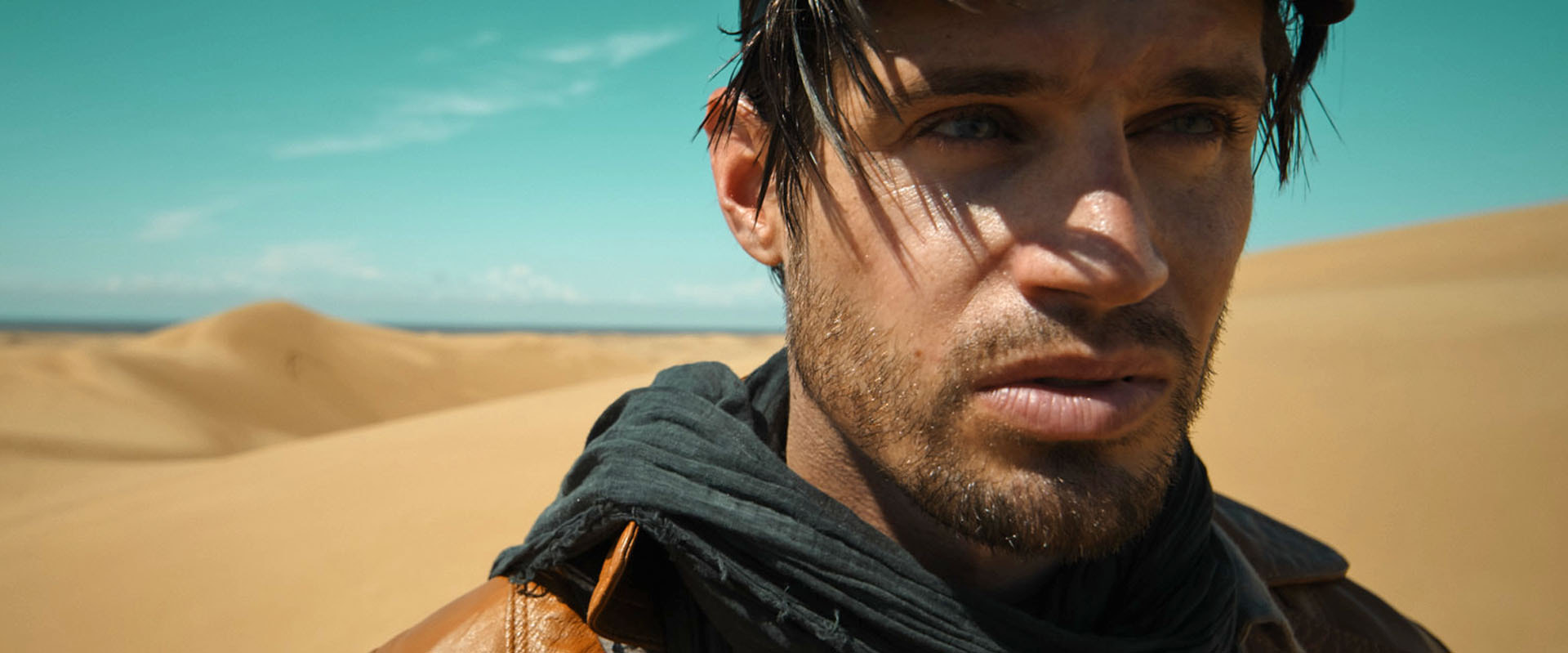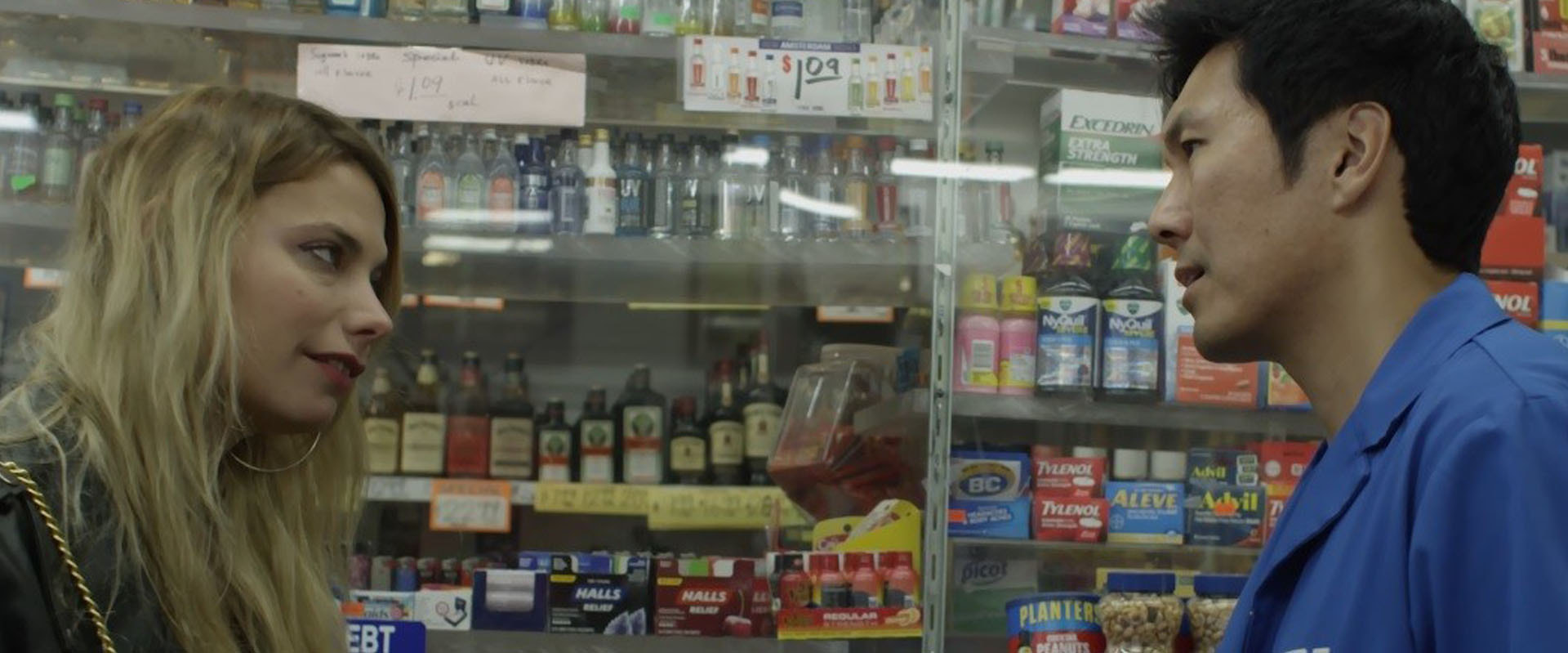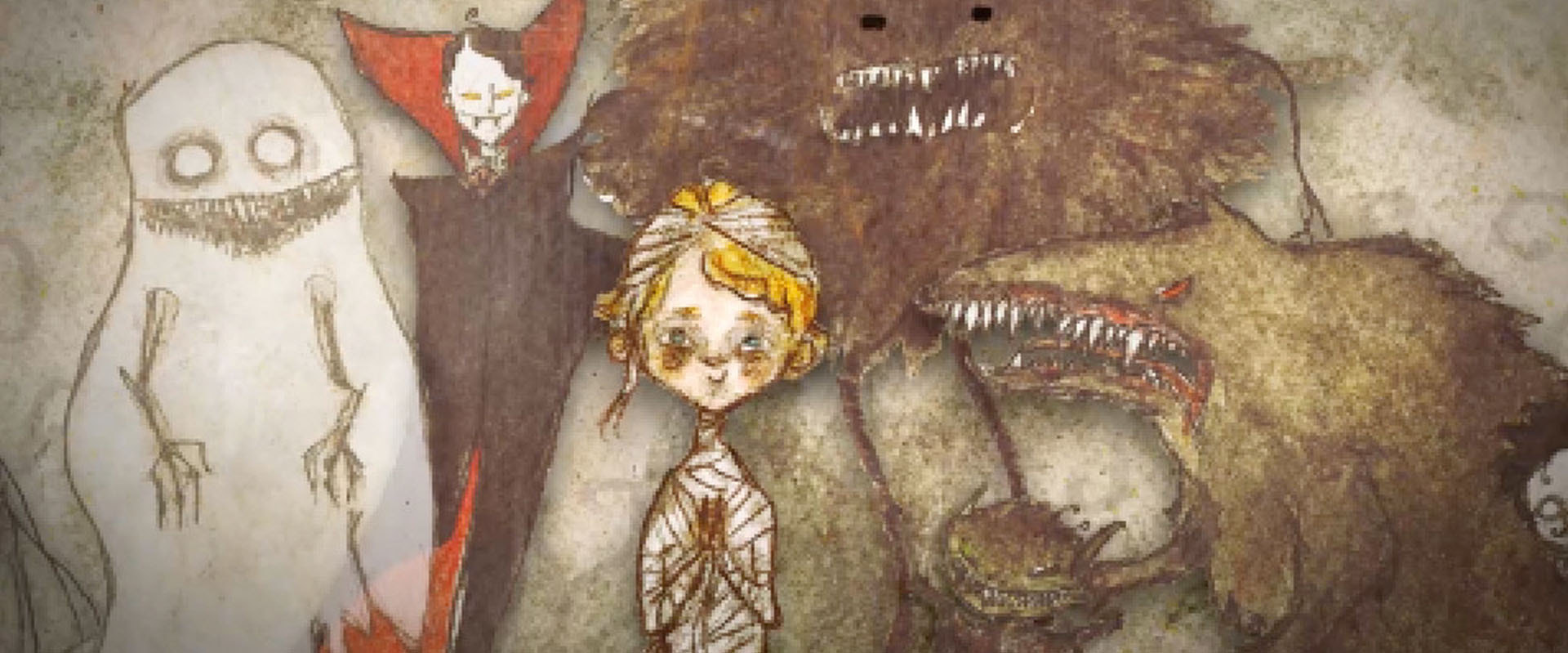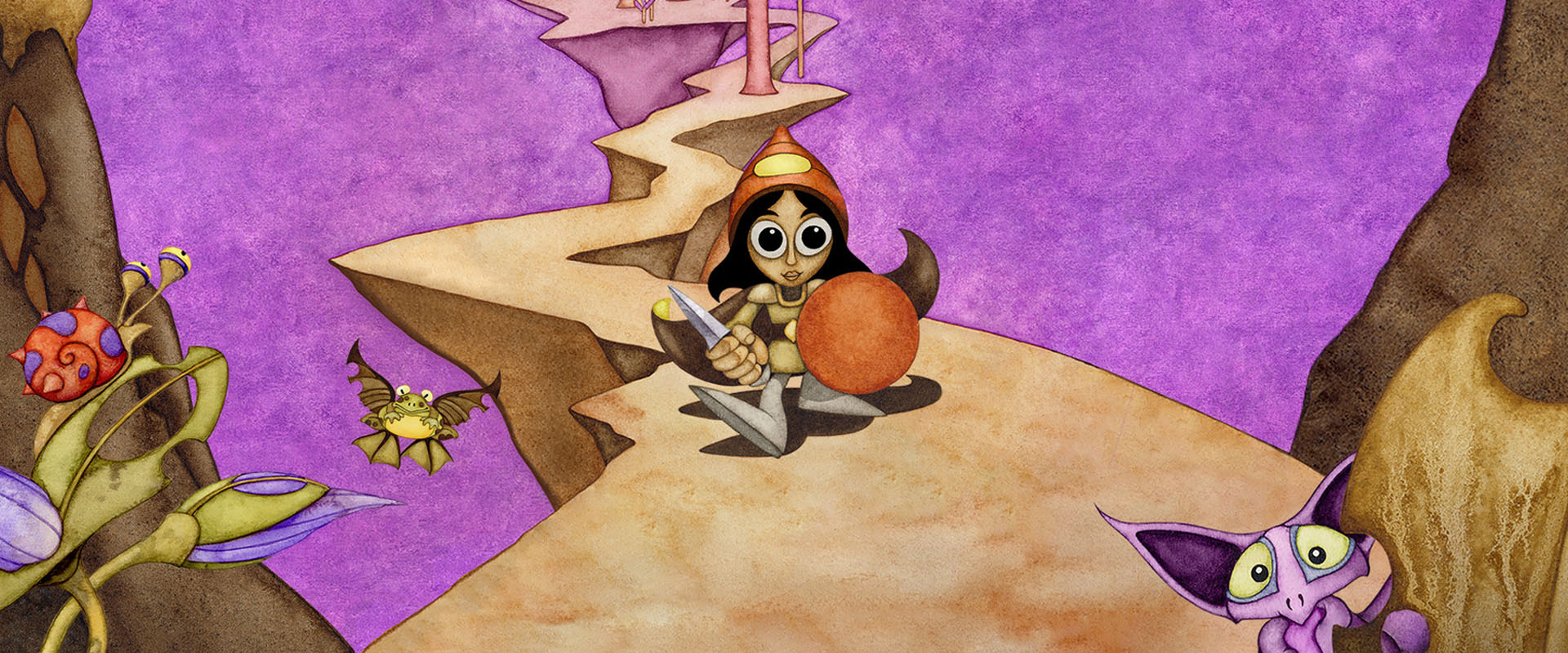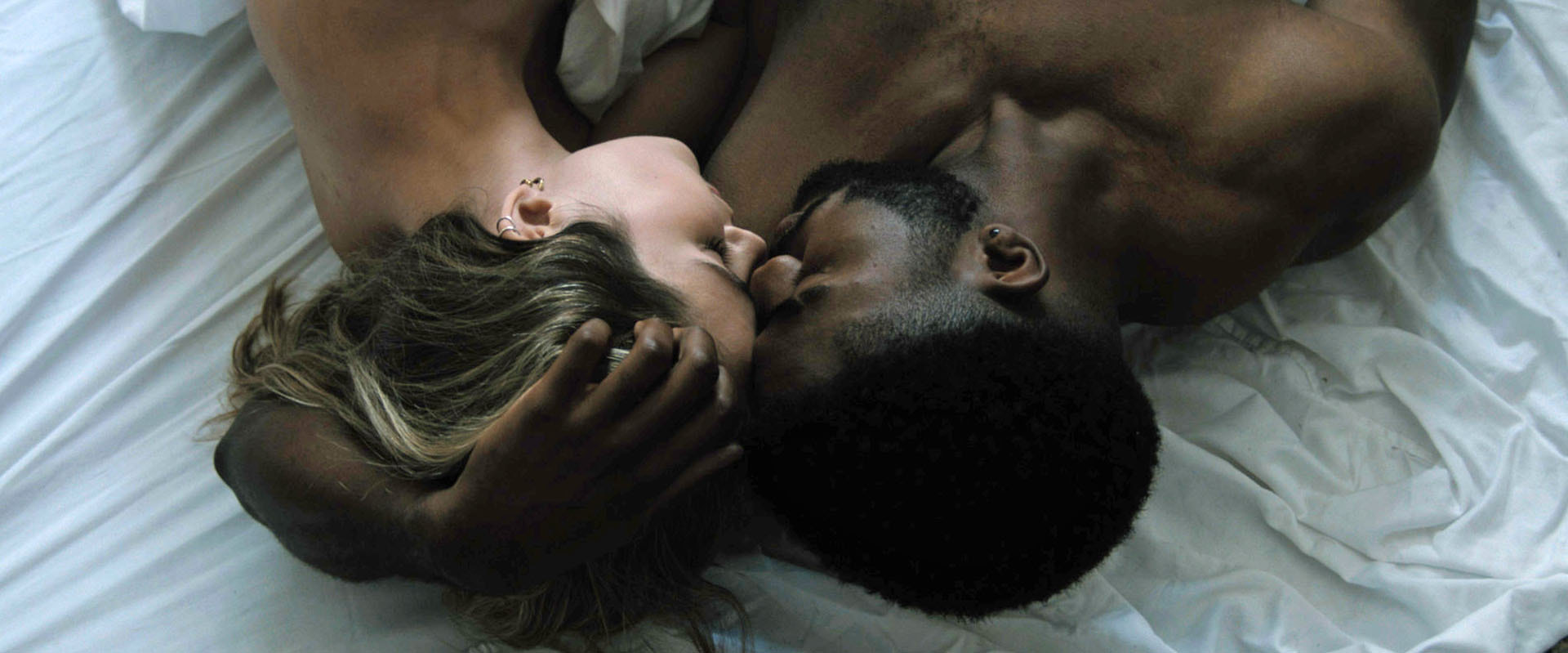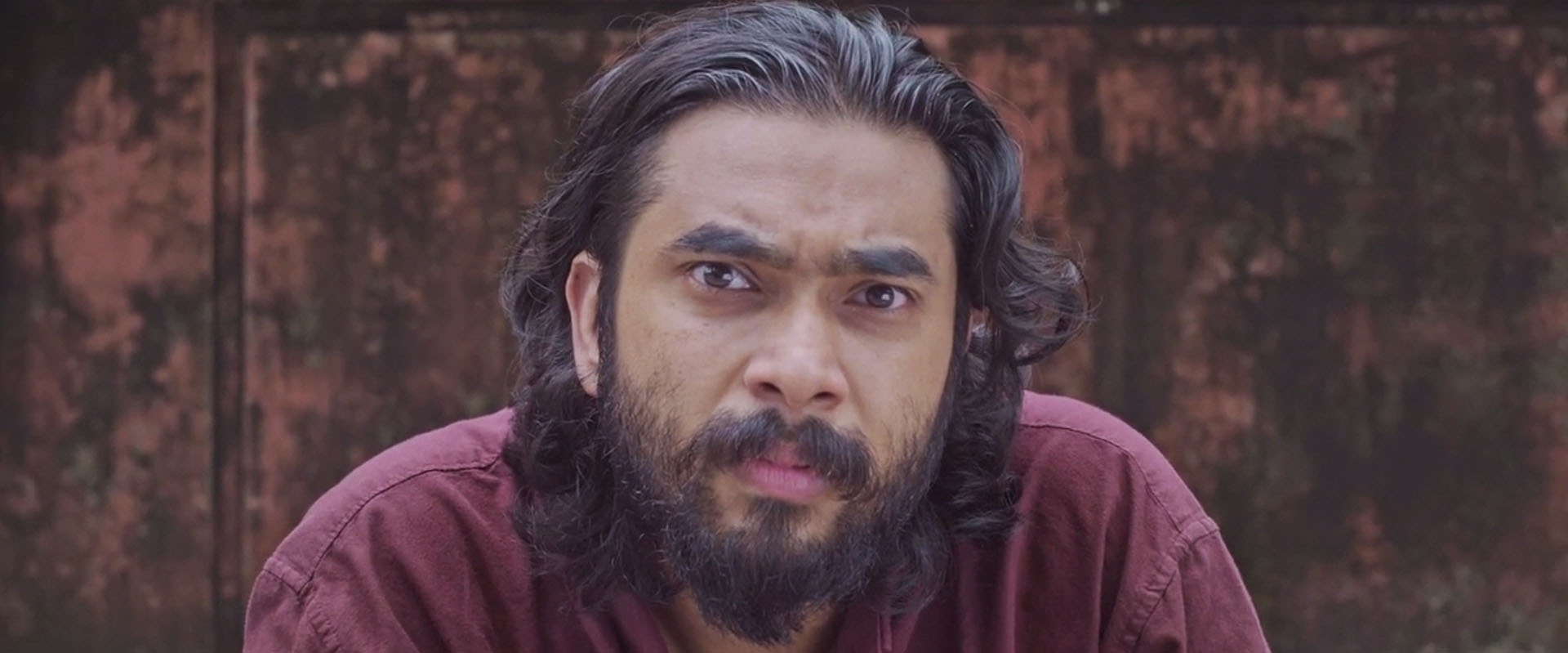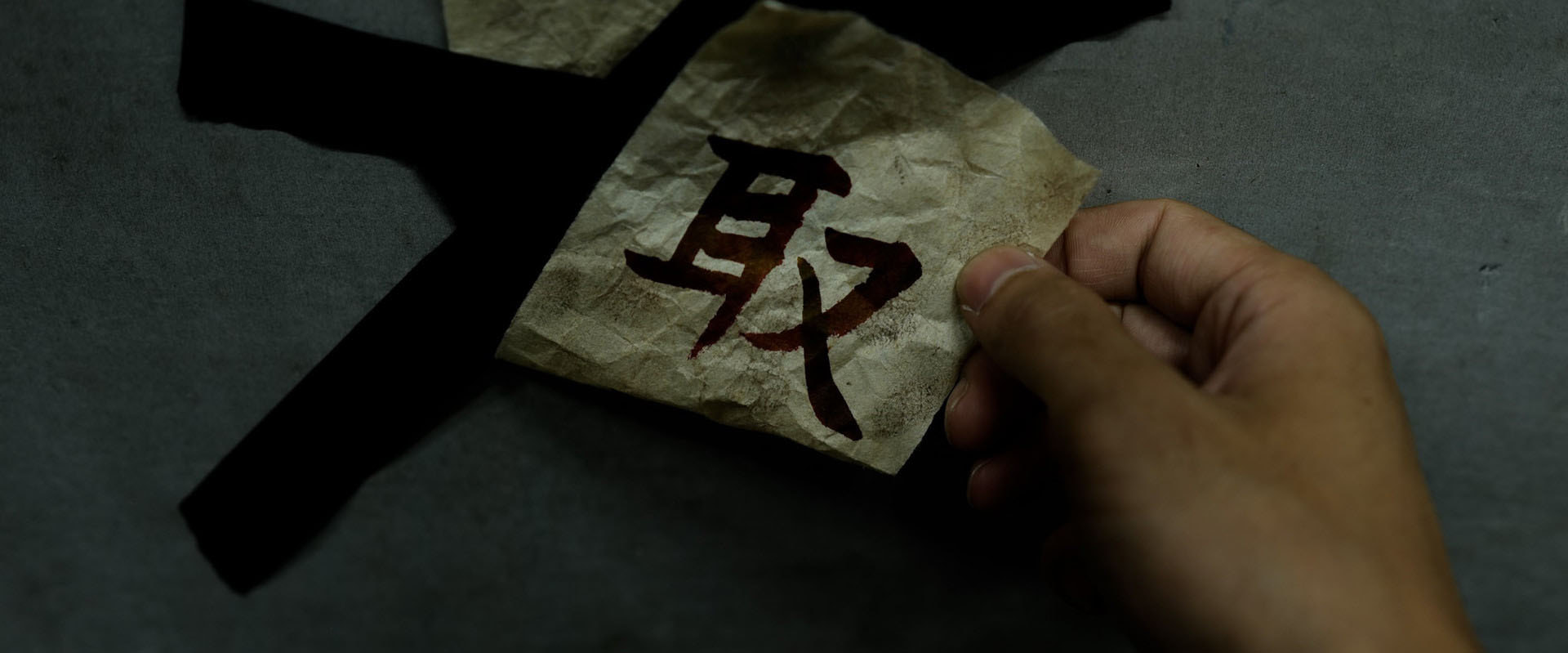|
30 MINUTES TILL (USA)
RJ Zabasky By Adrian Perez RJ Zabasky diagnoses the ultimate anti-depressant pill, more impressive than Burger's 2011 Limitless pill, one which takes the striking Trenton Hess's Anthony on a phantasmagorical and epiphanous acid trip out of his existential void to cling onto life again. It's almost impossible to believe the outgoing TikTok sensation in Zabasky would take on this much darker experimental canvas that derives inspiration from his own experience; it just shows how much of a silent and invisible enemy this medical disorder is. 30 Minutes Till serves an introspective exercise and psychoanalytic examination into chronic depression, substance use disorder and substantial harm, to ego death/identity crisis and depersonalisation, through an intimate cinematographic style, narrative silence, and gothic realism, where hallucinations and excessive fantasies can lead to psychosomatic manifestations and hold a pathogenic quality. Zabasky's deep thematics here often demand more emotional intensity both on a scriptural and performative level; spectatorially, we come to a final analysis of 30 Minutes Till without feeling much empathy for Anthony, and that may be because we see never see him get to that disequilibrium, he's already there. Zabasky's story's exceedingly minimalist and self-contained, which may be its one downfall that it needs to be a much larger feature-length scale canvas and much grander and ambitious on a dramatic and performative level. As far as student film productions go, Zabasky's short film is one of the most mature, rigorous, and devastating there is. Grade B+ 31 (USA) ·
Joumana Rizk By Adrian Perez Joumana Rizk takes us on a mystical, hypnotic, and transfixing odyssey into the thematic dichotomy of immortality vs. reproduction, where a masked alien recalls upon her life as a human and whose mischief and curiosity will propel her to break from her alien clan to find her long lost human lover. Rizk's original concept is beyond appealing, and this emerging film director does much with minimal resources and brave opportunism. 31's overflowing realism is unparalleled, for Rizk infiltrates her cast and crew into an actual New Year's Party at a Newyorkian nightclub with bewitching architecture and personality. 31's costume designs (those masks!) metamorphosise the cast into real aliens; it's fascinating the level of realism and artistry Rizk achieves merely on those two puzzle pieces; though perhaps more facial makeup/special effects and even more ambitious costume designs would've pushed the grotesqueness of the aliens, to the level of inhuman transformation for example that Natalie Portman's Nina undergoes in the final act of Aronofsky's Black Swan (2010). 31 can feel half-brewed and miscalculated like that through some of its more constructivist choices; where Jean Leclerc's exquisite voiceover performance of Molo, silent and poetic cinema, and a need for more cinematographic ambition, have the tendency to detach us a bit from immersing ourselves fully into irrefutable suspension of disbelief. 31 though shy to leap into its utmost potential, is irrevocably opportunistic and all the more captivating and ingenious for it; for a directorial debut, what more could you ask of such an enchanting and daring short film. Grade B+ A
A JOURNEY TO THE MOON (USA) ·
Jack Getschman By Adrian Perez Outrageously fun and totally bonkers 2D-animated vignette of two mice flying off into space (in a cardboard rocketship!) to the big cheese-sized moon to collect enough cheese with which to hibernate for a year! Exquisitely scored with an omnipresent electroacoustic track, vibrant, action-packed, and dipped in a multi-colour animated ecosystem—that will nostalgically take us back to Disney's The Rescuers (1977), and even the grassfields Ash Ketchup would fight Pokémon battles on; this is a home-run of an animated exercise, that whilst radiant with gleeful vivacity, does lack the substance a larger-scale feature-length canvas would have enabled Getschman to achieve. A Journey To The Moon's one downfall's that it's so contagiously fun and vibrant it begs for more adventures and a deeper exploration into these two mischievous mice. Getschman is onto something special here. Grade B+ ABANDONED (Denmark) ·
Martin Vrede Nielsen By Adrian Perez Martin Vrede Nielsen's a virtuoso of psychoanalytical horror, interested in scooping up the antithetical horror that lies within us, spectatorially confronting us here in Abandoned with a loving father but a wife-beater/murderer; creating an irrevocable empathy for Geertz's lead protagonist that corrupts our system and riddles us with anxiety. It takes quite the talent to achieve empathy for a murderer. Nielsen's cinema camouflages provocative thematics of intimate partner violence and femicide/uxoricide, to the psychopathology and symptomatology of psychosis, within a horror/thriller aesthetic and iconography; the results are immersive whilst incendiary, ultimately Nielsen marries the thrill of horror with the substance of this brutal reality, always finding the proper equilibrium of not going too far to either end of the spectrum. Whilst cinematographically excellent, there seems to be something missing in Nielsen's film; it could perhaps be the short-length scale canvas he's working within that limits him from deeper character development and a more fleshed out story with more opportunities for that Darronofskian imprint where realism is effaced by the pathogenic quality of mad hysteria and excessive fantasy (Black Swan, 2010). We're ready and eager to see what Nielsen does on a feature-length scale film canvas. Grade B+ ABOUT US (France) ·
Damien Jaillette By Adrian Perez Jaillette's asset to About Us is certainly his preoccupation and priority for its psycho-emotional depth over anything else. His triumphant directorial debut acts as an experimental canvas for magical transference, affect, and this idea of 'excess.' Jaillette achieves sublime moments that 'exceed' their subjects, consistently uncovering meaning and affective depth in micro-actions, in the uncomfortable silences, in the stare-offs, in the memories. It's a film that's more concerned with spectatorially transmitting the social pain and isolation this bunch of friends feels—having lost one of their recruits into the afterlife, one who, for Arthur (Dylan Raffin), meant more than friendship but love. Jaillette tenderly constructs a tapestry of adolescent post-trauma (from communication difficulty, psycho-emotional distress to shame, guilt, and self-harm), emotional avoidance/repression, and even a hint of closeted homosexuality. Jaillette's debut's a gentle coming-of-age drama that tackles the psychological aftermath of loss for a young clan of friends head-on; a film where its repressed silence explodes in the third act unleashing high-calibre performances and a worthy affective climax. There's little to contest here; About Us is so generous with every fibre of its being, opening up a channel for us through which to practice empathy, to cling onto all these charismatic young protagonists and allow ourselves to feel for them (and for us through our personal formations); where About Us perhaps doesn't entirely transcend is in some technical irregularities across the board, some sporadic faulty choices on a scriptural, cinematographic and performative level. In some ways, About Us deceives itself for the young directorial debut that it is. Still, most of the time, its heart's in the right place; it's overflowing with emotional intensity (as a function of psychological distance), making it hard to believe it's a debut and that such film director would manage to create such a transcendent spectatorial experience. Something many debuts fails to achieve altogether, to create a powerful affective dimension for the film. Jaillette's About Us majestically conquers our interiors whilst flashing a rough exterior at times. Jaillette's unquestionably a diamond in the rough and up-and-coming emerging talent to keep an eye on. Grade B+ ABSENCE OF COLOUR. (USA) ·
Elijah Winfield By Adrian Perez Elijah Winfield's Absence of Colour's not made for the mainstream, but the critical eye will devour this for all its avant-garde glory. Experimental with every fibre of its being, Winfield dips between complex thematics of chronic depression and an existential void to the extremis of psychopathology, behind a post-apocalyptic facade where 99.9% of the globe live under the dark of blue cone monochromacy. Winfield serves stylistic hysteria to depict this uneasy photophobia and low vision, embellished with Logan Williams/Josh Grant's phantasmagorical interiority, metaphysical perceptual realm, and a recounting of events that make up a prolonged poetic odyssey to digest his psychological trauma and social pain. Winfield's introspective exercise will repel the lazy eye, for you have to look in closely to uncover its secrets, but then again, what's so masterful about AoC's that it opens up an infinitude of questions without attempting to answer them. Exemplary ambiguity and irresistible auteur archeology take centre stage in this complex, enigmatic piece of cinematic storytelling, Winfield's onto a cult classic. A raw, heavy, and disturbing watch. Grade B+ ALDER (UK) ·
Vanda Ladeira By Adrian Perez Ladeira's Alder has a prepossessing divine quality that makes for an insatiable spectatorial experience that we don't want to end and that we want to demand more from. Ladeira's story, whilst short, speaks through the universal language of love, camouflaged in a fantastical world of Ladeira's imagination, executed flawlessly through scenographic world-building artistry. Libby Welsh's Alder costume alone deserves an Academy Award for its intricacies and arresting presentation; on a scenographic level, Alder has everything going for it; it's perhaps on a directorial and cinematographic level it halts from truly transcending and leaving an imprint. Ladeira proves in her directorial debut that she's a visionary, making her debut canvas a genuinely hypnotic, expressive, and poetic odyssey; what can we demand of Ladeira now? To push her aesthetic, experimentalism, scriptural ambition, narrative, narratology, and up the stakes, flesh out these characters and take us where no other film director has ever gone before. This is the most inciting fantasy short film of quite some time; Ladeira could be onto something genuinely spectacular if she returns to her idea on a much bigger feature-length scale canvas. Grade B+ B
BACK WHERE WE STARTED FROM (USA) · Khadejah Miller
By Adrian Perez Gritty family drama embellished in a luminous coming-of-age facade makes up Khadejah Miller's daring directorial debut that pushes past the toxicology of alcoholism to its psychosocial aftermath of broken/dysfunctional family dynamics, child custody, and parental alienation. Meet Back Where We Started From, an independent short film that's overflowingly ambitious and competent on a thematic and cinematographic level; at times, it deceives itself for a student film production across its more performative, tonal, and narratological fronts. BWWSF's a film that demands a depiction of both mother and daughter's interiority of psychological trauma, abandoned child syndrome, self-recrimination, and even dysthymia. Miller's short film is mainly concerned with reuniting Sabrina's parents, but spectatorially we can't help but feel reluctant that this happens so quickly and there are missed opportunities to make this more powerful and dramatic. Ultimately a significant thematic is crammed into a short-scale canvas; perhaps that's the root of its tonal disequilibrium. Miller's directorial debut is a grandiose exercise that pushes for the bright tonality of films like Meyers' The Parent Trap (1998) and Hedges' Dan In Real Life (2007); it will agitate some critics for its psychological reductionism but will appeal to the mainstream for many will love BWWSF for its cheery, optimistic and straightforward story. Grade B+ BENNY (USA) ·
Julianna Coscia By Adrian Perez Julianna Coscia serves a unique thematic exploration into how childhood hardship accelerates the transition into adulthood, with all its psychological independence and self-management, whilst also loneliness, psychological trauma, and identity crisis. Coscia orchestrates a bright concept analysis where two unlikely strangers become the most necessary allies; an adolescent who resents growing up too fast and a child who longs to grow up and be an adult. Coscia's casting's phenomenal, bringing together an unforgettable duo in Bowe Schlansker and Mickalia Forrester-Ewen, whose screen chemistry's mesmeric to watch as Benny and Val, as they navigate their home-leaving, stress exposure, and family economic hardship. Coscia's Benny is formidably constructed and refreshingly weighty for a student film canvas, there are technical details that deceive its consistent substance and moments of sheer brilliance and expertise, but ultimately this is a treat to watch, moving but witty, ultimately uplifting for there's hope on the horizon for these two courageous adult children. An infectiously charming and unapologetically imperfect directorial debut. Grade B+ C
CLOSE TO HOME (USA) ·
Ace Steele By Adrian Perez Ace Steele serves his experimental canvas in Close To Home as one of sheer substance, and emotional intensity, one in which he employs a silent cinema, minimalistic realism, and an omnipresent score to digest the inadequacy, neglect, and apprehension the 2SLGBTQIA+ collective confront on a daily; Close To Home is an influential thematic exploration into the end-result of homophobia through cancel culture and social exclusion, which leads Anthony Birklid's protagonist down a downward spiral of chronic depression, psychological trauma, and self-destruction. Steele's 2021 short film's gut-wrenching, whilst demanding more cinematographic ambition, it's a mature, weighty, and critical examination of homophobia many should watch. Grade B+ CRYSTAL THE CREEP: Chronicles Of A Creep (USA) · Sharon Strange
By Adrian Perez Sharon Strange has created in Crystal The Creep: Chronicles Of A Creep such a dark but vivid, animated, and eccentric fantasy world you'll only comprehend if you surrender yourself to it for all its wondrous madness and philosophy. This is a blockbuster cult unlike anything we've seen in recent years; Strange is nurturing a compelling, unique, and somewhat provocative brand built on the thematics of exorcism and demonic possession, postmodern constructivism, realism, and cartoonism. We've never seen such bright commentary on the cultural anthropology and psychoanalysis of demonic possession; Crystal The Creep feels like a crossover child between the stunning 2D animated imprint of Cartoon Network (notably The Powerpuff Girls, 1998-2005) and the new hybrid-vertical storytelling of famous TikTokers such as Jojo Siwa, Baby Ariel, and Loren Gray. Strange serves exquisite postmodern fun to devour; Crystal The Creep's your favourite new psychotic and naughty oddball on the block. Grade B+ D
DOOR SALESMAN DAVE (UK) ·
Ross Henson By Adrian Perez As a protagonist, Ross Henson's Door Salesman Dave has the comedic high-concept potential of Atkinson's Mr. Bean (1990-1995) and Barrie's Brittas from The Brittas Empire (1991-1997). In many ways, Henson's character/content creation's a crossover of the two, but with a dark edge that marks a two-sided socio-cultural critique of the digital age; externally as a programmatic spam savage to dodge at all points, alas internally depicting humanity's neurological delirium when within its grip, and the COVID-19 pandemic doesn't help but corners us even more towards that easily agitated/aggressive, vulnerable and detached consumer profile that Henson presents here. Door Salesman Dave's a satirical vignette that pokes fun at humanity in our point in time, a loneliness epidemic well past a global health crisis that is grooming us to want to be left alone; technological advancements don't help that escape but foment an even deeper hibernation. Ultimately Henson's comedy sketch employs violence which can be psychologically rooted back to a lack of connection and love. Henson's comedic spectacle is on steroids on a tempo-rhythmical level, with a clever and troubling socio-cultural theory underneath its wildly entertaining facade. Grade B+ E
EARL BISS: The Spirit Who Walks Among His People (USA) · Lisa Gerstner
By Adrian Perez Much like a narrative film, a documentary's only as good as its character, and Lisa Gerstner serves us the great Earl Biss, the Monet of Contemporary Native American Art, in all his philosophical and metaphysical profundity; through rare archival footage of the artistic genius himself, and hard-worked investigative interview journalism with the art world's finest critics, collectors and curators to make the definitive biographical documentary and historiographic odyssey into the artist and his imprinted truth. Gerstner's sophistication and passion for the documentary's construction show from the get-go, and when such personal investment goes into a documentary, it can never go wrong. Gerstner offers us peeks into the brilliant mind in his workspace habitat to show the goofy, playful and cheeky side that humanises the influential art force that's the Biss brand; these little peeks intertwine with a theoretical analysis into all of Biss's aesthetic movements; from his signature oil painting work to his more experimental and spiritual work that encapsulates Native American history. Biss so painfully digests a tradition and culture deteriorating in one of his last few on-camera interviews within the documentary. EARL BISS: The Spirit Who Walks Among His People proves the definitive all-encompassing guide to the art legend; Gerstner does us proud and serves a priceless intimate encounter with Biss in her most sensitive, intricate, and metaphysical documentary yet. Grade B+ ESAME DI LEALTÀ "Examination Of Loyalty" (Italy) · Salvatore Greco
By Adrian Perez Esame Di Lealtà "Examination of Loyalty" encapsulates what every documentary should aim to do, which is to have a bit of fun with itself and contribute a tiny grain of sand in helping us figure out why we're here and what we're meant to do as we battle our chronic existential crisis. Salvatore Greco's infectious passion for the documentarian canvas is crystal clear from the get-go and deserves recognition for his experimental directorial methodology in uncovering a philosophical inquiry. Esame Di Lealtà's set-up to its subjects as a documentary about the physical act of moving houses and geographical relocation, beyond a descriptive answer on materialist phenomena, these men (for Greco dedicates this film to men) open up an inevitable psychoanalytic dimension for the film where thematics of masculinity, fatherhood, emotionalism and sensibility, love, fear and become lost (to highlight a few) meet at an intersection and are tackled head-on. Greco provokes thought and opens an infinitude of questions without answering them, whilst creating a safe (and fun) space for him and these men to explore all these ideals, at one point stripping one of his "victims" into his underpants (though he seems to enjoy it!). Through its metacinematography, strangeness, and playfulness, Greco creates of his documentary a truly ambiguous and experimental canvas that's unforgettable, deeply moving and enriching, and also gigantic entertainment. Grade A+ EVERLASTING TAPE (USA) ·
Haley Keegan By Adrian Perez Odelet's original score accompanies some of the most formidable aesthetic movements in cinematic history, mainly focused on the 1920s to 1970s global cinema; from the monochrome gothic horror realism of Christensen's Häxan (1920) to 2D animated surrealism and early silent Disney cartoonism, and documentary cinema to East Asian cinema and Japanese New Wave. Keegan's Everlasting Tape serves a retrospective examination and education across cinematic history; some critics tend to be scandalised by this curatorial and experimental genre; Nelmes and Phillips, to be more specific, are two film theorists who write to length and oppose modern film curation for their 'contamination' effect, something that is inevitable as films are touched by the vast array of cyber-activity that goes on around them. What can be defended and praised in regards to Keegan's curatorial work is that it moves past typical examples we'd expect of silent cinema to offer compelling early texts that provide a provocative overall thematic exploration into demonology, early signs of the male gaze, and sexual objectification, and the psychopathology of surrealism all intertwined with the soulful stylings of Odelet, the sound of personal freedom and socio-political consciousness; there's a sorrowful and profound socio-cultural critique at play here the mainstream eye will completely miss, but Everlasting Tape serves a silent protest and eternal textual deconstruction many academics will devour with great appetite. Grade B+ F
FLIGHT RISK (USA) ·
Sophia Pierre By Adrian Perez What's most remarkable about Sophia Pierre's directorial imprint is how gritty dramatic power and emotional intensity breathes through narrative silence, making for a spine-chilling and hair-raising spectatorial experience out of mundane suburban settings, something starting filmmakers would clutter with an omnipresent music score. Pierre's Flight Risk examines the thematic dichotomy of a near-death experience, in both the literal and socio-cultural sense, with Wren (Daphne Nitsuga) fighting for survival and clinging onto life on a dangerous airforce mission and Sage (Chloe Broeker) digesting prejudice and abandonment from her boyfriend over an unintended pregnancy and birth control drama. Flight Risk, in some ways, deceives itself for a student film production in some of its finer technical and performative details. Still, such a cinematographic understanding and directorial ambition at play here make it an advanced whilst raw, sensitive, and mature short film—a promising directorial debut with plenty of passion and substance rooting for it. Grade B+ FROM UNDER THE BRIDGE: When Bullies Become Trolls (USA) · Paul James Houghton
By Adrian Perez Unparalleled tension-building, inescapable spectatorial hysteria, Houghton majestically depicts in From Under The Bridge: When Bullies Become Trolls a simulation of Megan Meier's (1992-2006) cyclical hellscape at the hands of school bullying, peer victimisation, and cyberharassment that ultimately led to her taking her life just before turning 14. Heavy to digest at all times, due to its overpowering and melodramatic editorial construction, FUTB: WBBT opens up a multidimensional channel through which to explore this thematic across its victims as well its perpetrators, from a cyclical continuum of scapegoating where the very perpetrators are bullied themselves, to ultimately all victims of bullying in all of its forms who digest psychological trauma, social anxiety and chronic depression on a daily. Houghton ends his tragedy on the solid punch that 1 out of 5 teens finds their exit through self-destruction. On a cinematographic and performative level, Houghton gets it all right; this is a high-calibre cinematic tragedy that's gut-wrenching with every fibre of its being, editorially, it has a tendency to be so overpowering through its omnipresent original score (which is superb!) that it will make more than one switch their brain off. There's much power in narrative silence; more editorial equilibrium between the natural tension of the film's performances and the emotional intensity of the score would elevate FUTB: WBBT to a home run. What's unquestionable is that this is one of the most striking, harrowing, and critical short films of the year. Grade A FRUITVILLE (Trinidad and Tobago) · Lallan Samaroo, Larry Horrell
By Adrian Perez Is there anything quite like it? Fruitville's the Toy Story (1995) of edible fruit "form" (as the BuzzLightyear of the saga in Free (an apple) calls them); where a pear, banana, pineapple, and every other exotic fruit imaginable come together to digest the realisation, they're being replaced by plastic fruit. A hysterical original concept that probably holds a valid attitudinal and socionutritional critique, for Cardiothoracic surgeon Steven R. Gundry is one of a few nutritionist experts who advise for a limited fruit intake; for their high levels of lectin and phytohemagglutinin (which if not eaten in moderation can disrupt cell communication, cause chronic inflammation and poor gut health that leads of a host of ills, weight gain, and obesity). From this scientific stance, some could argue that fruit's on the decline! Samaroo and Horrell's ingenuity, sophistication, and sheer brilliance are off the charts in regards to their stop-motion animation and narratological skill; Fruitville tends to tickle more for its surrealist concept and playfulness, for halfway through, you can't help but engage in a laugh attack for the absurdity in what you're watching. It's refreshing, and credit is due for Samaroo and Horrell's skill in injecting humanity into fruit entita; it's all infectiously charming whilst bonkers. Ultimately, Fruitville's condemned from the get-go in the empathic reductionism the impersonality of such fruit entita evoke, that's perhaps where Fruitville's witty ride halts itself from spectatorial transcendence. Much credit is due here; this is formidably animated, Fruitville's the oddball of the year whilst also the gigantic experimental canvas in quite some time. Thank you, Samaroo and Horrell, for reminding us that there's no beauty without some strangeness. Grade B+ G
GOODBYE TO YESTERDAY (USA) ·
Chae Talley By Adrian Perez Chae Talley drills us into a pit of doom in Goodbye To Yesterday, a first-class independent short film that's unimaginably Talley's directorial debut, for how its lead's (Clayton) emotional repression and internal trauma breaks through the cracks of unsettling narrative silence. Talley's directorial understanding and mastery of this scriptural minimalism alone allows for an authentic examination into Clayton's trauma's neurology and defense mechanisms at the hands of his father's psychopathology into killing his mother and the suburban hysteria around his family's history. Goodbye To Yesterday centres this rare psychoanalytic exploration around the sublime screen chemistry and performances of its leads in Andy Cohen and Cassandra Dailey, who provide much light in this dark, grim story; and not to mention the film's attention to scenographic detail, its overall cinematographic ambition and exquisite tempo-rhythm. The highest-calibre of independent filmmaking's on display here, Talley's debut is astronomically successful, poignant, and authentic. A must-watch. Grade A H
HELENA (Brazil) ·
Geebran Warchausky By Adrian Perez Warchausky serves culturally rich independent cinema unlike no other in this exuberantly experimental exercise and introspective odyssey that examines women's sociocultural pressures and responsibilities. Fajngold's superb performance of quiet hysteria is majestic, where not only a physical mirror's reflection aids her existential questioning and crisis, but also the subsequent out-of-body projections that torment her, for her need to abide by social etiquette and composure, and her enslavement into procreation. Something she rejects head-on and feels suffocated by fantasising about the tranquil freedom of the seashore and the peacefulness she once had whilst curved into an embryo inside her mother. Warchausky's examination into ancestral/sociocultural trauma, Freud's optical unconscious/catharsis theory, and female hysteria make for a compelling micro-short film with a profound psychoanalytical and aesthetic dimension, drawing influence from the female gothic and oneiric-metaphor, as seen recently onscreen in Larraín's Spencer (2021) and even Ramsay's We Need to Talk About Kevin (2011). Brave, avant-garde, and magnificent. Grade B+ HIGHWAY 13 (Canada) ·
Stanley A. Papulkas By Adrian Perez Highway 13's agenda's not to reinvent the wheel but to serve 2021's unmissable masterclass in horror storytelling in a highly-exhilarating, inspiriting, and stylishly cinematic spectatorial experience. It should come as no surprise that Stanley A. Papulkas is behind this level of directorial mastery and cinematographic expertise, renowned for comprehending TV viewership unlike no other with his 2017 top honour as an inductee of the Western Broadcasters Hall of Fame. Is there anything Papulkas can't do? Highway 13 leaves an unquestionably insatiable craving for more from the director. Papulkas, don't take too long on your return to the screen canvas; keep surprising us. Welcome to Highway 13, be warned; it's a flawlessly executed first-class horror that's off the charts. Grade A |
HOOD: A Star Wars Story (USA) ·
Damon Wellner By Adrian Perez Yes, HOOD: A Star Wars Story is as good as you want it to be, if not more. As if action-figure stop-motion animation wasn't enough to get excited about, Wellner brings to life in this canvas an entire fanbase's cult icon in Willrow Hood, a background artist who appears for one second in The Empire Strikes Back—but who awakened the craziest fan theories and speculation in the weird device he was carrying (one that looked like an ice cream maker, when in fact it was a safe!). Wellner's action-figure epics across his slate of various IP have consistently landed him and his Probot brand much recognition and a solid loyal following; a pioneer in his niche of stop-motion animation as well as Hollywood special effects, who never disappoints and is an auteur in his own right. HOOD: A Star Wars Story is impeccably animated and outrageously fun; a synthesis of clever-witty dialogue and background story, inventive scenography, and created soundscape, as well as outstanding voice acting, add to Wellner's smooth, original, and highly-skilled stop-motion animation. Probot competently rivals the greats of Laika, creators of ParaNorman (2012) and Coraline (2009), and we'll hope and foresee even more ambitious and feature-length scale film projects from them soon. Hardcore fan fun embellished in high-calibre stop-motion animated fashion, a viral, riotous, and unique sensation of a micro-short animated film. Grade A HORSEKEEPER (USA) ·
Donna Wells By Adrian Perez At times, the documentarian canvas can get cluttered with facts and investigative research to inject fear arousal and get the point of action across, to no success. What Donna Wells manages so formidably's to draw attention to a global animal issue by taking a completely different methodological approach to her documentary HorseKeeper, through narrative minimalism, non-intrusive exposition, and personal power; simply letting us linger in a day in the life of an extraordinary woman who has devoted over 20 years of her life to a mustang sanctuary. Behind every excellent documentary, there has to be a grand subject with personal power; Wells finds that force for good in Jackie Fleming, who's mesmeric to watch at all points; upfront and close in her interviews explaining her unapologetic loner existence (with glimpses of social pain), which serves an exquisite thematic exploration into the psychology of introversion; and furthest away from the lens engaged in excessive hours of intense work carrying the maintenance of 40 horses all on her shoulders. HorseKeeper's simply arresting to watch for how much animal responsibility falls on one woman in this vast tranquil land. Wells invites us to experience the overwhelming stillness of Jackie's life along with her dog Holly, prison horses Rio and Reyardo, as well as over 40 other happy and grateful horses. Remote but never self-contained, profoundly philosophical and inspiriting, Wells's new documentary's the dark horse of this 2021's awards race. A must-watch. Grade A I
I AM MORE THAN MY HAIR (USA) · Alyscia Cunningham
By Adrian Perez The highest-calibre of documentary filmmaking's on display here in Alyscia Cunningham's I Am More Than My Hair, which transcends its documentarian canvas to eradicate the toxicity of hair fetishism and unrealistic beauty standards and light a torch for many women who suffer from the pathophysiology and chronic inflammation of alopecia. Cunningham's empowering documentary unmasks the psychological makeup of alopecia, serving a raw and gripping examination into depersonalisation and identity crisis, dysmorphophobia (also known as body dysmorphia), to ego death and psychological trauma. Flawlessly executed with both cinematographic and investigative ambition, Cunningham captures raw beauty and luminosity in the stillness of her subjects beyond their testimonial moments. I Am More Than My Hair lands with a bang; it's a beacon of hope that will help grow a global phenomenon; for many, Cunningham's documentary will mean their salvation—perforating, messianic, and freeing with every fibre of its being. Grade A* INTERVIEW WITH MARILYN (USA) · Agatino Zurria
By Adrian Perez Agatino Zurria's character creation in Marilyn Moreno couldn't bring forth a more weighty ordeal in scratching the psychopathology of stardom, or worse, the delusion of it at the hands of covert narcissism, idolatry, and fictophilia. This modern-day Latin Marilyn lights a torch for a generational crisis, one in which many of us suffer from celebrity worship syndrome, in which many of us desire to become rich, famous, and good-looking. Zurria's final frame composition of a stranded, broken, Latin-American migrant and Marilyn-impersonator waiting for the bus under the dark of the moon will give you the chills. Interview With Marilyn's a powerful socio-cultural critique of an entire generation incarcerated by the fantasy of their non-hostile narcissism, which makes them fall victim to showbiz scams, sextortion, and mental inflation, which leads to excessive self-monitoring, low trait self-esteem, toxic perfectionism, and ultimately ego death. Zurria's concept analysis is exceptional, endearingly executed through black-and-white Classical Hollywood aesthetic, tempo-rhythmic tenacity, and Rosalinda Rodriguez's infectiously charming performance, where she pushes past her Marilyn Monroe facade into her unique quirks and personal magnetism. Zurria's 2021 dramedy's mystical, relevant and irresistible to watch. Bravo! Grade B+ J
JOKE'S ON YOU (USA) ·
Teresa Catherine By Adrian Perez Not once in the film's construction is Harley Quinn or the Joker outright mentioned, but Catherine's Joke's On You hints at DC's mad star-crossed lovers in this poetic vignette into Quinn's mentalscape down graffitied suburbia. As the deceivingly notorious supervillain, Catherine's performance is exquisite, pushing past her initial sweet and giddy exterior to present an impulsive, exhibitionist, and ultimately unstable and bonkers Quinn. Joke's On You's infectiously charming, its one downfall is its micro-short runtime and Mariachi-style mobile filmmaking and minimalism, which begs for more for such a fascinating protagonist with unique quirks and personality; and what of its cinematographic contentment? Joke's On You ultimately excels in its performative exercise, but what would happen if this were to be a grander spectacle? Perhaps then this would evolve into an invaluable vehicle for Catherine. Grade B+ JONATHANS WORLD (USA) ·
Tyler Dandrea Lambert By Adrian Perez Tyler Dandrea Lambert's a powerhouse brand who creates in Jonathans World an unapologetically eccentric fantasy world that's so uncontrollably entertaining and the ultimate love letter to geek and popular culture and early 2000s youth culture. Jonathans World consistently opens up irresistible intertextual realms through its lead in Lambert, a digital age Steve Urkel (Family Matters, 1989-1998), wrapped in a colourful tonality and scenography respective of The Fresh Prince of Bel-Air (1990-1996) to Raven's disguise comedy that erupted from psychic future prevention operations (in That's So Raven, 2003-2007)—only that here we're jumping back in time to conquer a long lost love. A time-jump watch and VR-style headset, magic potions, Pokémon card battles, first-class rapping, motivational life-coaching, the girl, covert disguises, and over the top comedy, the list goes on; is there anything not to love and be tickled by in this highly postmodern, intertextual and multicolour explosion that thrives in its stylistic rhetoric and playfulness. This is a memorable series pilot with a Lambert in-role whose infectious charisma, sublime comedic tempo-rhythm, and innate talent (both on/offscreen) will land him plenty of recognition across the film festival circuit. Formidably executed, ambitious and bonkers, and ultimately hysterical. A must-watch. Grade A+ K
KILLERKRAVINGS (USA) ·
Eric Bendross By Adrian Perez Bendross, well-established and reputable for his pro-social directorial work, returns to his screen canvas to depict the interiority and psychological functioning of obesity, wrapping Mit's inner turmoil with horror scenography and spectatorial disturbia in a spine-chilling, high-pitch, score and highly-saturated picture finish. Bendross maps the internal battlefield of this complex disease and body dysmorphia through an alter-ego (Tim), making for a powerful performative vignette that can easily rival Mo'Nique's and Sidibe's exemplary duo in Precious (2009). KillerKravings is thematically correct and ambitious; it halts itself from transcendence in its unpolished aesthetic; there's an undeniable minimalist indie-borderline-cult quality that begs for more cinematographic ambition for such a powerful and relevant concept. Despite this, what's unquestionable is that Bendross is an original who holds a substantial socio-cultural weight on his shoulders. KillerKravings is progressive, internal, and eccentric, with an outstanding performance turn in Elliton. Grade B+ KIVENNÄINEN "Mineral" (Finland) ·
Olli Huttunen By Adrian Perez Olli Huttunen creates meaning from above and continues building his unique brand that places us from an omnipotent bird's eye view through which to peek into civilisation; what are we doing wrong? Huttunen's Kivennäinen "Mineral" is miles different from the brilliant, ingenious and highly-entertaining drone-film IDEA, a film that to this day continues to be a big novelty and award sweeper for its sheer brilliance and simplicity; Huttunen's new canvas makes a case for substance vs. style, an experimental canvas that concerns itself with depicting the cyclical tension of excavating our way into civilisation, taking us from breathtaking scenery of untouched nature sites to the disorderly and chaotic dystopia of mining sites, to then spectacular aerial cinematography of fully-built river dams and civilisation. Huttunen never concerns himself with positioning us in favour of/or against the process but very much wants to highlight an uneasy tensity and take us for the ride, creating an arresting and overpowering spectatorial experience that will leave no one indifferent. Huttunen's latest drone epic includes sublime cinematography, masterful editing, and environmental philosophy. Grade B+ L
LAST WARNING SHOT (USA) ·
Alicia Buckner By Adrian Perez Buckner proves how potent and relevant a film director she is becoming with her most ambitious feature-length scale film canvas yet, Last Warning Shot. Harsh and direct, Buckner shoves us into Maddy's (Shadia Martin) motel room and trafficking hysteria from the get-go; and opens fire at us with an obtrusive score, temporal jumps and compressed key story beats for Maddy in record-time. The compressed succession of Maddy's life events is so hostile and brutal since she meets Tommy (Bryan Mittelstadt)--becoming pregnant, getting kicked out and trapped into sex slavery, and giving birth before turning 18—that Buckner magnificently captures the split-second life-change reality of these enslaved victims, which now amount to a global 24.9 million in accordance with the Human Trafficking Institute's latest 2022 Q2 report. Buckner also sheds light into online recruitment, which increased by 22% during the pandemic, and not to mention the new trafficking risks the Ukraine crisis has imposed on its millions of refugees. Gut-wrenching, Buckner's latest picture imposes a brutalism unlike any of her previous works, making her an indie Michael Bay, and perhaps that's Last Warning Shot's one downfall; super-imposed and heavily plot-driven to depict the hostility of Maddy's situation, we're missing some of the delicacy and narrative silence of Starfish, to better depict Maddy's mental subjectivity throughout. We finally get a glimpse of this and a poignant performance turn from Shadia Martin during the filing for Tommy's restraining order. Whilst Buckner's tempo-rhythm is off the charts to depict the macabre underground of human trafficking, Last Warning Shot begs to get even more up-close and personal on Maddy's deteriorating psychosis and unhealthy pregnancy to create an even more claustrophobic and immersive spectatorial experience. In better creative shape than ever, Buckner serves her most imposing, graphic and electrifying picture yet. An emerging director to follow closely. Grade A- LA PAURA DEL BUIO (Spain) ·
Beatriz Montes Lozano By Adrian Perez Beatriz Montes orchestrates a chilling and provocative film essay that serves as a powerful thematic exploration into the psychology of rebellion as a cry for connection and love, generational trauma, and sociocultural anthropology. Montes formidably employs her curatorial concept and overarching vision through a highly experimental split-screen canvas and compelling script that's worthy of a multi-dimensional video space experience at MoMA. La Paura Del Buio is avant-garde and constructionist beyond compare, opening up a psychoanalytic and postmodern dimension that offers up as many spectatorial readings as there are glitches in Wachowski's Matrix (1999). Montes's craft is fresh, radical, and complexly metaphysical; Montes's an original, whilst many praise her work, many are yet to discover her, and the world is dying to meet her. La Paura Del Buio is a postmodern Rebel Without A Cause (Nicholas Ray, 1955) and an obligatory watch. Grade B+ LANDING POINT (Hong Kong) ·
Sei-hong Cheng By Adrian Perez It's hard to digest that Landing Point's a student canvas, for Sei-Hong Cheng demonstrates such delicacy, comprehension, and philosophy in his direction. Landing Point mystically breathes through narrative silence to create a feeling; amongst cluttered over-crowded spaces, Cheng manages to make us feel disconnected, hollow, directionless, lonely, sad... And then, what can feel like existing in limbo, not living merely existing, us hanging by a thread about to fall from a precipice, is swept away by a micro-action, a small glimpse of connection and happiness that makes all those hours of empty existence worth the wait for just that one great moment. Cheng's poetic with every fibre of his being, his sorrowful maturity in capturing and externalising the minutiae of Stella's (Ranya Lee) interiority and mental subjectivity through the film's created microcosm is simply breathtaking to watch. Whilst Korean cinema has preoccupied itself with glamourising poverty into mainstream spectacles, turning these real and gritty socio-cultural canvases into inflated sequence-kill survivalist films, most notable examples Hwang Dong-hyuk's Squid Game (2021) or Bong Joon-ho's 2019 Academy Award winner Parasite; Chinese Cinema has always gone in the opposite direction, concerned with imprinting the psychology of poverty in avant-garde realism, much like Italian neorealism as a movement digested postwar life. Cheng takes the same directorial lane of Patrick Tam's 2006 masterpiece After This Our Exile, also filmed in visually stunning Hong Kong. Cheng photographs mundanity in a new COVID utopia, serving a rare thematic exploration into Hong Kong poverty, but more deeply dissociative phenomena, our detachment from reality and each other, and the social pain of this chronic loneliness and isolation. Get ready to enter a cluttered space we don't fit into and to be haunted by familiar sounds of the every day. Grade A* LE RÔLE DE TA VIE "The Role Of A Lifetime" (France) · Marc Saez
By Adrian Perez Don't let her fool you, Véronique Picciotto's irresistible, seductive but deadly in Marc Saez's Le Rôle De Ta Vie "The Role Of A Lifetime," she's not playing showbiz games anymore to get ahead and land her dreams of becoming an actress, famous and rich; Saez utilises his latest screen canvas to serve a thematic exploration into this sexist, labyrinthine, and male-dominated industry, but mainly with the motif to open up a psychoanalytic dimension and operate a socio-cultural critique on male privilege and toxic masculinity, sexual objectification, and harassment, to gender inequality. What Saez does here is fresh and unique, for we have never seen an empowered woman fall into her self-destruction. A strong and reassured Picciotto ultimately terminates the cause of her chronic depression and psychological trauma by kidnapping her perverted director and leaving him to die in an abandoned warehouse, and whilst reaching that resolve, she still would rather take her own life. Le Rôle De Ta Vie's provocative, harsh, dark and follows the weighty ordeal of films like Fennell's Young Promising Woman (2020) and Fincher's Gone Girl (2014). Not only is Picciotto's performance stellar and award-worthy, but she's also a beacon of hope and despair for many women who feel impotent at their lack of professional momentum at the hands of male privilege and sexism; Saez serves food for thought in this incendiary vehicle for eradication of sexism and sextortion. Grade B+ LE VAS A LLEVAR FLORES "Are You Getting Her Flowers?" (Mexico) · Alfredo Rivera
By Adrian Perez Oh boy, are we in for a treat. The wait is over for an emerging new independent film director who understands cinematic storytelling and who caresses directorial perfection; Rivera demonstrates through Le Vas A Llevar Flores "Are You Getting Her Flowers?" how you don't need the most expensive camera to tell a good story; from his elliptical editorial transitions, clever, witty script to Tarantinian influence where we're engulfed into a scene that's not all that it seems, Rivera scores a home-run of a simple short film. Some will oppose this film for its mobile quality and lack of technical rigour with some blurry nighttime shots, but it really shouldn't; this is one of the most prolific, cinephiliac, and messianic film directors in global independent cinema today. Rivera, get writing a feature-length screenplay and a better camera, for the world is dying to meet you. Grade A LONELY (Canada) ·
Cameron Veitch By Adrian Perez Veitch's Lonely unquestionably leads this 2021's awards race for its infectiously cinephiliac, highly-auteurist, and ambiguous indie canvas. Lonely's cinematographic expertise and style are off the charts, serving an over-flowingly stylish genre-play that's as much a homage exercise as it is a play-date between a screen director and his entire "orchestra." Behind every great film auteur, there're 10,000+ hours of lonely cinephilia; it's what informs/marries the expertise with personal style, what upgrades Veitch past a mere metteur-en-scène into one of the most prolific and exhilarating independent film directors of the year. Veitch sucks us instantly into the thematic of social pain and isolation in extremis, with lead Tom Lute's (Martin) suicide ritual at his car interrupted to lead to a sequence-kill location thriller at an American roadside diner under the dark of the moon. Every scenographic detail strategically placed to amount to this psychosocial and existential precipice—from an abandoned stepped-on teddy bear offering a mirror peak into Martin's psyche; to the fatal fate this road stop/dead-end diner suggests for this bunch of mortals. Much of Lonely's substance then lingers in the mood piece and intertextual hysteria Veitch dips his thematic exploration in; exquisite sporadic brushstrokes of Tarantinian graphic violence, situational drama, and even Robert Rodriguez's retro/vintage play and Mariachi-style (Death Proof, 2007), as well as Winding-Refn's narrative silence (Drive, 2011) and perhaps even Wright's editing trademark style (Last Night in Soho, 2021). Bad Times at the El Royale (Goddard, 2018) also comes to mind as a potential antecedent. There's a lot to sink your teeth into Veitch's excellent taste for cinematic storytelling; ultimately, Veitch's moral compass sways us to the coda that no winning lottery ticket can buy one positive psychology (happiness). Sublime on a cinematographic and auteurist level, Lonely can at times fall victim to the very thematic of existential crisis it denotes; we end on a high thrill, but with a hollow feeling, we can't help but feel something's missing. A much deeper character exploration would have enabled us to cling onto someone to empathise with and enabled Veitch to send this off into stratosphere. Despite this small remark, Lonely's a big thrill. Sophisticatedly-architected, quietly explosive, and omniplayful, Lonely is the must-ride film attraction of the year. Grade A LOOK AT US NOW: A Comic Book Movie (USA) · Vee Rodriguez
By Adrian Perez Vee Rodriguez "Vee The Vision" returns to the screen canvas with a highly-stylish, metapoetic, and touchingly personal performative and interactive documentary; Look At Us Now: A Comic Book Movie starts self-contained and private until it takes us down the rabbit hole of documentary realism, investigative interview journalism, and archival research to create a motivational homage to the greatest of comic book heroes and minority culture (and philosophy), something which Rodriguez calls "Geek Mythology." LAUN: ACBM will be uplifting to not just its targeted devotees but a wider audience full of people who are still longing for a sense of belonging. Grade B+ LUDI TUNES (USA) ·
Ludmilla Muse By Adrian Perez It was only a matter of time until Ludmilla Muse's infectious charisma and unquestionable stardom would be commissioned for its unscripted reality series, incomes Ludi Tunes, where Muse continues nurturing her unique brand that fuses her catchy-anthemic musical stylings in fun 2D-animation and digital scenography. Muse's first episode is a pilot that finds its footing in celebrity interview journalism, popular culture, and great musical numbers. Many Chicago fans will tune in to see the joint powerhouse of Muse with AGodess, where we'll get a sneak peek into their latest music videos for "You(Mama)" and "For My Homies." Some critics will undoubtedly question the aesthetic choice of having a digitally-created colourful set, which makes the format perhaps look more juvenile than it should be for the slick and high-class Muse brand, though the mainstream will find Muse's Ludi Tunes highly entertaining and simply exquisite. Grade B+ M
MELANIA'S DIVORCE (USA) ·
Maxwell Bahamon By Adrian Perez Romina Caruana pens and plays the role of a lifetime in Maxwell Bahamon's short film on the former first lady Melania Trump, a minimalist experimental canvas that gives voice to the ever-silent, enigmatic, and misunderstood former first lady. Caruana and Bahamon's film's another unofficial document, much like CNN reporter Kate Bennett's book Free Melania (2019), that tries to connect the dots in the ever-speculative media whirlpool to Melania's stance for her ongoing hushed and inactive demeanour. Most daringly and imaginatively, Melania's Divorce's impetus is not so much to scratch at the surface to uncover her truth but to scoop out the dark underbelly of modern-day society, where many women are silent and concealed in the shadows of narcissistic rage, male privilege, and economic control. Melania has become a symbol for this repressed collective, and this cinematic canvas hints at the cathartic explosion such a testimony (which is hypothetical) would have on the world. It would liberate a nation; Melania's Divorce goes past the truth of the matter, takes on that symbol of silence and breaks it free, and finds the inner power, resilience, and hope within silence to set those women free. Lastly, what can we say about Caruana's characterisation and performance? It's effortless, inch-perfect, and first-class. Melania's Divorce is a beacon of hope for many women worldwide. Grade B+ MONSOON V (USA) ·
Mike Olbinski By Adrian Perez Olbinski's Monsoon V's prepossessing to watch; it will grip you for its omnipotent rage and wondrous beauty. It's a watch you're hypnotised by, one you don't want to end. Olbinski deserves recognition solely for the hundreds of hours of patience (32 days to be exact!) and solo cinematography (85,000 frames!) to achieve this spectacular time-lapse coverage of Arizona's 2018 monsoon thunderstorm season, editorially architected to arresting effects to resemble nature's omnipotence over us. Cinematographically flawless, dazzling, and mesmeric. Grade A+ MUSIC AND MENTAL HEALTH WITH TINA RIX S1.E1 (USA) · Tina Rix
By Adrian Perez What started as an experimental canvas that marries and explores the symbiosis between Tina Rix's deepest passions in psychological health and music becomes a gigantic docuseries project repleted with instructive and educational depth, value, and power; making it a multidimensional, energetic and metaphilosophical document that examines music as a celebration, but also as an output of pain. Along with the best experts and musicians in Austin, Rix engages in investigative interview journalism to embrace music as a psychotherapeutic agent and examine its broader historical, socio-cultural and aesthetic influence; this is a daring documentarian canvas that serves as a cathartic vessel to free us from complex trauma. Not many docuseries's go where Rix dares to go—normalising mental health by tackling thematics like sexual violence, existential void, and ego death/identity crisis head-on and guiding us in rewriting that story through a fresh, stylish, and vibrant docuseries that encapsulate the Thought Positive Media brand, as one that empowers us in not tiptoeing around our problems, but by tackling them head-on, and granting us the tool of music as a form of psychotherapy. Music And Mental Health With Tina Rix is an exceptional and punctual docuseries; it will throw a lifeline at many spectators. Grade B+ N
NIGHTLENS (UK) ·
David Woods By Adrian Perez Behind its sci-fi facade, David Woods' Nightlens centres its fresh script in a rare avant-garde thematic exploration into the psychopathology and existential void of chronic depression, solitary confinement, and psychological trauma. Woods creates a grim and dispiriting mental hellscape for Blake (and Kate) from the get-go, where ruptured old couple signs up to Cerebrics' futurist hypnosis therapy to navigate through their repressed memories to the root and cause of their break-up, which over time's no longer apparent to them, in an attempt at reconciliation and happiness. Raw, dark, and ever-frightening, this wounded couple must fight their inner demons, as well as the psychosomatic extremes of their therapy (with an arresting convulsion scene at the hands of Kim Hardy that rivals Daniel Kaluuya's masterful performance during his 2017 Get Out hypnosis scene). And not to forget Cerebrics' hidden agenda to feed off their neurological and cellular energy (making them memory vampires?); Cerebrics' macabre clan will throw many back to Flanagan's 2019 Doctor Sleep's True Knot. Exquisite intertextual intersections meet in Woods's minimalist sci-fi that thrives on a spectacular original screenplay that comprises a Shakespearean intellectual and philosophical depth; there's sublime dialogue to unpack here. In its overly long, complex, metaphysical story, Nightlens won't sit well with a more mainstream audience. Abstract with every fibre of its being, Nightlens is a feast for critics and hardcore cult spectators to decode. Woods' Nightlens could be on its way to a cult classic; time will tell. Grade B+ Q
QUEEN OF THE DEAD (USA) ·
Justin Bernardo Cabeza By Adrian Perez It's captivating to see the quadruple threat in film director Justino Bernardo Cabeza (who's also the screenwriter, producer, and editor on this picture) enter the phantasmagorical dimension of cult cinema in his latest cinematic canvas, Queen of the Dead; a transgressive and dying subcultural breed that pays homage to the Gothic and cult aesthetic, whilst opening up an irresistible intertextual intersection between mostly Dario Argento's 1977 Suspiria, and perhaps even Bryan Bertino's 2008 The Strangers, with small glimpses of William Friedkin's 1973 The Exorcist. Be warned, Cabeza's QOTD's a disturbing watch; we move through the narrative with shaky and blurry cinematography to disorientating effects as we navigate Jacqueline's impending horror and hysteria in crescendo into this metaphysical coven induction that starts with stalkers and a break-in, as well as convulsions and her fainting on various occasions. Trista Robinson's bewitching to watch in the role, making Jacqueline's victimisation at the hands of demonology ever more impactful, for this is a protagonist we root for. QOTD's eerie and hair-raising from the get-go with every fibre of its being, it triumphs in achieving a thrilling spectatorial experience; its monochrome aesthetic and stylistic rhetoric does draw attention to itself, hence creating a Brechtian distance that blocks us from total immersion; Cabeza's 2021 cult epic at times also demands more character and world-building to reach absolute transcendence. What's unquestionable in Cabeza's Gothic homage's that it's a cult classic in the making. Rare, uncanny, and spine-chilling. Grade B+ R
ROCKET(WO)MEN (USA) ·
Teresa Catherine By Adrian Perez The great Teresa Catherine (or Catherine The Great!) returns to the screen canvas to digest her personal experience of 2020's global COVID-19 pandemic as one that's symbiotic to being stranded in space. In comes, Rocket(wo)Men, a minimalist two-hander play performed via zoom that serves a psychoanalytic exploration into modern loneliness in extremis, from defeatism, chronic depression, and isolophobia. Many will relate to this witty but raw pandemic child, past Rocket(wo)Men's sci-fi facade and digital scenography, this is ultimately an introspective exercise of great cathartic power to crawl out of the pit of despair we've been living in since the virus outbreak. Rocket(wo)Men ends on a hopeful note; we should follow suit, it's a long ride back to earth and the lives we once knew. Grade B+ |
S
SANCTUARY DREAM (USA) ·
Grant Carsten By Adrian Perez Sanctuary Dream's the imperfect masterpiece; magnetising empathy, enormous depth, unquestionable good taste, and cinephilic expertise are the more prominent brush strokes in Grant Carsten's groundbreaking experimental canvas that puts us at the forefront of autistic neurology from the get-go. Carsten follows in the footsteps of master storytellers Damien Chazelle (Whiplash, 2014) and Darren Aronofsky (Black Swan, 2010) in delivering his script through an immersive multi-sensory spectatorial experience to depict Faisal's autistic interiority and self-betraying mental and perceptual realm. The results are off the charts, Carsten embellishes cinematographic intimacy and realism, editorial compression and jump cuts, and radical use of colour to create a Rodriguezian stylistic hysteria (Planet Terror, 2007) as an accurate tool to simulate Faisal's neurology, making this a bumpy ride that will have you at the edge of your seat. If Faisal's inner battle wasn't enough, he has a dysfunctional environment to navigate, which pushes us over the edge even more into Tarantinian graphic violence and brutalism. Excessive style and story substance meet at a psychoanalytic intersection to make a highly structuralist and avant-garde experience; Carsten's 10,000 hours of cinephilic study and expertise show and make him one of the most invigorating emerging new film directors of the year. It's hard to digest that this is a feature-length directorial debut, and if that's impressive enough, Carsten does the ultimate mic drop in showing the world he's an autistic film director himself. Carsten's journey to the cinematic screen will empower and inspire many. Raw, uneasy, brutal, this film watch's on steroids to depict how quickly autism can shoot you from 0 to 1,000. Sanctuary Dream's the very epitomy that talented directors don't need much to create what I believe one day will be a cult classic. Grade A SMOKING KILLS (France) ·
Steven Luchel By Adrian Perez Luchel advances his brand and takes a big leap into his directorial narrative debut. Smoking Kills; a potent micro-short that acts as an academic exercise with a gigantic statement and much sincerity behind its original high-concept, one which sees a mother neglect her toddler over a deadly cigarette, but deadly for who? Luchel's story vignette's marvellously executed on a conceptual level; it's on a cinematographic level it could have been rivalled for more impact—through a more prolonged buildup and more coverage mostly, an Aronoskian realism and editorial buildup essentially. Instead, Luchel matches his exquisite realism with monochrome much like Audiard's Les Olympiades "Paris, 13th District" (2021), inflicting onto the spectator cultural richness but psychological distance, the unconstructed dry realism of Mother! (2017) and Lamb (2021) could have enabled a sharper punch and longer-lasting rollercoaster angst. Luchel's debut's editorial architecture can feel somewhat contradictory for its cinematographic minimalism and Mariachi-style filmmaking, but what's unquestionable is that, nevertheless, Smoking Kills's a high-concept sufficiently embellished in realism, narrative minimalism, and suspension of disbelief. Luchel's debut is potent, silent, and spine-chilling. Grade B+ STEPS (UK) · Sam Weeks
By Adrian Perez Earth-shattering, you'll feel shaky in your feet watching Sam Weeks' Steps; beyond its titular concept of slowly moving forward, you'll remain stuck digesting this heavy drama that stays with you for days. Weeks grows in giant steps, moving from the already-impressive plural spectacle Home Fires (2020) to this singular spectacle where his character takes centre stage, strategically flawless, the results are arresting. Though a pitch dark story, Steps is told through the most astounding vivid cinematography. For a complex thematic exploration into chronic depression, alcoholism/addictive personality, and homelessness/internal displacement at the hands of abandonment trauma and domestic violence; Weeks' vision deviates from the more predictable grim brutalism and cinematographic realism of thematically similar coming-of-age predecessors such as Lee Daniels' Precious (2009), Andrea Arnold's Fish Tank (2009) or even Debra Granik's Winter's Bone (2010), instead opting for the brighter multi-colour aesthetic of softer coming-of-age dramas The Way Way Back (2013, dir: Nat Faxon, Jim Rash), Submarine (2010, dir: Richard Ayoade) and Little Miss Sunshine (2006: Valerie Faris, Jonathan Dayton). Watching Steps' dazzling minivan scene, I would vouch that Little Miss Sunshine is one of Weeks' most treasured film influences. Formidable aesthetic decisions, tenacious directing on Weeks' part embellished with his bankable eye for detail for film scenography make Steps Weeks' strongest film yet. Simone Cilio's original score is also extraordinary; some critics like me, however, disrelish an omnipresent employment of score, for if it's too present, it starts to lose its emotional impact and can begin to dilute and wash out the organic tension of narrative silence. This is the only miscalibration throughout the film that I would argue perhaps halts Steps from reaching its full potential. What's unquestionable here's that Steps is an unforgettable film; it crushes you and wins you over simultaneously. Sublime and gripping, intense whilst tender, Steps will stay with you, and so will Harry Wells' award-worthy and career-defining performance. A first-class triumph. Grade A R
REMARKABEL "Remarkable" (Sweden) · Anders Storm, David Storm
By Adrian Perez Father and son, Anders & David Storm, serve pure artistry, biblical drama, and spectatorial impotence in the boldest, most daring, and provocative motion picture of the year. Remarkabel "Remarkable," much like her lead protagonist Voltairine (played by the arresting Sanne Jansson), is the rebel child of the year, a motion picture that critics will devour for it stands for cinema as an art-form, inundated with auteur archaeology and thematic richness. For mainstream adrenaline junkies who crucify substance at the expense of CGI gimmicks and explosions, Remarkabel'll make them want to tear their hairs out until they get to their scalp. Remarkabel proves a provocative crossover between Aronofsky's Mother! (2017) and Jóhannsson's Lamb (2021), infusing Aronofskian's distinct narrative hysteria and melodrama in crescendo, with Lamb's decelerating tempo-rhythm, use of ellipsis, and empty space. The Storms architect as a result, The Matrix (1999) of Independent Cinema, only that this Matrix is doomed, Voltairine will never find the rabbit hole for it doesn't exist. This is a man's world where prodigal daughter's existential crisis makes her go on the run, to escape her redundancy in elitist circles, only to swap it for near-fatal sexual objectification from men, deeply-rooted gender prejudice, and sexism from other women and the church. It's the Storms' auteurist inclinations when architecting this tragedy that leverages its already ill-fated truth and societal critique to serve long-lasting spectatorial impotence, tediousness, and rage. How exactly? Through long-take cinematography, narrative silence, and melodrama, embellished in monochromatic fashion. Nothing in Remarkabel wants to abide by the "rules," everything about it is anti-film school, and that's what makes it so fresh and academic; hardcore independent cult cinema we can discuss for days and weeks and months and years. If Remarkabel's a triumph on its own artistic merits, to learn it's a directorial debut leverages that triumph times 3,000. The Storms prove a prodigious and visionary directorial pair to watch. Remarkabel's an unquestionable oeuvre ready for critical acclaim and perhaps some public disdain. Remarkabel will age like a fine wine and become an academic text for what it does to innovate and advance the cinematographic canvas forward. Pure artistry. Grade A* T
TEMPAKILL S2 (USA) ·
Rick Williamson By Adrian Perez When you think TempaKILL can't top its madness or comedic mastery, it keeps on giving. Season 2 ups the stakes, and the jokes for this comedy troupe whom you can tell are having a blast with Julie Marie Hassett's rich material; Hassett proves yet again in this second season that she's a desirable bankable writer for her infinite one-liner comedy, unapologetically pushing TempaKill's surreal comedy, character and physical comedy as well as its genius one-liner jokes. Spectators will try to pinpoint TempaKill's influential inclinations. Still, they're nowhere in sight, there's outstanding character comedy on display here to rival the greats of Gervais & Merchant's The Office (2001-2003), Peep Show (2003-2015), and Daniels & Schur's Parks and Recreation (2009-2020), but the level of surreal situational comedy embellished in documentary realism, make it a different breed and one-of-a-kind. Get ready for a hysterical, psychotic, and memorable experience. Grade B+ THE ARTIST (UK) ·
Sebastian Li By Adrian Perez There's an idiom that no work's complete until you've invested your maximum effort into it by shedding blood, sweat, and tears into it. Well, Sebastian Li's The Artist encapsulates this very saying in extremis, quite literally, in this rare thematic exploration into the psychopathology, chronic dysphoria, and neuroesthetics of artistry, how serious artists always feel an insatiability that something has been left untouched by their work, something's still missing. A burden they carry for innovation, to create a masterpiece(s), whilst also battling the added pressures to exclusively make a living from their craft and stay true to themselves in the process. In comes Peter (Pedro Henrique Valladao), Li's muse and catalyst for this exquisite psychoanalytic examination, who's introverted and strong-willed with every fibre of his being, making him the male counterpart to Natalie Portman's Nina in Darren Aronofsky's Black Swan (2010). Li doesn't employ the same immersive cinematographic realism as Aronofsky to depict Peter's interiority and descent into madness; he opts instead to impose a Brechtian spectatorial distance through the theatrical abstraction of an almost monochrome aesthetic and avoidance of natural light (filming mainly at night); retreading his film in the shadows of the dark-lit spaces of Peter's art studio attic, making this uncanny claustrophobic space the origin of Peter's hysterical psychosis. Li's directorial vision and statement are The Artist's most significant success pillars, embellished in scenographic and cinematographic ambition; where Li's feature film comes to a halt from truly transcending's in an overly-long runtime for such a self-contained story that switches back and forth between Petter's inner struggle and external struggle in his dealings with his sales agent/representative; such an interesting thematic does demand a more expansive script. The Artist with the sublime coverage that it comprises, could make a spectacular ten-minute short film that would find tremendous success in the independent film festival circuit, for this is a film that thrives in much meaning through narrative minimalism and ambiguity, it takes natural talent to master visual storytelling in this way. Li's The Artist's semi-perfect; it's daring, sinister, and cuts to the truth of the life of an artist. It's hard to believe a fresh 22-year-old film director has managed to create such an intricately abstract and mature picture; this is a picture Li can feel very proud of. Grade B+ THE BABYLON GARDENS (Egypt) ·
Karim Moussa By Adrian Perez The highest calibre of CGI architecture and artistry make-up Karim Moussa's intense historical epic The Babylon Gardens, an innovative cinematic canvas that's a sheer spectacle and beauty to glaze your eyes on from start to finish. Global cinema has gained a formidable new player in Karim Moussa, whose wealth of expertise in art direction and architecture shows and transcends into his directorial debut Twosret; The Babylon Gardens is a second giant leap for the Egyptian powerhouse director who fuses his first-class cinematographic methodology and technology with a biblical-sized tale of huge performances, compelling script, and plenty of emotional intensity. The Babylon Gardens serves a unique thematic exploration into pleonexia, the psychopathology of narcissism, violence, and authoritarianism in the Ancient World, executed flawlessly on an aesthetic level. At times, Moussa's epic is so over-flowingly serious and deep it can be spectatorially asphyxiating, the performances and script can feel too big, as well as just how intimate the cinematography is through so much close-up as well as how complex and intrusive the created environment can be. Flawlessly executed to the point perfection is distracting and deceiving. Moussa's picture is biblical, first-class, and an aesthetic spectacle. Grade B+ THE BEZONIANS (UK) ·
Savvas D. Michael By Adrian Perez It's an outright fun watch from the get-go; Savvas D. Michael pumps a multicolour world—full of urban legends and infectiously charismatic protagonists with unique quirks—into a grim dark-lit gentleman's club in North London. An incognito space reeking with excessive masculinity and testosterone that becomes threatened by an underestimated Alpha female, Lola (Lois Brabin-Platt); who'll ultimately try to dethrone big boss Plato (Andreas Karras) at a game of poker and destabilise their Casanova hero Achilles (Savvas D. Michael), putting the entire gang in danger by Lola's grip and merciless killer (or "fire-breathing dragon"!) Willard Greb (Vinnie Jones). Could the unlikeliest of heroes—in the local retard Anthony (Jamie Crew)—save the day? D. Michael's 2021 picture will lead next year's awards race for its excessive style, surreal comedy, and magnetic ensemble cast. What at first feels like a somewhat familiar gang mafia story turns out to be a fresh, original, and exhilarating script where nothing's quite what it seems; where this elitist group's nothing but a bunch of wannabe outcasts who're all talk. D. Michael embellishes great British suburban comedy with underground crime, meeting at a fruitful intersection between Ford Coppola's 1972 The Godfather and perhaps Cattaneo's 1997 The Full Monty; ultimately D. Michael achieves the same genius crime-comedy equilibrium of Guy Ritchie's 2019 The Gentlemen. Sheer brilliance pours out of The Bezonians; it's the go-to dark comedy of the year, madly-entertaining, often-striking and simply-unforgettable. D. Michael triumphs and proves himself yet again a master storyteller, the entire cast are all award-worthy here, it'd be fatiguing singling out one performance amongst this exquisite cast. Grade A THE DEATH OF AN ARTIST (USA) · Songhuan Li
By Adrian Perez Songhuan Li's The Death of An Artist's rebellious, anti-structural and avant-garde with every fibre of its being; an ambiguous masterpiece that opens up an infinitude of philosophical questions to never answer them, only caress potential avenues of self-discovery through religious iconography, the power of visual storytelling, and a compelling minimalist script. Li's The Death of An Artist is an artistic reflection into our very existential crisis and doom, a poetic canvas through which Li rips open into existentialism to dissect its psychology with scene examinations of absurdism, ego death/identity crisis to depersonalisation, and ultimately giving into transcendentalism and a surrendering of logic. You'll only find meaning in Li's film creation if you surrender yourself to it; this is a spiritual odyssey that's provocative, desolating, but also radiant with light. Grade A THE DUSTBIN CONNECTION (Bangladesh) · Chowdhury Asif Jahangir Arko
By Adrian Perez There's not quite a story like this, where two interconnected magical dustbins open up an inexplicable mystical portal through which an outcast boy and man nurture a friendship bond; Chowdhury Asif Jahangir Arko's corpus of work is renowned for its interest in examining metaphysics and transpersonal theory; much like Last Wish, Ark Films take The Dustbin Connection in a lighthearted, dramatic direction, not quite down the C.S. Lewis's Narnian terrain where crossing the portal drastically escalates into an excessive fantasy full of adventure, physical violence, and danger. Arko's new film, yet again, marries exquisite production minimalism with a high concept, that whilst it feels unresolved on some level, is endearing, engaging, and original. Grade B+ THE GIRL WHO WORE FREEDOM (USA) · Christian Taylor
By Adrian Perez Christian Taylor serves a rare masterclass in documentary filmmaking in her directorial debut, The Girl Who Wore Freedom, a documentary that raised my hairs, sent shivers up my spine, and made me shed a few tears. It's unorthodox for a film critic to break the fourth wall writing a review, but TGWWF's transcendent power invokes my utmost personal response. It takes natural talent to ignite that, but then this is a documentarian canvas that was conceived from Taylor's unique sensibility to D-Day stimuli in Normandy, France, when any film's groomed with passion and personal power the way Taylor's is, it can never go wrong. TGWWF navigates a heartfelt thematic exploration into the psychology of war and the high cost of social liberty/personal freedom and moral responsibility through the most exquisite hard-worked historiographic odyssey, investigative interview journalism, and Taylor's unique outlook and performative layer to embellish it all in one. The results are impeccable and exemplary. There's only one thing left for this speechless critic to say, thank you, Taylor, for pouring your heart and soul into your work; the world's dying to meet a documentarist like you. Grade A THE JOURNEY OF MURDER (China) · Jun Wang
By Adrian Perez Jun Wang chains us by the hand to take us on this surreal socio-geographical odyssey across China to uncover its grittiest, most remote, and rundown provinces, whilst also its underground criminal world of human trafficking; in this instance, the wife selling-purchasing for ghost marriage. Wang's The Journey of Murder encapsulates sheer brilliance with every fibre of its being, for we have never seen these harsh thematics rendered through such understated brutality and narrative minimalism. Wang makes a "mental girl," and his "husband kidnapper" endearingly undramatic protagonists, Shao Tao's burden-free childlike innocence and Ma Saike's ironically sluggish problem gambler make a bewitching duo to watch at the hands of Feifei Yu and Zhen Liu. Wang rivals Shao Tao's irritating tics with overall slow tempo-rhythm, making the journey so exasperating to observe that he manages to make us root for this Chinese Frodo in Ma Saike on his triumphant arrival to "Mordor" to complete his criminal mission, not many film directors manage to side us with the antagonist, it takes natural directorial talent, Wang proves he's the best in the business. The Journey of Murder's repleted with avant-garde minutiae, from phantasmagorical dream sequences (get ready for that dance scene!) to surrealist cinematic compositions and exquisite overall auteur archaeology—a final climatic long take will see Shao Tao's tic go away at the glance that she's no longer anyone's property, horror and hysteria deepen in her eyes, whilst a profound socio-cultural critique and philosophical commentary creep into our psyche. Understatedly complex, ludicrously psychotic, irrevocably first-class, Wang's TJOM's the very epitome of independent cinema at its finest. Grade A* THE LOCAL (USA) ·
Dalton Burdette By Adrian Perez Burdette proves a multifaceted threat in 2021's awards race writing, directing, and acting in his latest cinematic venture, The Local. Jackson Connelly's (Dalton Burdette) silent trauma gets punched by a drastic turn (trust and believe you'll know the arresting film moment, Samantha's (Roxy Rivera) critical attack scene whilst on-shift at the local cafe) and must put aside his chronic and psychopathological culpability, remorse and defeatism to save a life. Why Jackson? He's the only one able to confront and defeat this small town's antagonistic force and over-shadowing threat in Rex (Michael Schenck), the town's troubled, dangerous and criminal bully. Burdette's thematic examination into social hyper-vigilance and loneliness in The Local's formidable, rivalled by cinematographic ambition and high-calibre performances. Rivera ultimately leaves a spectatorial imprint in her attack scene and later scenes with Burdette, who share magnetic screen chemistry. There's a lot to like in Burdette's ambitious action drama, the sharper critical eye will question the film's limited world-building, where no police officers are ever called or on-sight, but if you surrender yourself to some amorphous layers, this is a thrilling, mesmeric and memorable watch. Much like Stan Lee's proverb from his Spider-Man Marvel Comics, Jackson will have to learn that "with great power comes great responsibility." Grade B+ THE LOYALS (USA) ·
P.K. Simone By Adrian Perez Uproariously funny with astonishing depth, triple-threat P.K. Simone returns to the televisual screen to serve the definitive masterclass in comedic storytelling, pushing past the one-dimensional henchman stereotype to breathe new life into the gang rivalry crime-comedy genre. Victor Muñoz joins P.K. Simone to create magnetic chemistry together as the witty lethal duo, with their unique quirks and the surreal situational comedy of the desert job scene; The Loyals proves quite the gobsmacking experience, for it's hard to digest at times that we're empathising for two killers. It takes natural talent to humanise such morally corrupt protagonists. P.K. Simone packs it all into this spectacular holistic screenplay; beyond its first-class thrills and gags, there's a rare thematic exploration into male bonding and friendship. A potent pilot episode that leaves us on a spine-chilling cliffhanger that opens up a multitude of questions, we can't wait for the many thematic opportunities and overall potential The Loyals has. Prismatic, profound, first-class, this is the highest calibre of independent filmmaking and comedic storytelling out there today. Grade A+ THE RED KNOWS (Canada) ·
Logan Charron By Adrian Perez Eerie, mystifying and hair-raising, Charron serves an intertextual crossover between Glazer's Under the Skin (2013) and Krasinski's A Quiet Place (2018) in his most frightening picture yet, The Red Knows. Drawn by forestal horror and supernatural hysteria, Charron's directorial and stylistic evolution from Sanction (2021) has him embellish much of his trademark thematics and obsessions with exemplary narrative silence for tension-building, a spine-chilling, silently deadly original score, and a high-class tempo-rhythmic editorial architecture to rival Jennifer Lame and Lucian Johnston's masterful editing on Hereditary (2018, dir: Ari Aster). Not to mention the clever use of colour throughout to resemble the "Red's" impending doom and magnetic power enslaving whoever's nearby, much like Sauron's ring corrupted Frodo, Bilbo and Gollum in J.R.R. Tolkien's The Lord of the Rings series. Such a rich post-apocalyptic world wouldn't have worked without its infectiously charismatic leads in Liam Sullivan, whose final scream will pierce through you, and Monica Bowman's creepy antagonist, who's mesmeric to watch and will remind many of Kristanna Loken's T-X in Terminator 3: Rise of the Machines (2003, dir: Jonathan Mostow). Imagine what Charron could do for this high-concept idea with a multi-million dollar Hollywood budget? Exhibiting gigantic expertise in horror and visual storytelling, it's now the more technical and cinematographic departments that surround Charron who need to catch-up with his talent and potential to truly make him shine. What's unquestionable here, is that Charron is an emerging film director to follow closely. Grade A- THE VEIL BETWEEN (USA) ·
Lucas De Britto By Adrian Perez Lucas De Britto daringly tackles thematics of death anxiety head-on through a multi-spiritual channel that's constantly in tension with itself, majestically represented through Demeter's (Zelda Smith) Christianity and Persephone's (Ari Brasil) Latin American witchcraft and divination practices, ultimately taking us forth on an introspective and reconciliatory spectatorial experience where cyclic birth gets pushed up our psychosynthetic ladder. The Veil Between's ambitious on a thematic, scenographic, and cinematographic level, with solid performances from its lead cast in Smith and Brasil, who play an infectiously charming dysfunctional mother-daughter duo. Avant-garde, stirring and cathartic with every fibre of its being. Grade B+ THINGS THAT GO BUMP (Denmark) ·
Martin Vrede Nielsen By Adrian Perez Martin Vrede Nielsen triumphantly demonstrates how little is needed to create an immersive, mind-bending spectatorial experience that engulfs you from the get-go. Things That Go Bump doesn't reinvent the wheel; it's through its highly-constructivist editorial methodology, production minimalism, and some cinephiliac ingenuity that Nielsen scores a home-run using very little; Nielsen's short psychological horror could be considered a pandemic child for its home invasion set-up, possibly off-springed during one of 2020's lockdowns in Denmark as a home production with a skeleton crew. Gorgeously filmed, majestically edited, and crafted, both on-page and on-screen with SFX/VFX, this isn't your typical home invasion film; it's suburban disturbia, psychosis, and infanticide, presented in a fresh, provocative way. Nielsen serves a masterclass in minimalistic filmmaking and screen interiority, making for a thrilling ride that opens up a harrowing psychoanalytic dimension, simple but terrifically executed, something we've seen before but with an interpretative flip that will make you gasp. Grade A THREE WISE MEN: Parallel Lives (Mauritius) · Sada Rajiah, Desire Prevost
By Adrian Perez Three Wise Men: Parallel Lives's exquisite to watch and quite the divergent documentarian canvas, for behind its historiographic weight lies an endearingly multi-dimensional, deeply philosophical, and personal film. TWM:PL shows us how by some cosmic force, three lives are intertwined by one common goal of working with nature to create electricity for the common good of all, to turn the narrative of climate change around, as well as that of a capitalist economy that frequently violates human rights. Behind this monster project lies one man's life mission, that torments him in the middle of the night, for Deane Thomas carries the burden of sustainable development in a globalising world that doesn't make it easy, as well as the legacy of Nikola Tesla and Major Ibrahim Atchia who got close. Where Sada Rajiah and Desire Prevost's documentary strikes gold's keeping up-close to Deane Thomas's character and story, which serves us an irresistible life coaching masterclass, a rare psychoanalytic exploration into existentialism, and an interactive historical and socio-geographical documentary all embellished-into-one. The weight of Thomas's cosmic linkage and social responsibility through his newfound professional endeavour, which is the inherited entire life's project of two brilliant minds, does cause his social pain, for such a big task can leave little time for his loved ones. This is a profoundly moving and entertaining documentary; its editorial construction's its one flawed counterpart, for such a well-informed and profound documentary deserves to breathe more through its narrative silence, its overpoweringly epic music score's present at all times, something many critics would contest for it drowns many scenes' organic intensity. It's in some uncalibrated editorial decisions that dethrone it from a transcendent home-run of a documentary; with this minor critique aside, what you can't take away from TWM:PL's that it's one of the most interactive, affective, and captivating documentaries of the year. Grade A TIME TRAVELER (USA) · Jeffrey Israelson, Steven Israelson
By Adrian Perez The Israelson Brothers serve the biggest tease of the year in Time Traveler, a thrilling adventure short film that plays on the prolonged spectatorial expectation to a fresh and provocative payoff that will leave no one indifferent, perhaps somewhat dyspeptic, but mostly amused. The Israelsons orchestrate a spectacular cinematographic crusade across the breathtaking scenery of a hot-scorching desert, with the 'hot-scorched' eye-candy of Jeffrey Israelson in-role, and a spine-tingling original score that will intertextually transport us to the buzz of an Indiana Jones (1981-2008) or The Mummy (1999-2017) film series adventure. For a pretty-minimalist story canvas, Time Traveler is rousing and ultimately shocking, making it a big tease, an unforgettable short film that's more an inciting scene and vehicle from which to gain investor interest to make the feature film the world is dying to see. Grade A TO BE MELO (USA) ·
June Mock By Adrian Perez When To Be Melo comes to an end, it sends a big shiver up your spine for June Mock pens in his second feature-length screenplay and directorial debut, a raw, gritty, and dispiriting thematic exploration into the psychopathology of actual innocence, wrongful convictions, and miscarriage of justice; that leads Mock's Melo down a path of chronic depression, emotional repression, and psychological trauma. It's quite the rare cinematic canvas Mock embarks on that does wonders for his screen acting career and brand. Mock plays a worn-out but resilient educated man, wrongfully imprisoned for a crime he didn't commit; his long-awaited prison exit finds him leading a prejudiced existence where an infinitude of obstacles keep deterring him from reclaiming his personal freedom and decent life, ultimately a marginalising matrix condemns him to commit a crime, so he has a chance. Mock's bewitching to watch, ever modest and poor-spirited with a melancholic twinkle in his eye, a climactic scene will see Melo's building repression erupt into one of the best scene performances of the year. TBM does at times feel uncalibrated, over-pushing spectatorial fatigue to the point of cerebral shutdown; Mock's picture demands more comedic escapism for this unlucky charm, even Melo and Naya's romantic storyline doesn't raise us above the surface of its overflowing despair. On a performative and thematic level, TBM proves a home run of a gritty drama; whilst it deceives itself as a rookie guerrilla film, it's so mature and sharp in its overall message that it's apparent how much passion in the form of blood, sweat, and tears went into it. TBM's an imperfect independent canvas, but more so, it's raw, potent, and captivating with every fibre of its being. Grade B+ TRICK OR TREAT, ALISTAIR GRAY (USA) · Lindy Ryan
By Adrian Perez Lindy Ryan orchestrates an infectiously charming and hypnotic short film in embellishing Timea Gazdag and Dan Walter's most unique style of captivating 2D animation, with Sam Shearon's suave and sophisticated voice performance. Trick or Treat, Alistair Grey exhibits the highest-calibre of 2D animation with a most refined and unique imprint, Ryan opts to not deviate attention from the bewitching visuals through a narratorial script, slow-momentum, and trancelike tempo-rhythm, the results at times make this more a glorified audiobook and children's lullaby, as opposed to a cinerama experience. Ryan's results are magical and unique for a directorial debut; all we can ask of Ryan now is to work on a larger-scale canvas to push her team talent's ambition and virtuosity. Trick or Treat, Alistair Grey showcases sensational emerging talent on the horizon. Grade B+ Y
YENDOR: The Journey Of A Junior Adventurer (UK) · Rodney Matthews, Sarah Matthews
By Adrian Perez Rodney & Sarah Matthews' Yendor: The Journey of a Junior Adventurer's an Infectiously charming animated film. This visual spectacle could quickly be commissioned into a pre-school children's series, with a unique style of 2D animation that's aesthetically gorgeous and irresistible. At times Yendor's aesthetic wonder begs for a faster tempo-rhythm and more interactive script that brushes past the passive and limited spectatorial experience a narrator condemns this story to, to the immersion that a fully-fledged character-dimensional script and ensemble voice cast would offer Yendor. Aside from those executed choices on a scriptural and auditorial level, Yendor's vibrant world-building and character design make this an extraordinary animated odyssey; this is first-class 2D animation that's gripping, sophisticated, and utterly magical. A visual spectacle. Grade B+ YOU ARE THE OCEAN (Australia) ·
Jesse Boyle By Adrian Perez Renowned Australian music artist Boyle crosses over and conquers new artistic terrain by rivalling his field's key success ingredient in lyrical tenacity, against cinema's power of visual storytelling—impregnating every frame of his micro-short poetic odyssey with psycho-emotional depth and meaning through the ambiguity of a cryptic script and narrative minimalism to the point of silence. Something that can prove quite the ordeal for many film directors who struggle to jump over the fence of technical competence to use the cinematographic canvas as one of self-expression and sublime depth to produce an oeuvre of spectatorial resonance and transcendence. Ultimately, Boyle tells a tale as old as time, a love story ending in tragedy after two lovers grow apart with quite literally an ocean between them, an ocean that engulfs one never to be seen again. The joy in Boyle's cinema lies in the infinitude of possibilities its vastly open interpretative dimension offers. Just as the ocean allegorically portrays these lovers' deteriorating intimacy and emotional detachment into abysmal distance, our human psychology, individual differences, and personal freedom prove complex phenomena—too convoluted and vastly-behaving like an ocean. Boyle's ambiguous canvas cautions us not to drown in love and relationships, for intimacy can quickly turn into entrapment, coexistence can turn into ownership (possession vs. love), the infinitude of readings here make this quite a sublime piece to watch and digest; and if that wasn't enough, it's prepossessing on a cinematographic level. Much like people, Boyle's You Are The Ocean is unpredictable, ferocious whilst serene, and ultimately wondrous, one of the most accomplished directorial debuts on the micro-short scale canvas to date. Grade A শেষ ইচ্ছা "Last Wish" (Bangladesh) · Chowdhury Asif Jahangir Arko
By Adrian Perez Chowdhury Asif Jahangir Arko's afterlife short film Last Wish beyond its metaphysical facade, is more a homage to his mother; a drama epic embellished in first-person realism through Chowdhury's actual architecture mockups on display (who is a former architect as well as a filmmaker), exquisite cinematography of Bangladesh suburbia and Chowdhury's mother centre stage. Last Wish's a dramedy about a man trying to escape the limbo of purgatory to come home to his mother whom he can't leave behind; there's a formidable thematic exploration here into maternal bond, the neuroscience of near-death experiences, and transpersonal anthropology. Last Wish's overflowing with substance; it's perhaps on a stylistic level some can question it for such a constructivist, melodramatic, and at times paracinematic quality. Ultimately, Last Wish's a jovial whilst chasmic film, endearing, and moving. Grade B+ お札 "Ofuda" (Japan) ·
Yoshinobu Nakamura By Adrian Perez A fun whilst somewhat predictable horror vignette that serves as more of a training canvas and experimental exercise for compelling emerging Japanese talent Yoshinobu Nakamura. Nakamura achieves irrevocable supernatural realism in お札 "Ofuda" through the deliberately grim and dark-lit cinematographic methodology of Japanese horror, that intertextually throws us into Nakata's Ring (1998) or even Shimizu's Ju-On: The Grudge (2002); fusioned with an engulfing and screeching original score and sound design, this is an exhilarating low-budget micro-short film, that whilst doesn't aim to reinvent a genre, majestically makes the Asian horror umbrella proud. Uncanny, chilling, and ultimately explosive, a formidable directorial debut. Grade B+ |
- About
-
News Journal
- Press Releases >
- Film Reviews >
- Screenplay Feedback
-
Interviews
>
-
| 2023 |
>
-
SPRING CLASSIFIERS (28 APR)
>
- A SPECIAL BREAKFAST (Germany) · Savo Cubrilovic, Sarah Timm
- MAHOGANY (USA) · Allana De'nai
- THE STORY OF TITUBA: HAPPY 4 U (Sweden) · Jayce Landberg
- WE THE PEOPLE? (USA) · Sai Man (Simon) Zhao
- WHEN BUYING A FINE MURDER (Italy) · Gabriele Tacchi
- DON'T CRY (Germany) · Hisham Zreiq
- TROLLED (USA) · John F. Uranday
-
SPRING CLASSIFIERS (28 APR)
>
- | 2022 | >
-
| 2023 |
>
-
Competition Results
- | 2023 |
- WINTER CLASSIFIERS (21 DEC) >
- SUMMER CLASSIFIERS (31 JUL) >
- SPRING CLASSIFIERS (28 APR) >
- | 2022 |
- WINTER FEST (23-31 Dec) >
- SUMMER FEST (10-14 AUG) - ALL FINALISTS
- SPRING FEST (29 APR-7 MAY) - ALL FINALISTS
- | 2021 |
- WINTER FEST (16-26 DEC) - ALL FINALISTS
- SUMMER FEST (30 JUL-8 AUG) - ALL FINALISTS
- SPRING FEST (27 MAR-4 APR) - ALL FINALISTS
- | 2020 |
- WINTER 2020 FEST (15-31 DEC) - ALL FINALISTS
- AUTUMN 2020 FEST (30 SEP-4 OCT) - ALL FINALISTS
- SUMMER 2020 FEST (22-26 JUL) - ALL FINALISTS
-
Digital Cinema
- | 2023 |
- WINTER FEST (21-31 Dec)
- | 2022 |
- 🔒 WINTER FEST (23-31 Dec)
- 🔒 SUMMER FEST (10-14 AUG)
- 🔒 SPRING FEST (29 APR-7 MAY)
- | 2021 |
- 🔒 WINTER FEST (16-26 DEC)
- 🔒 SUMMER FEST (30 JUL-8 AUG)
- 🔒 SPRING FEST (27 MAR-4 APR)
- | 2020 |
- 🔒 WINTER 2020 FEST (15-31 DEC)
- 🔒 AUTUMN 2020 FEST (30 SEP-4 OCT)
- 🔒 SUMMER 2020 FEST (22-26 JUL)
- SUBMIT NOW
|
© 2020 Lonely Wolf, member of FILMFINITY SL. All Rights Reserved.
|

